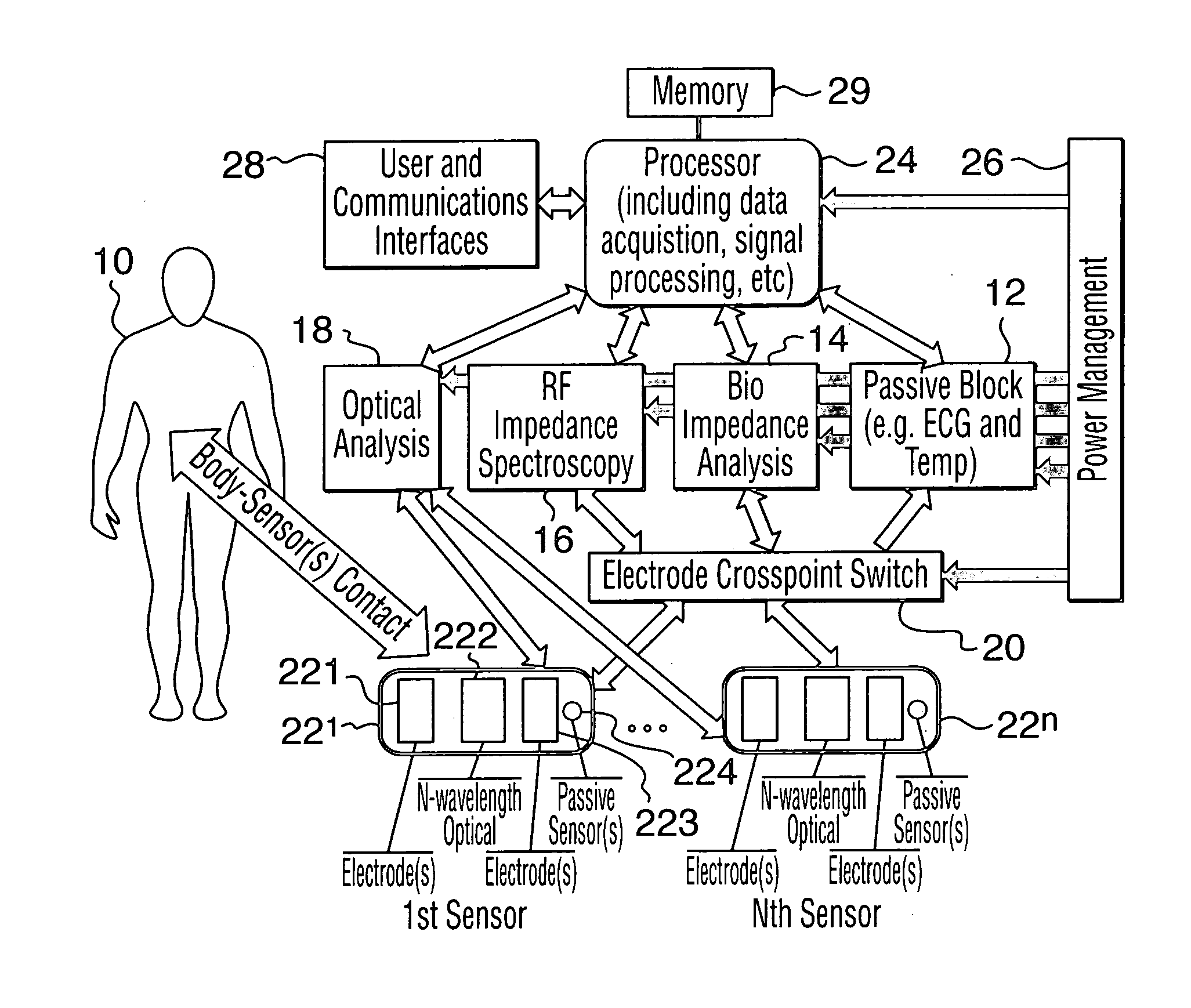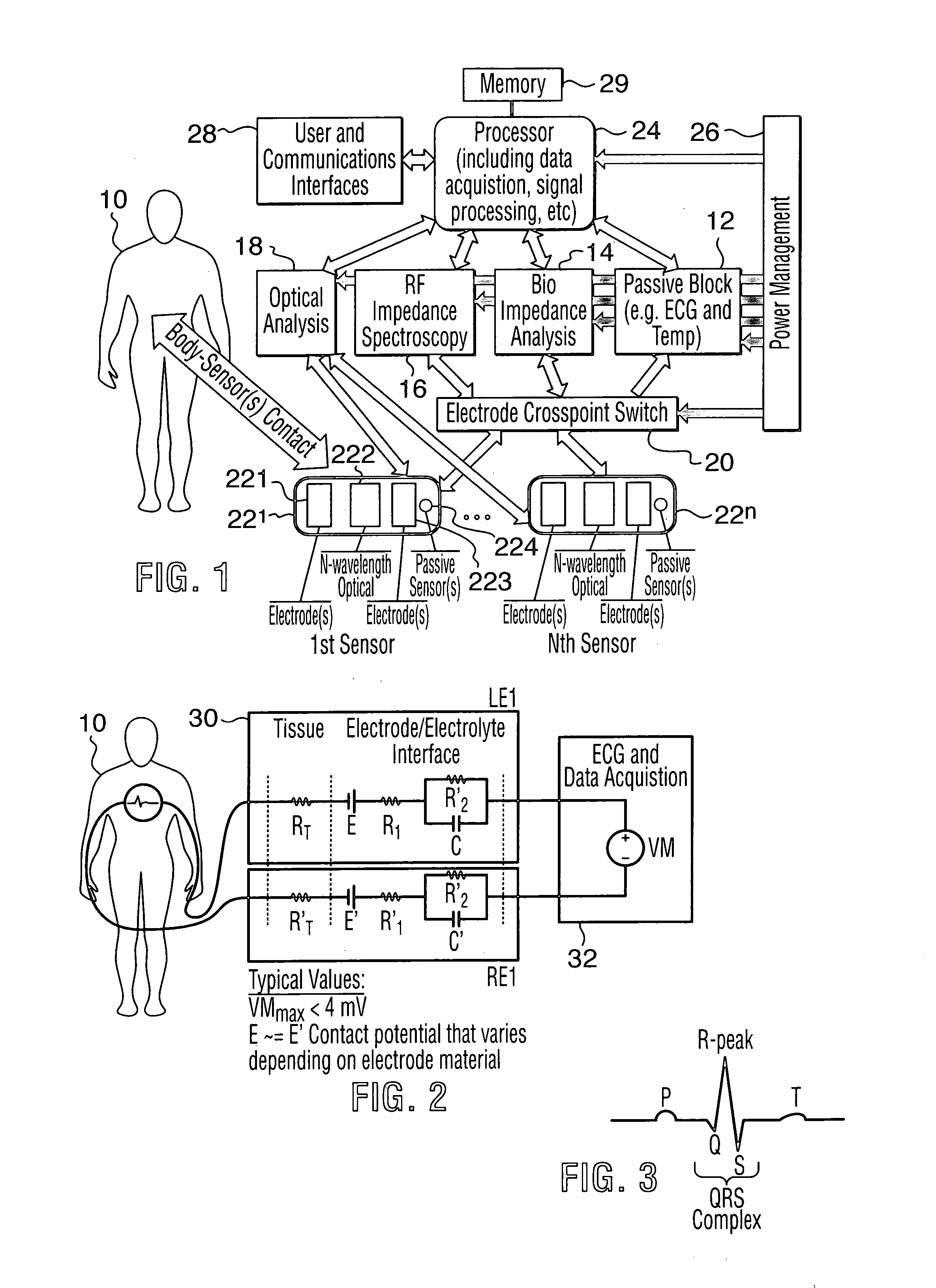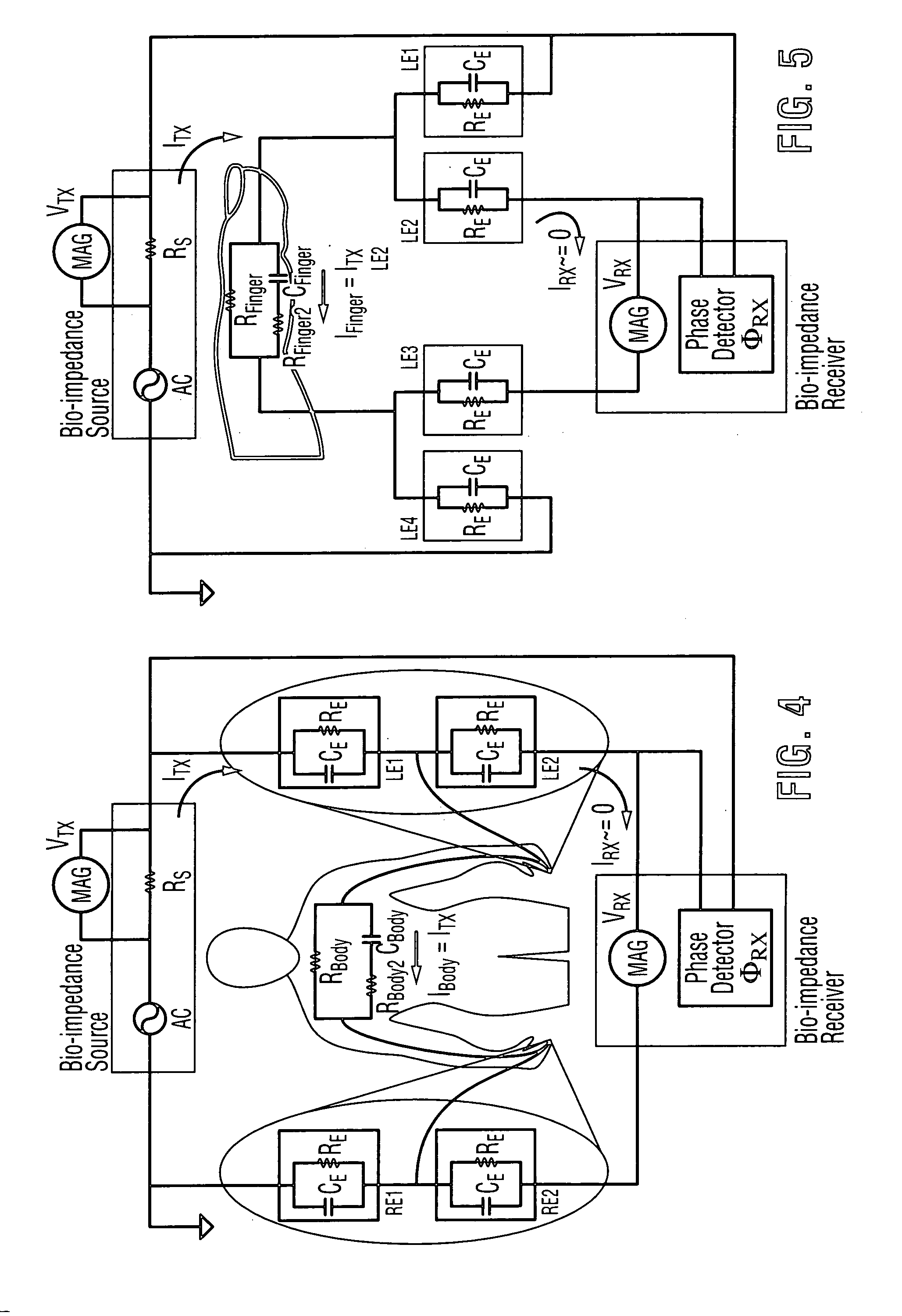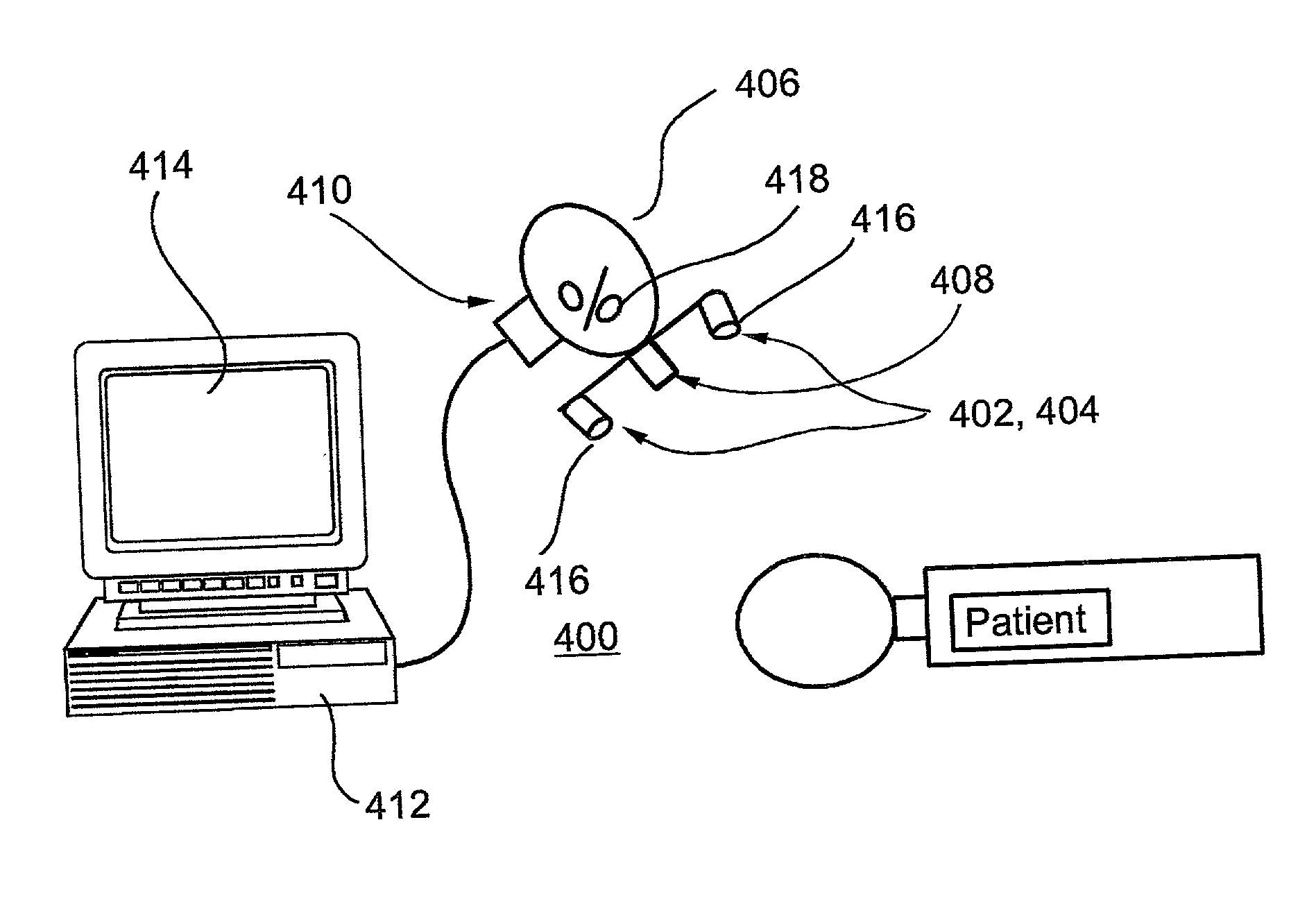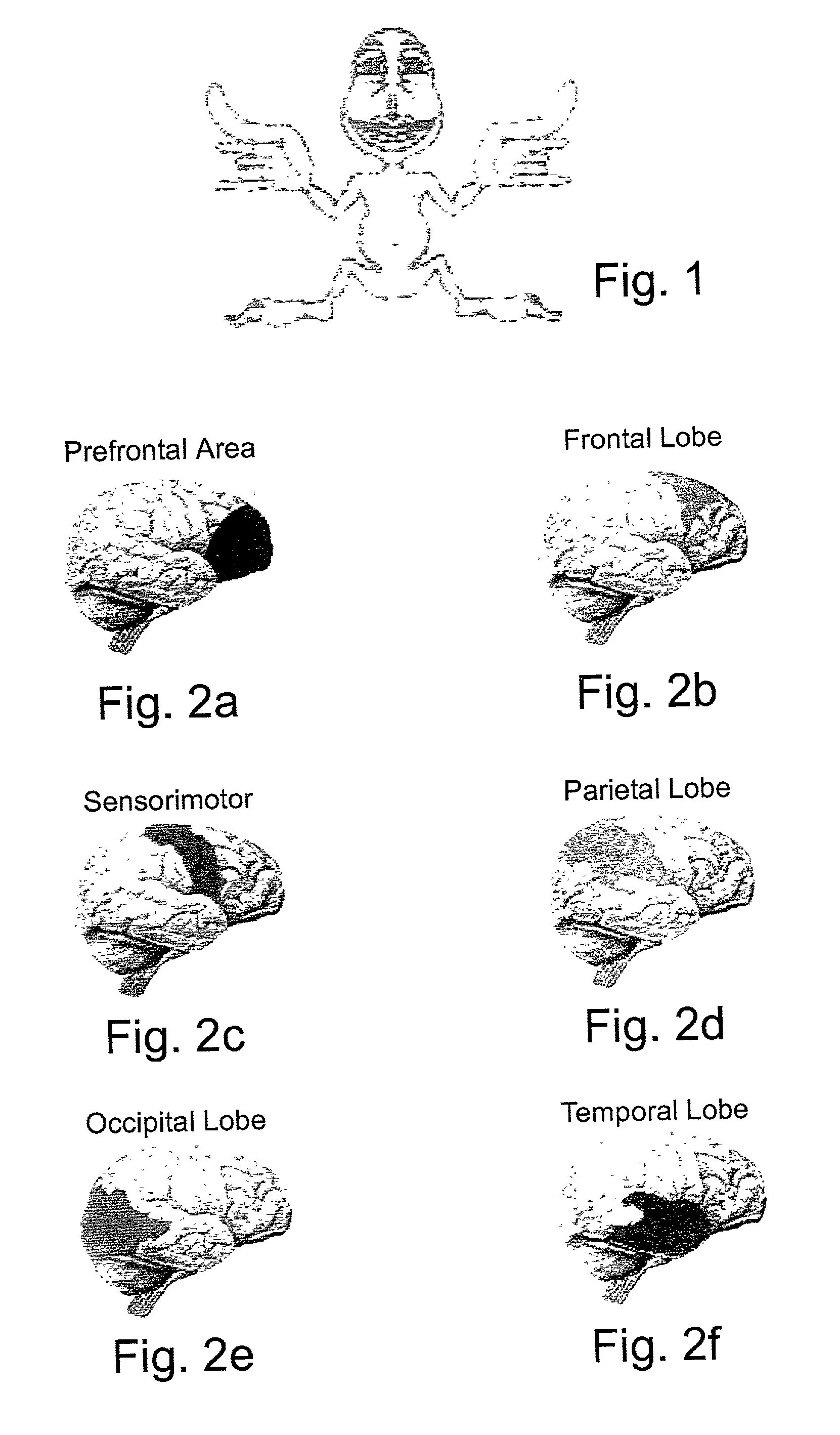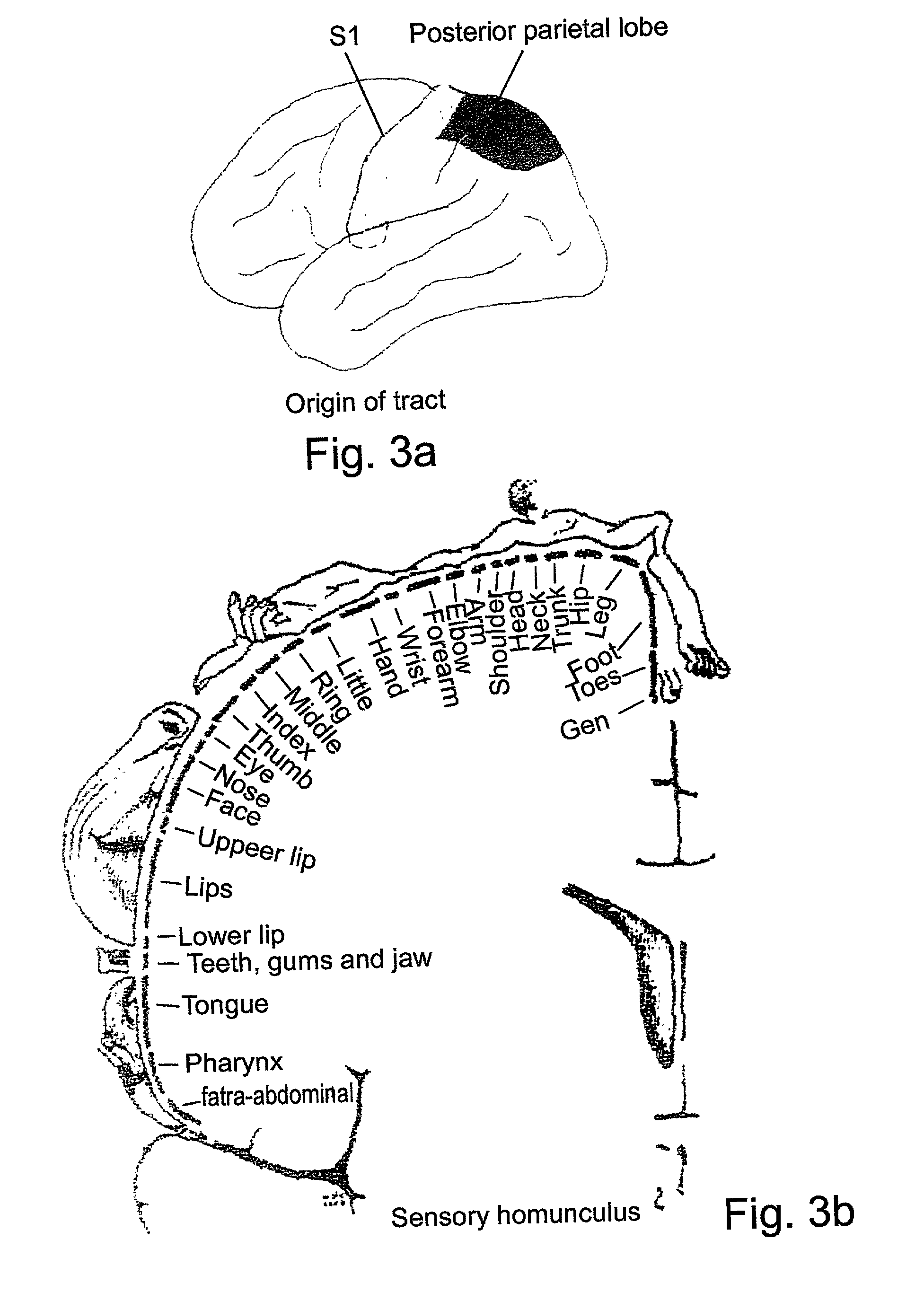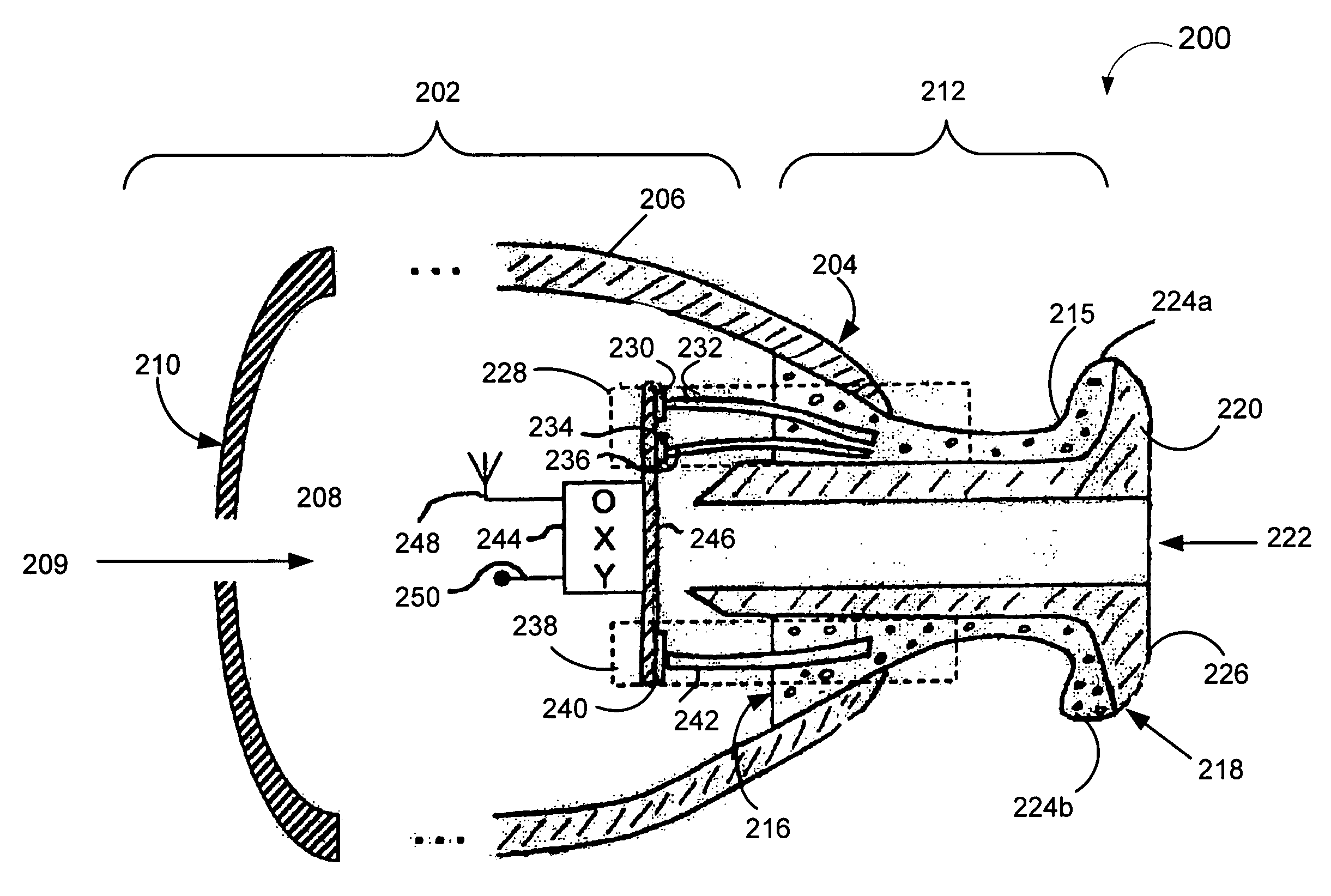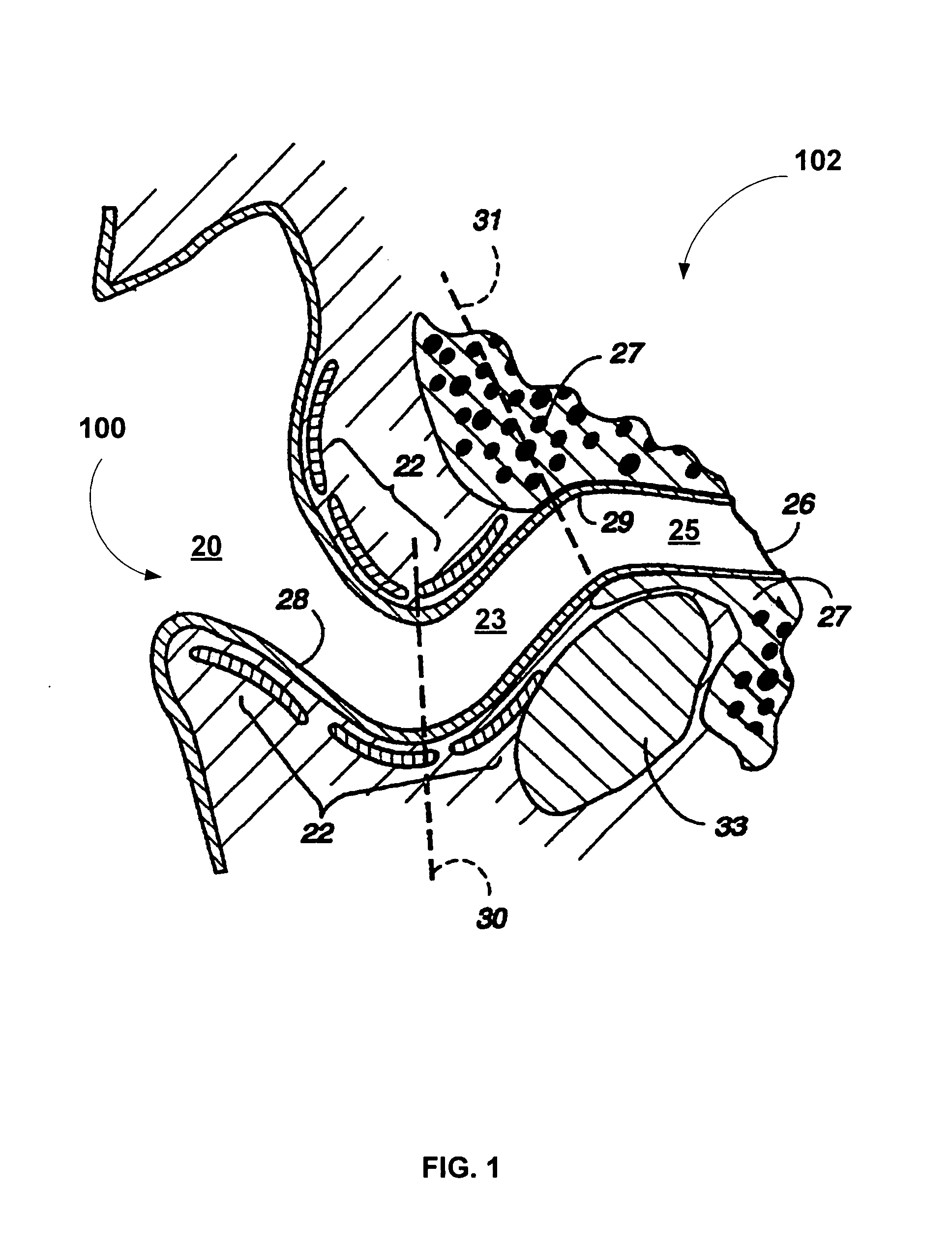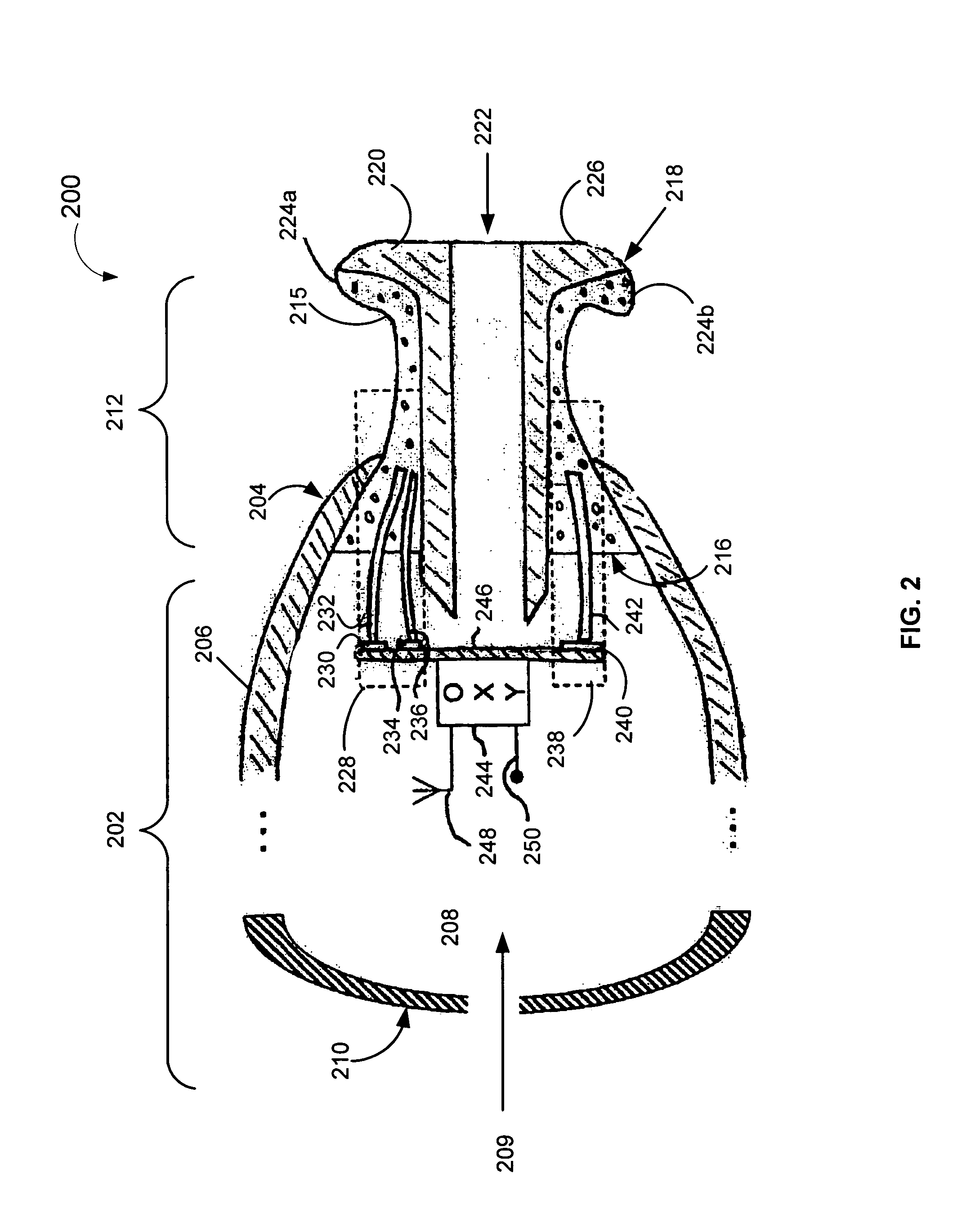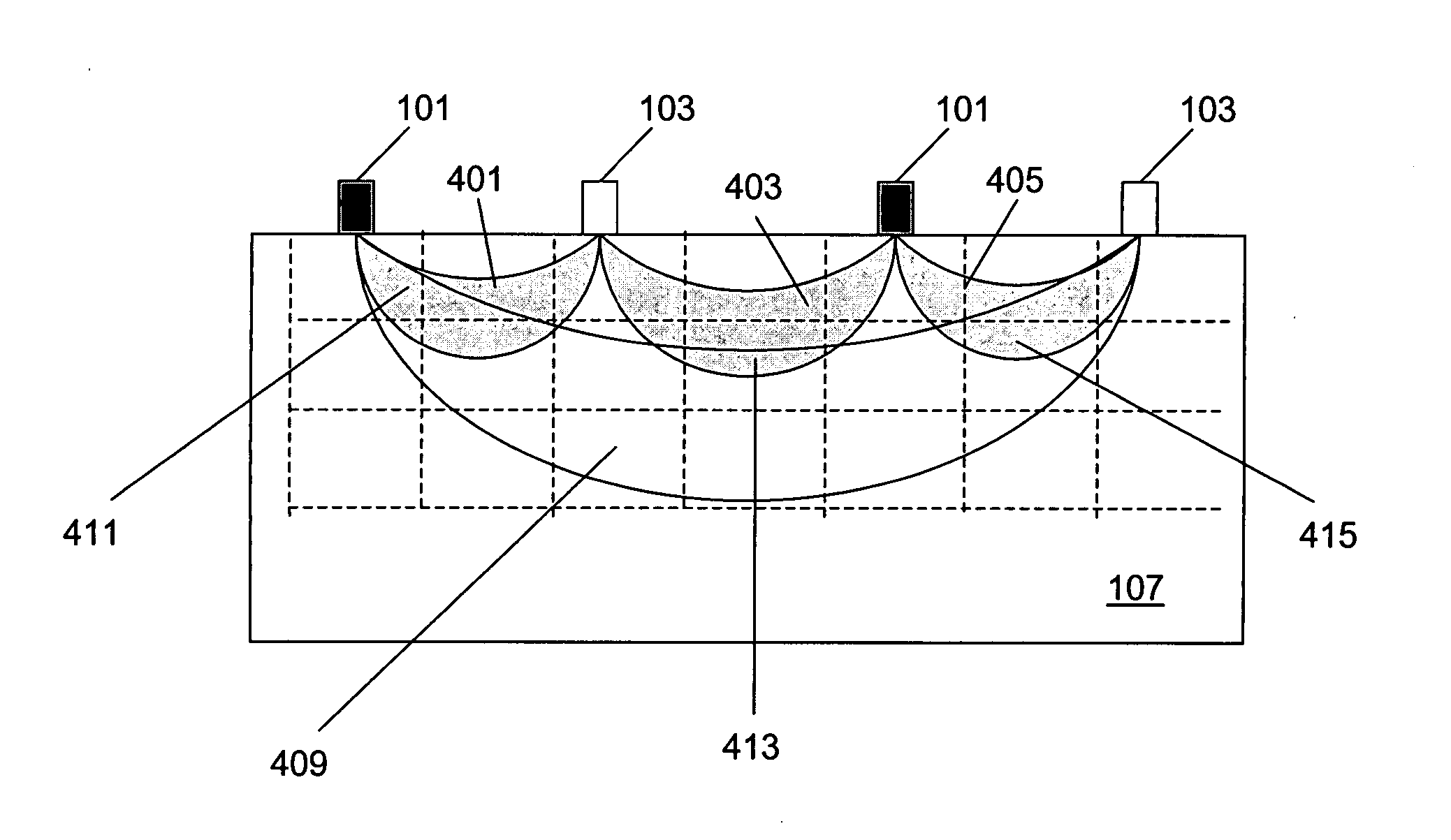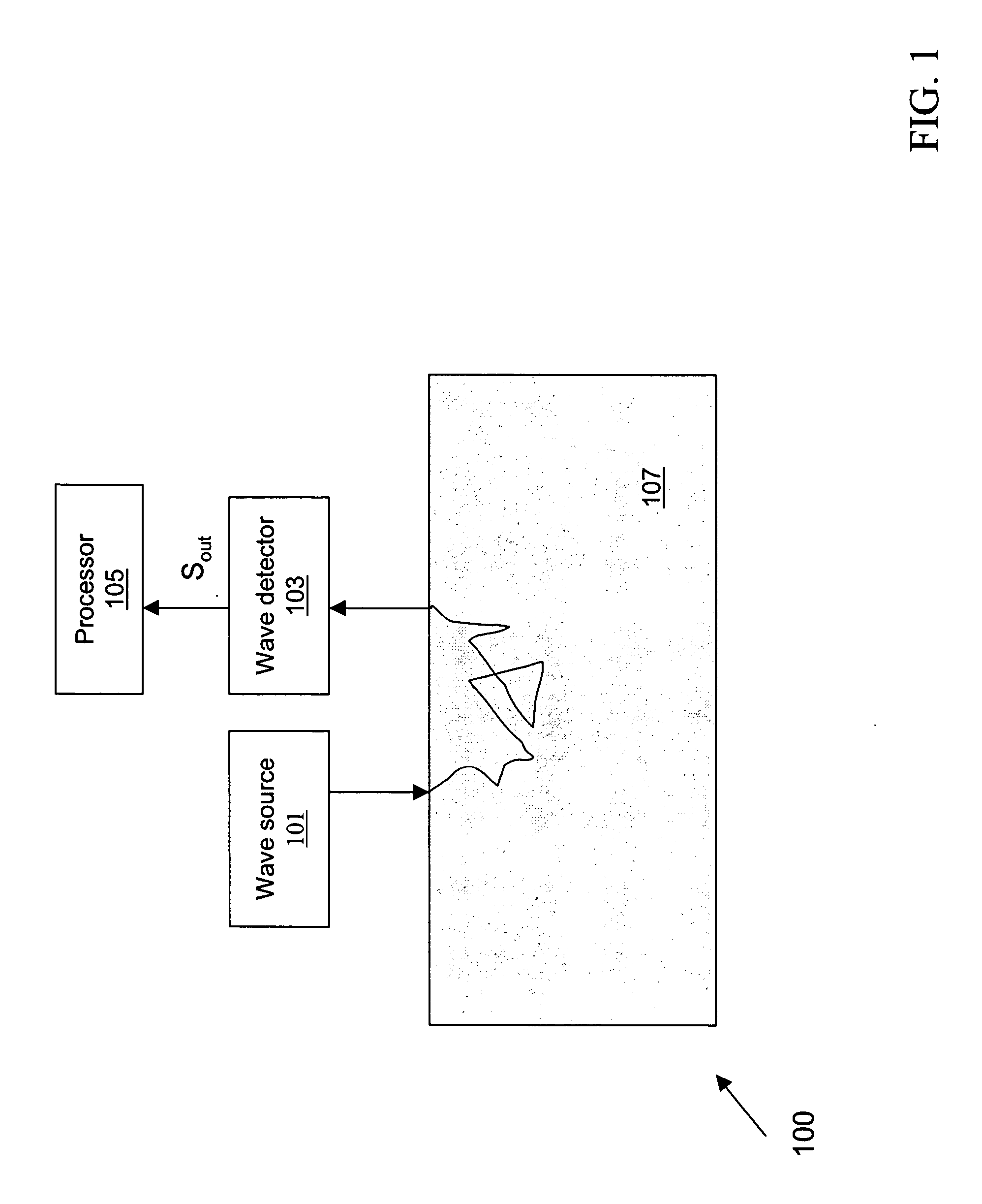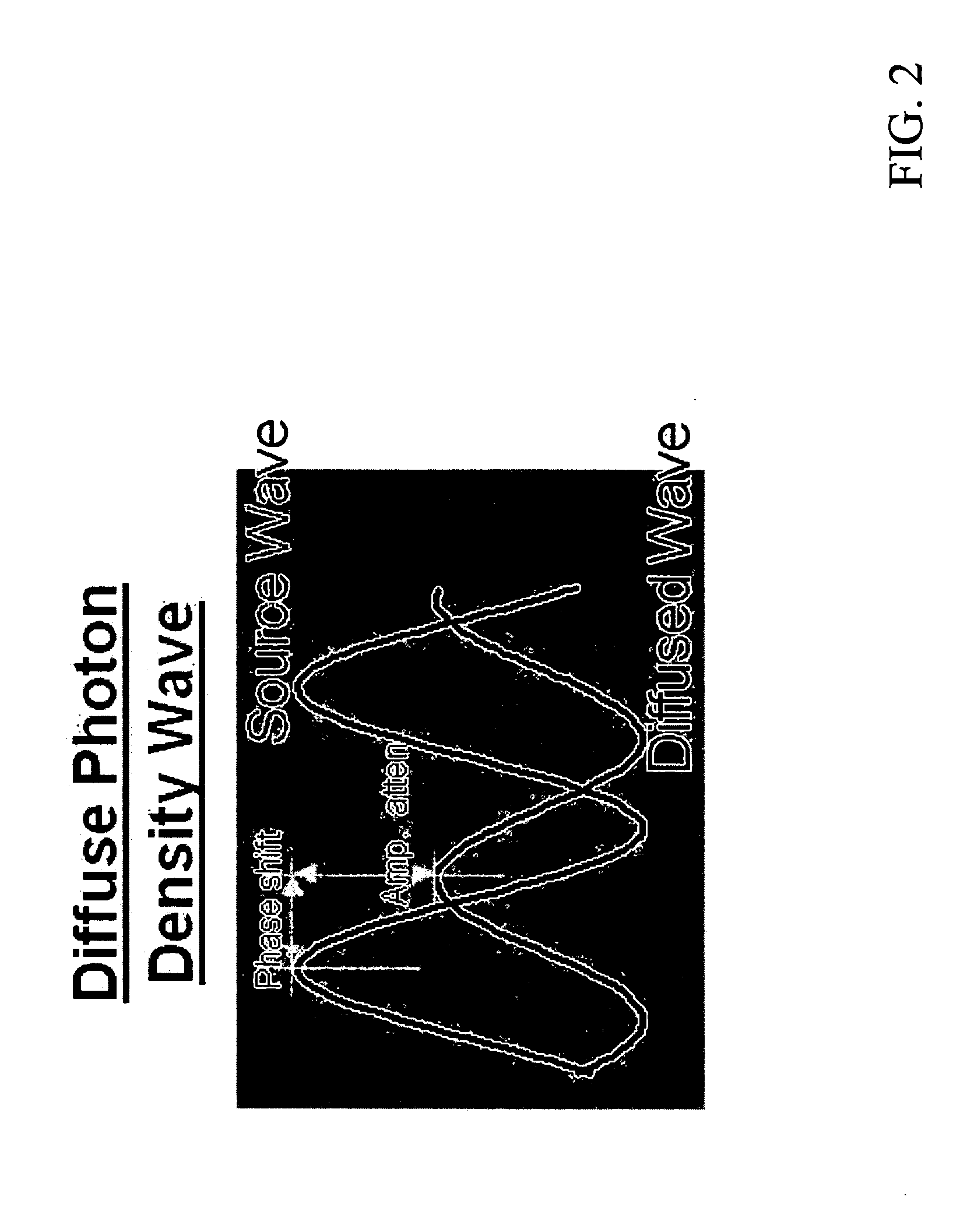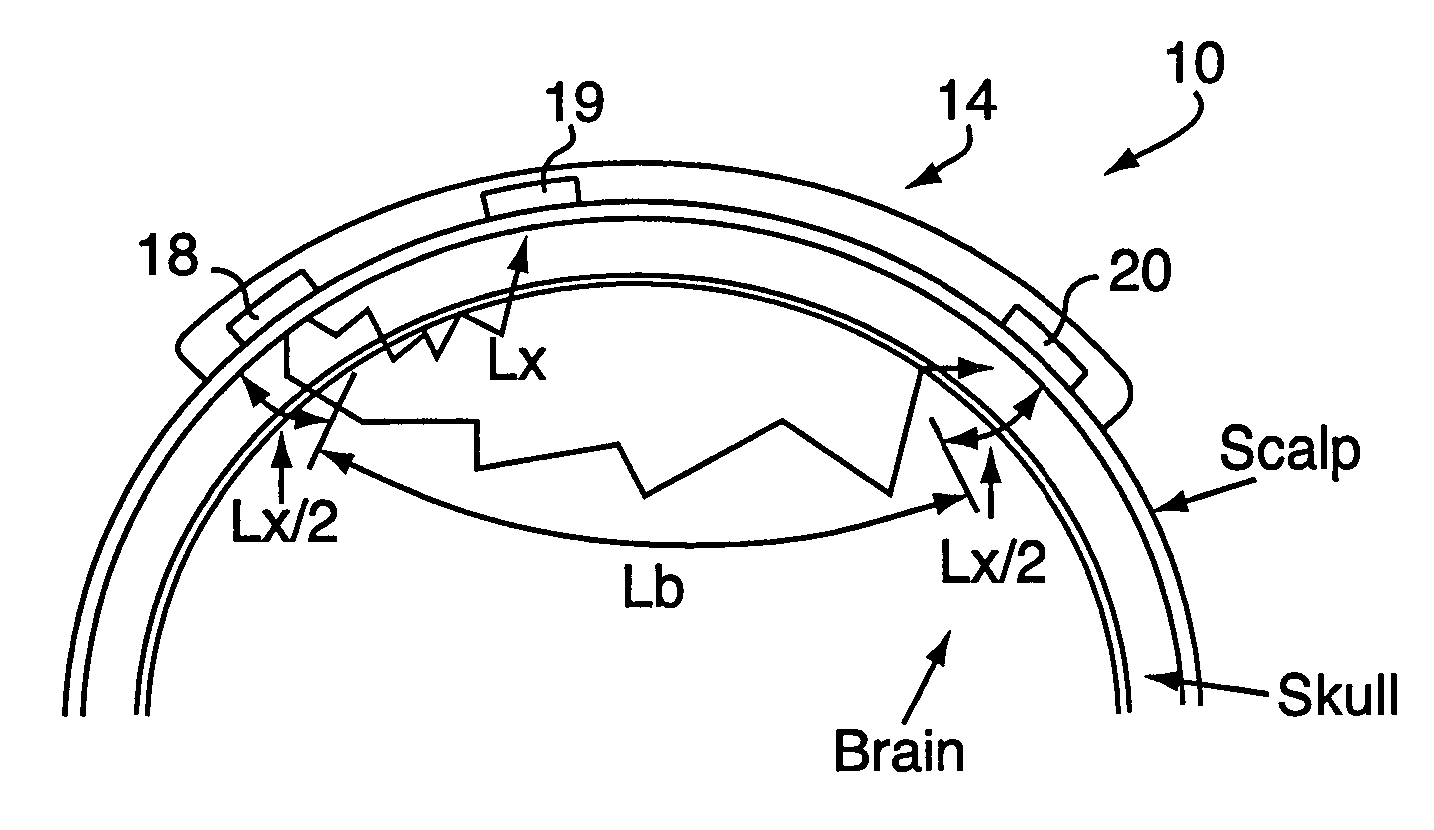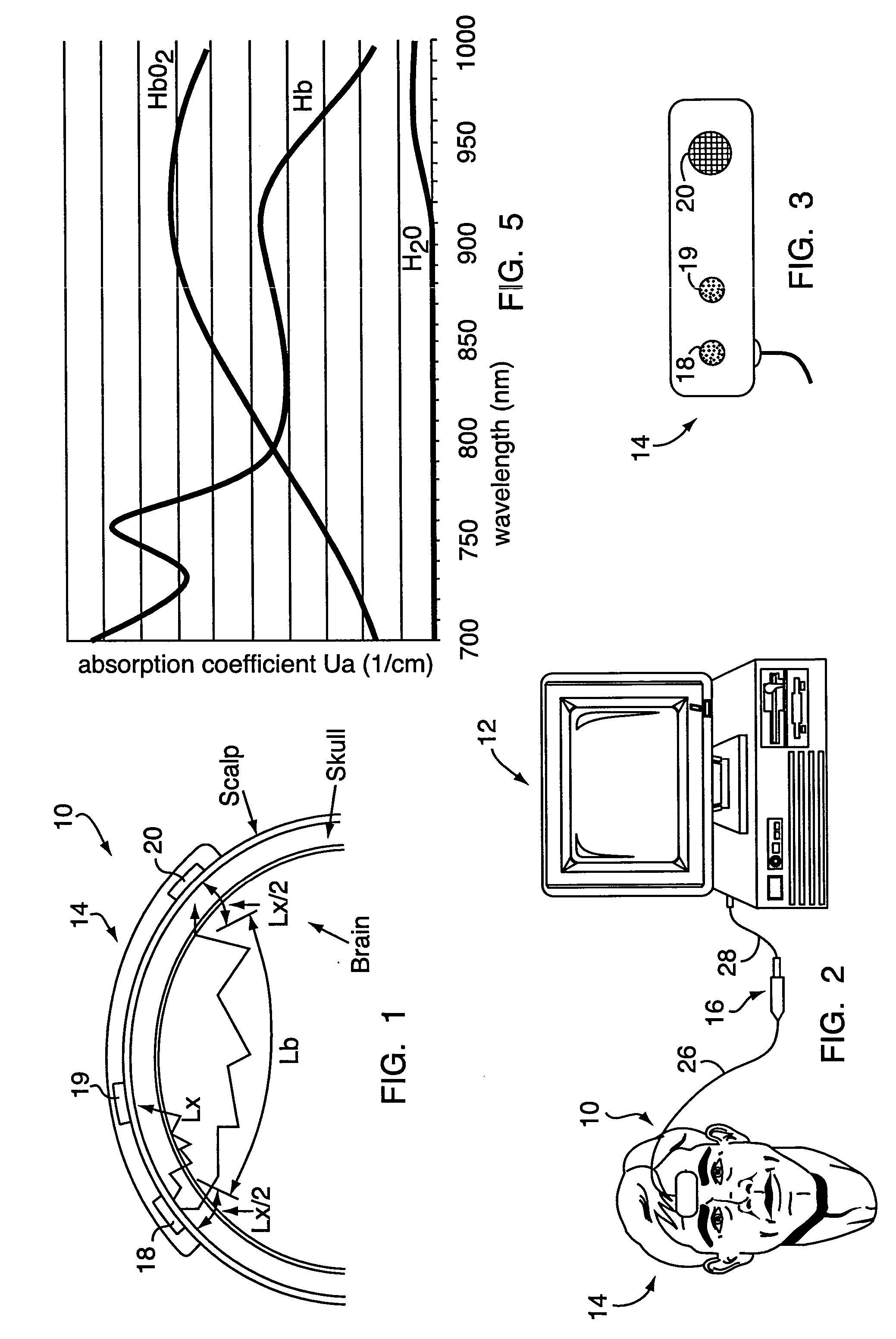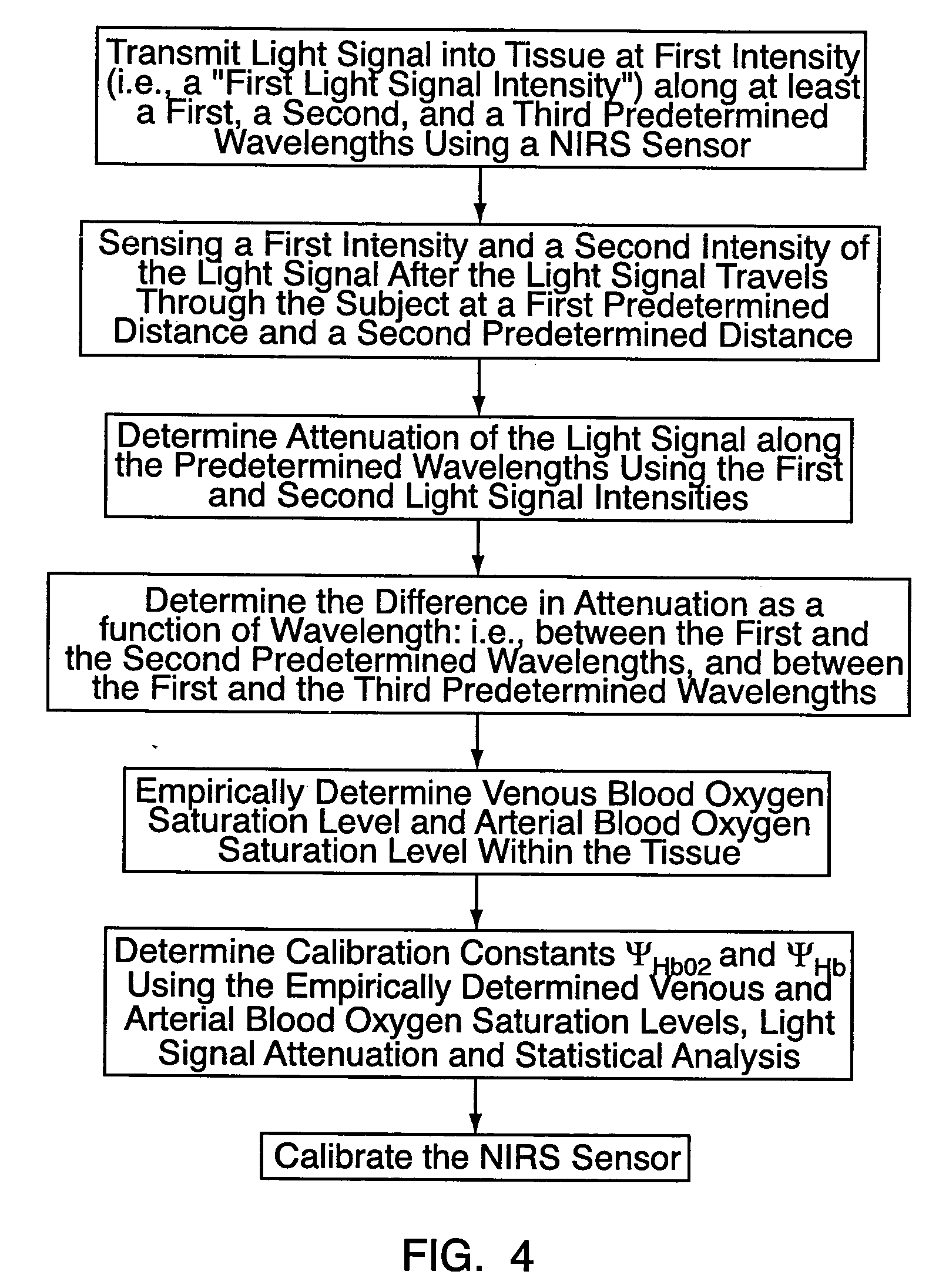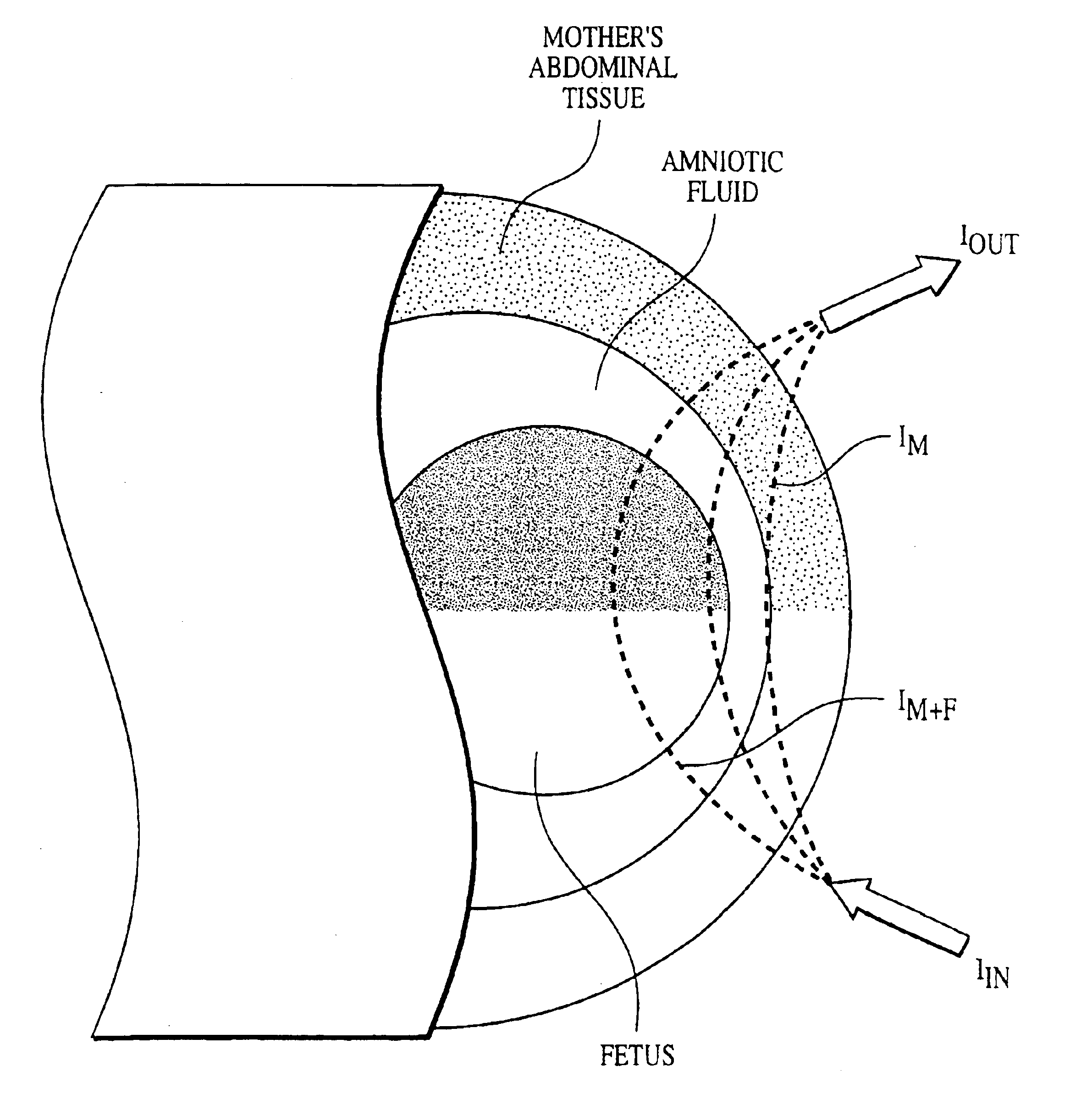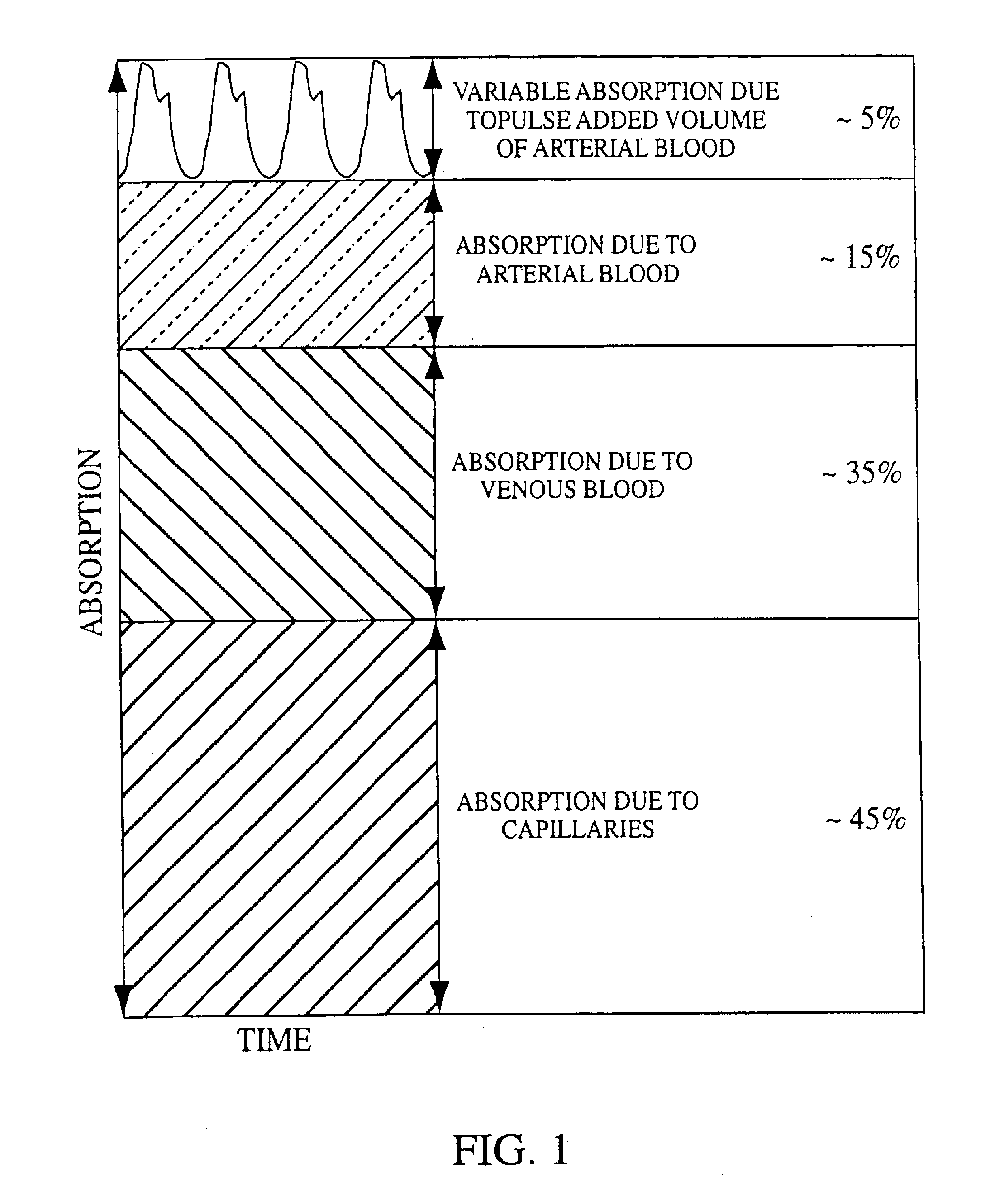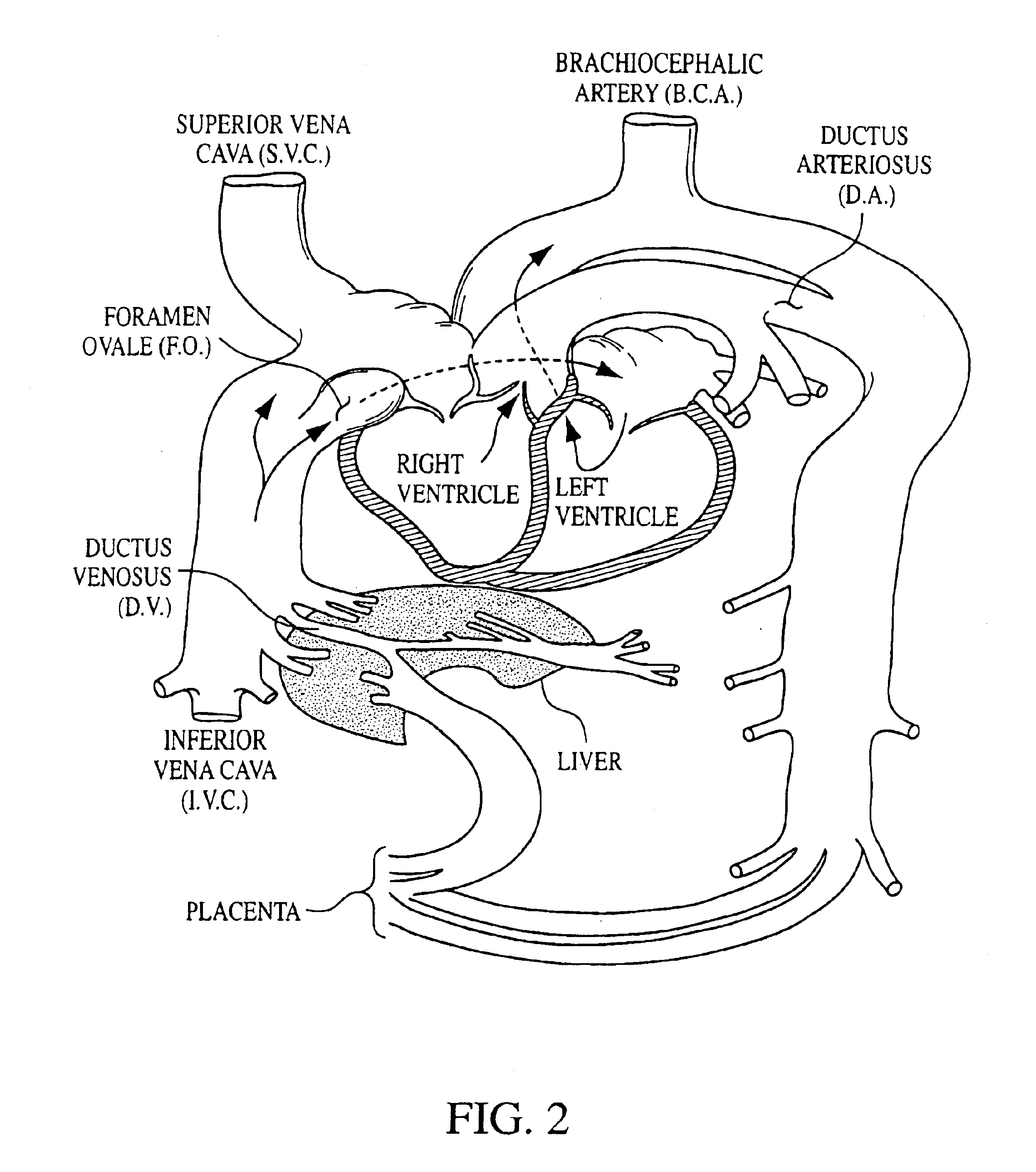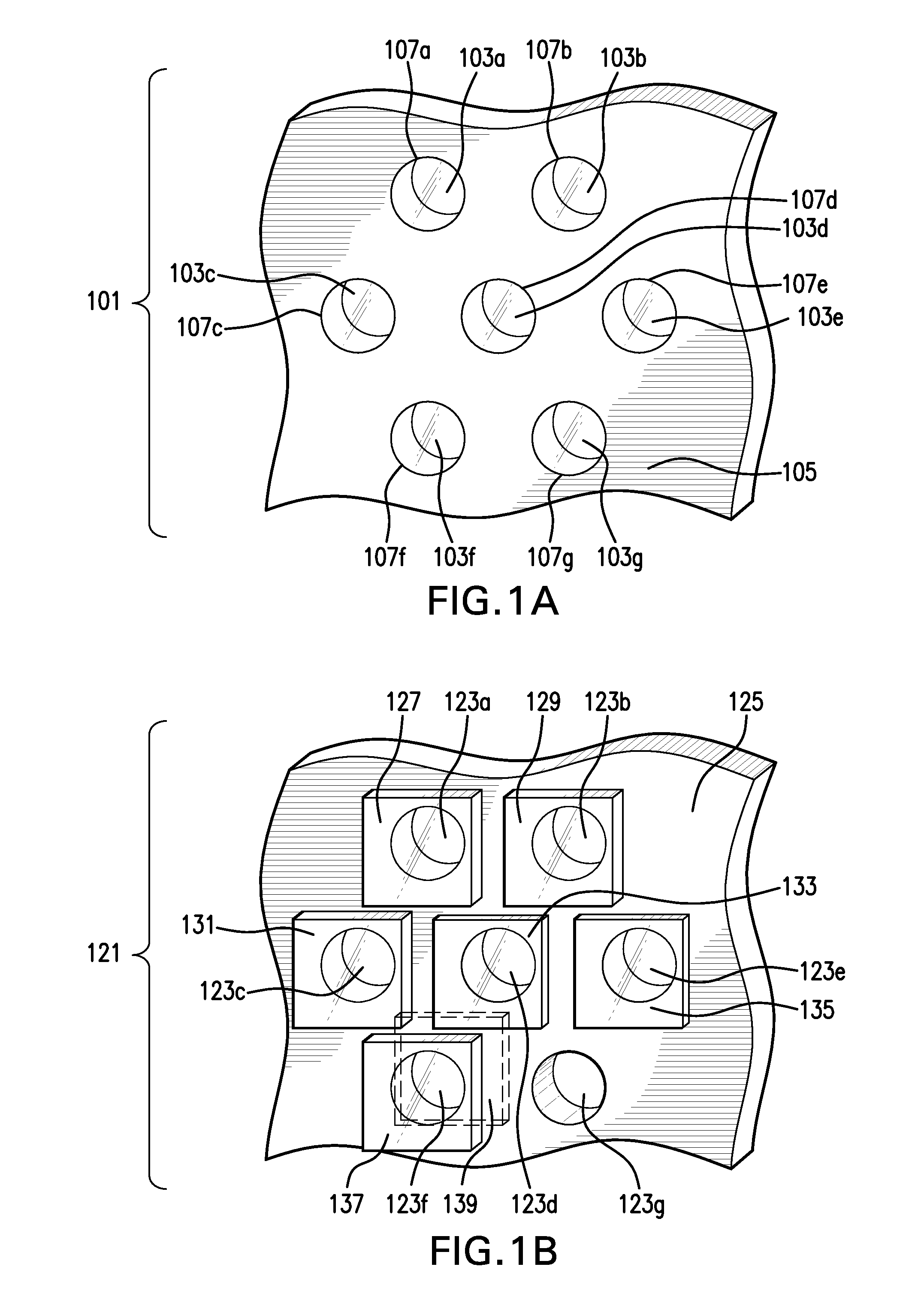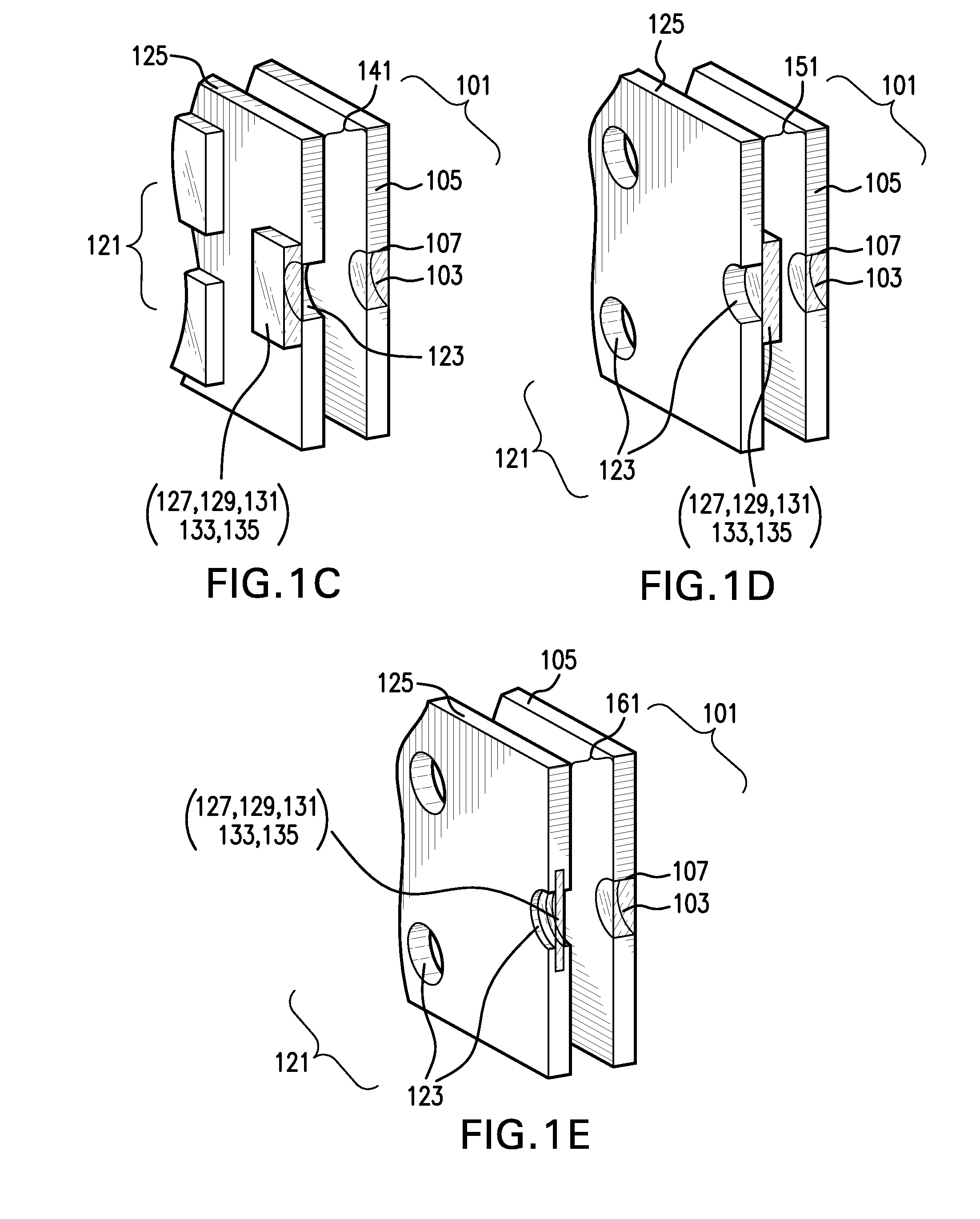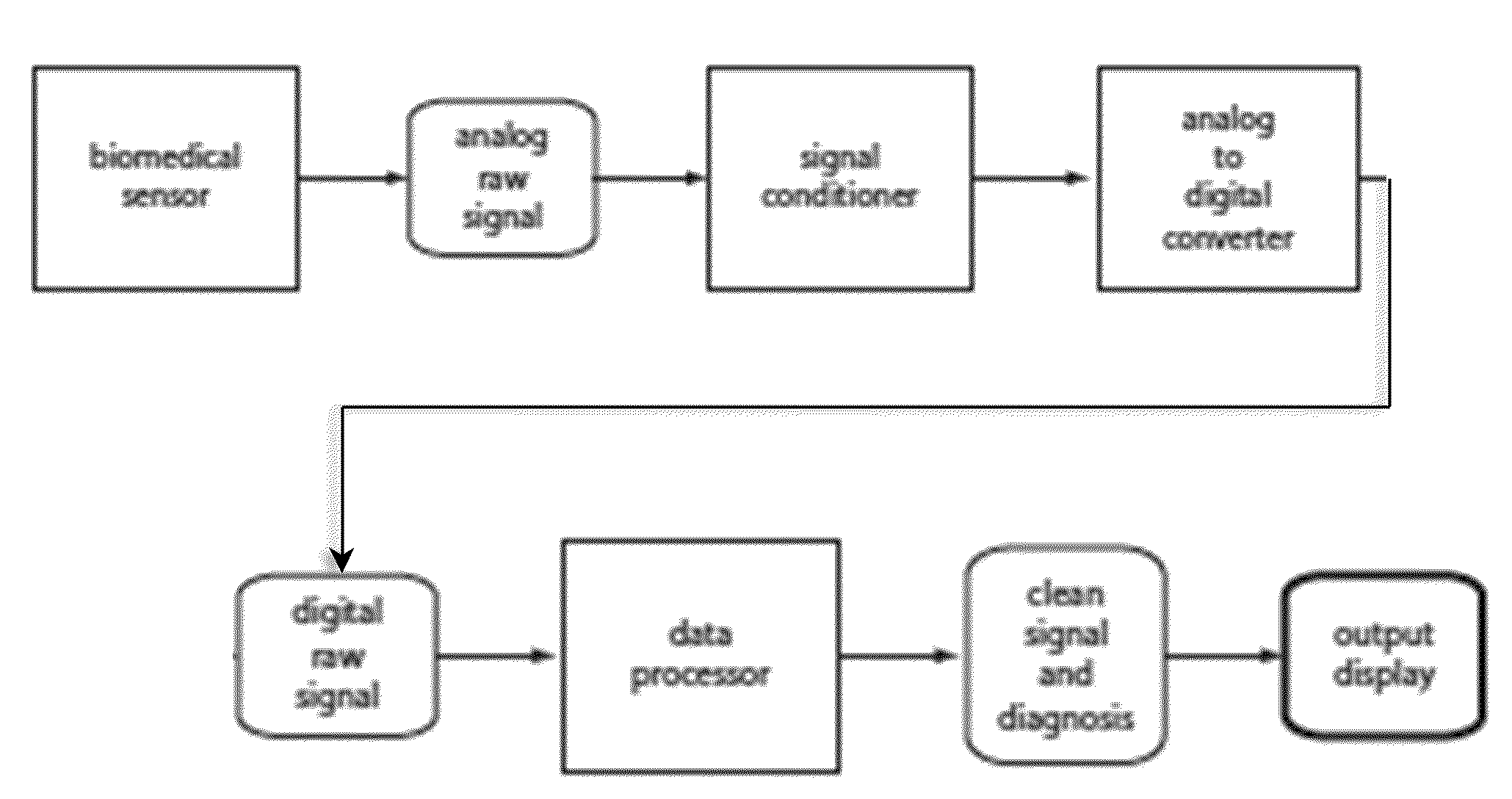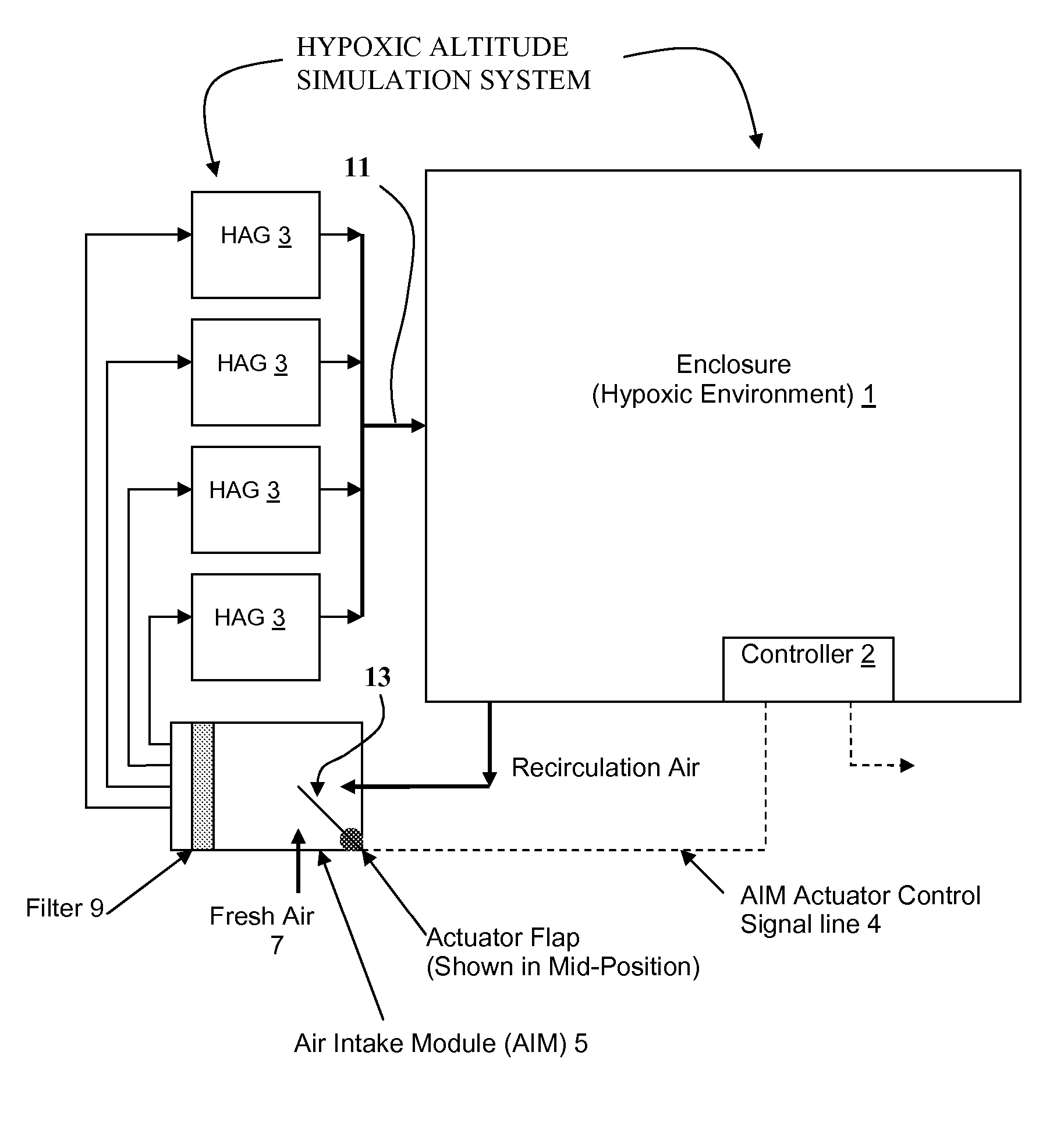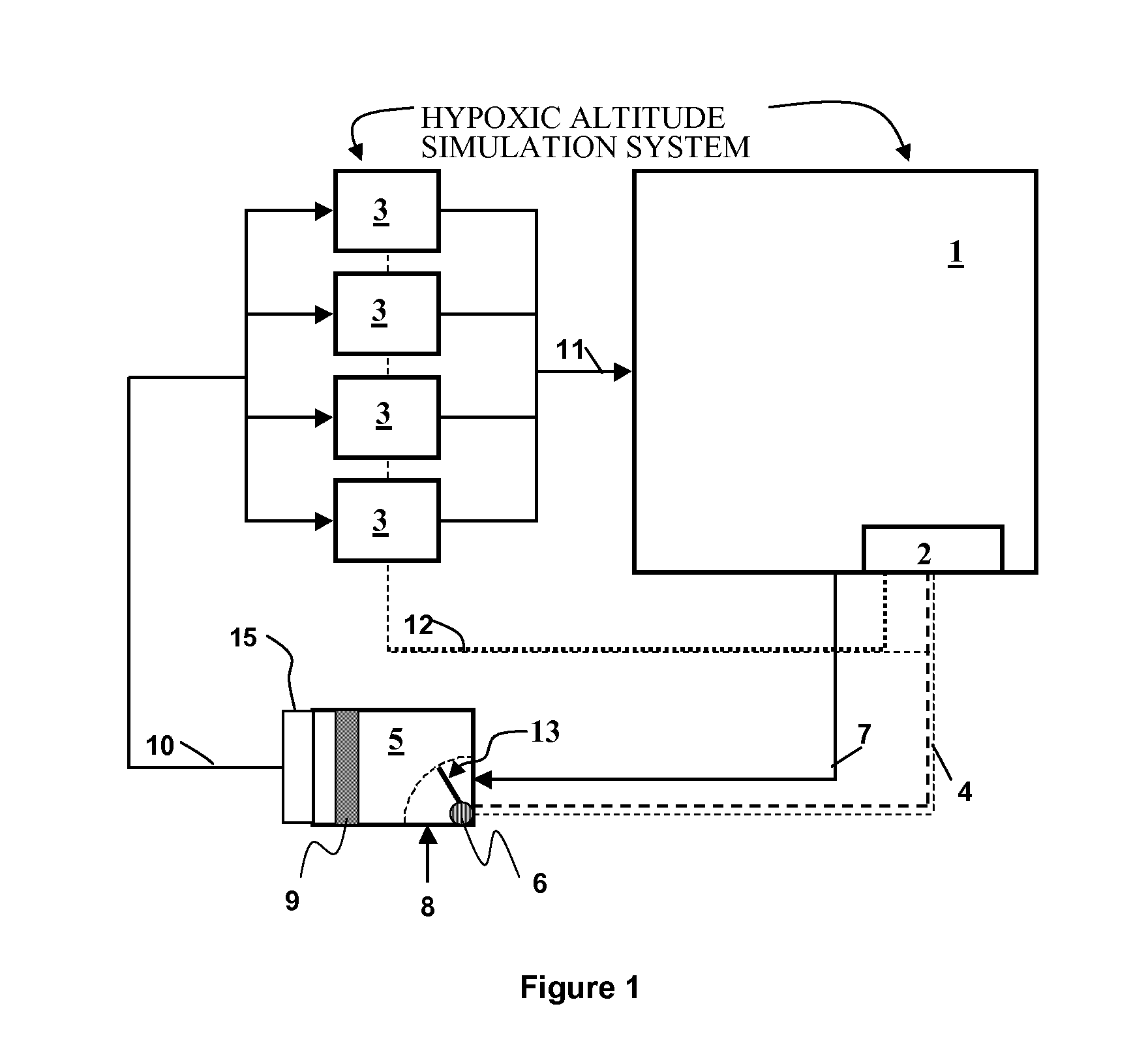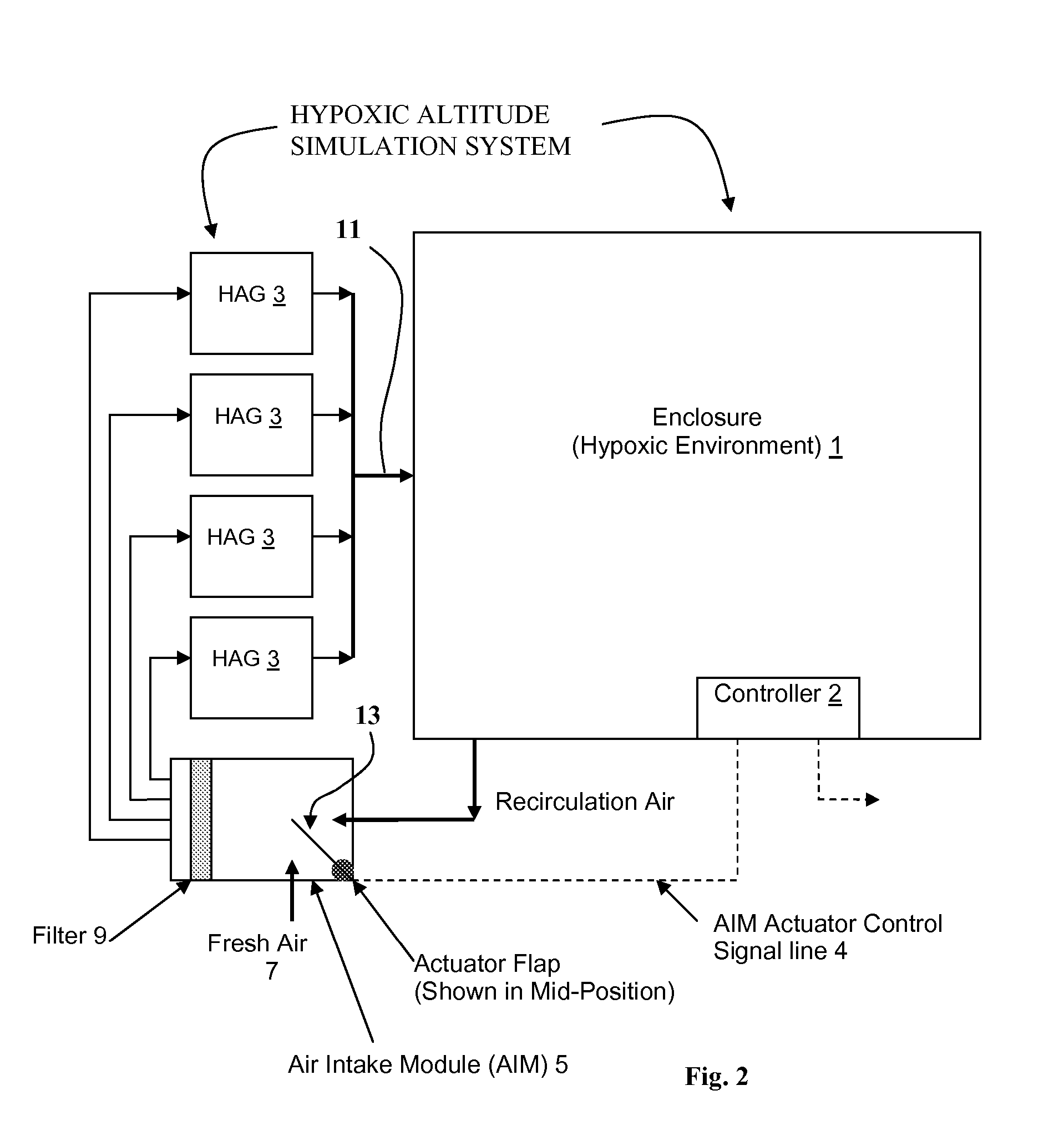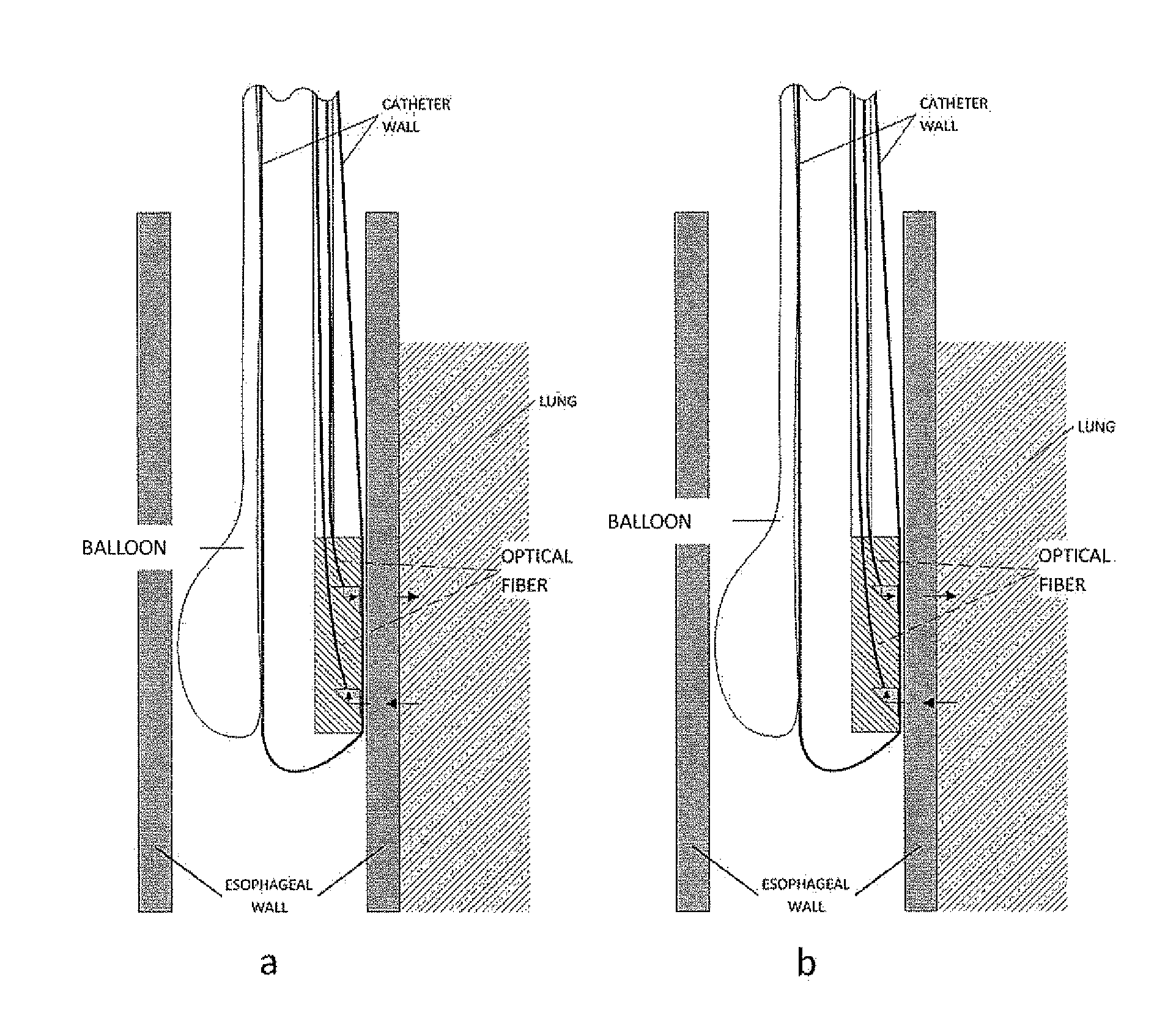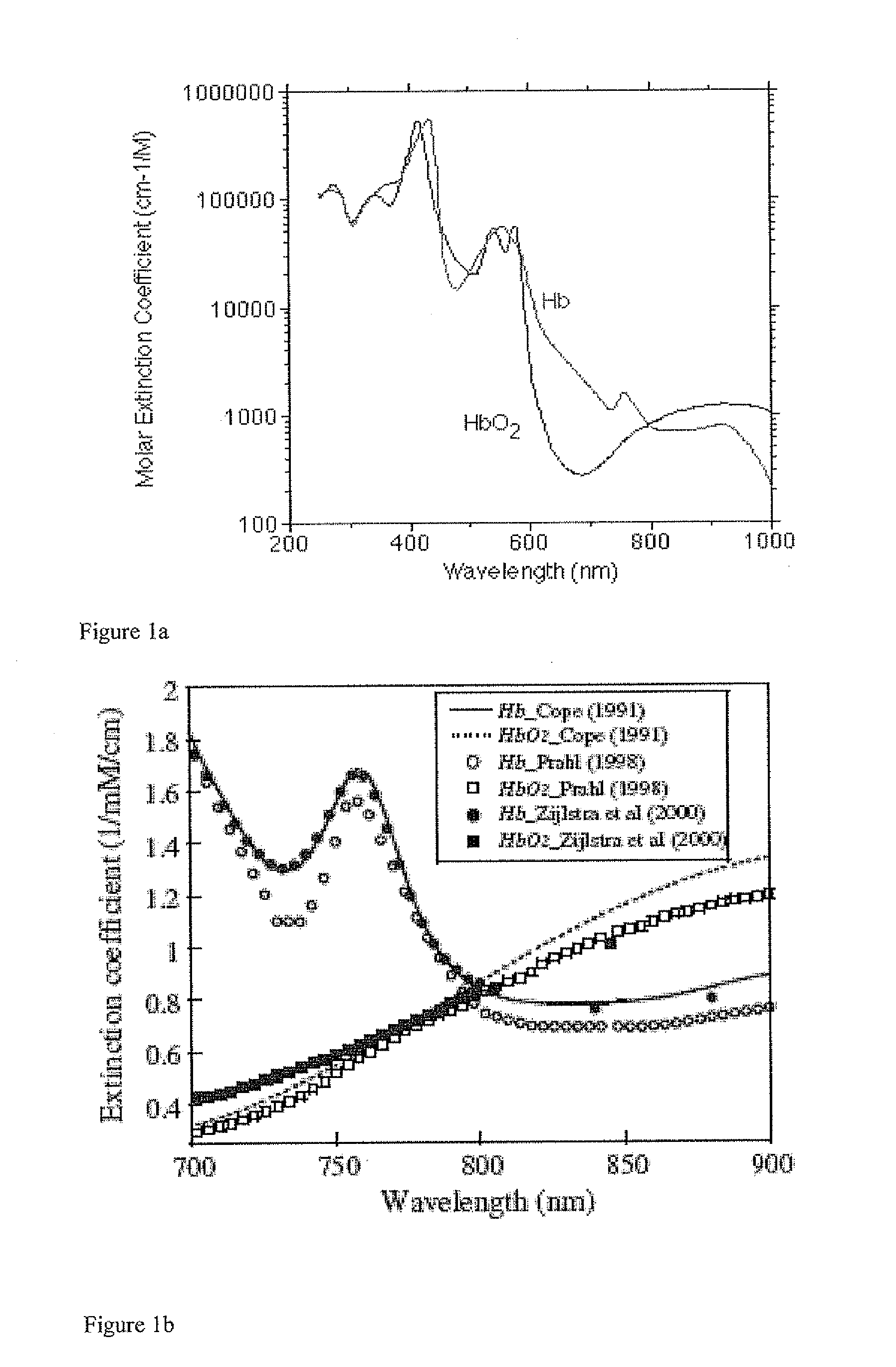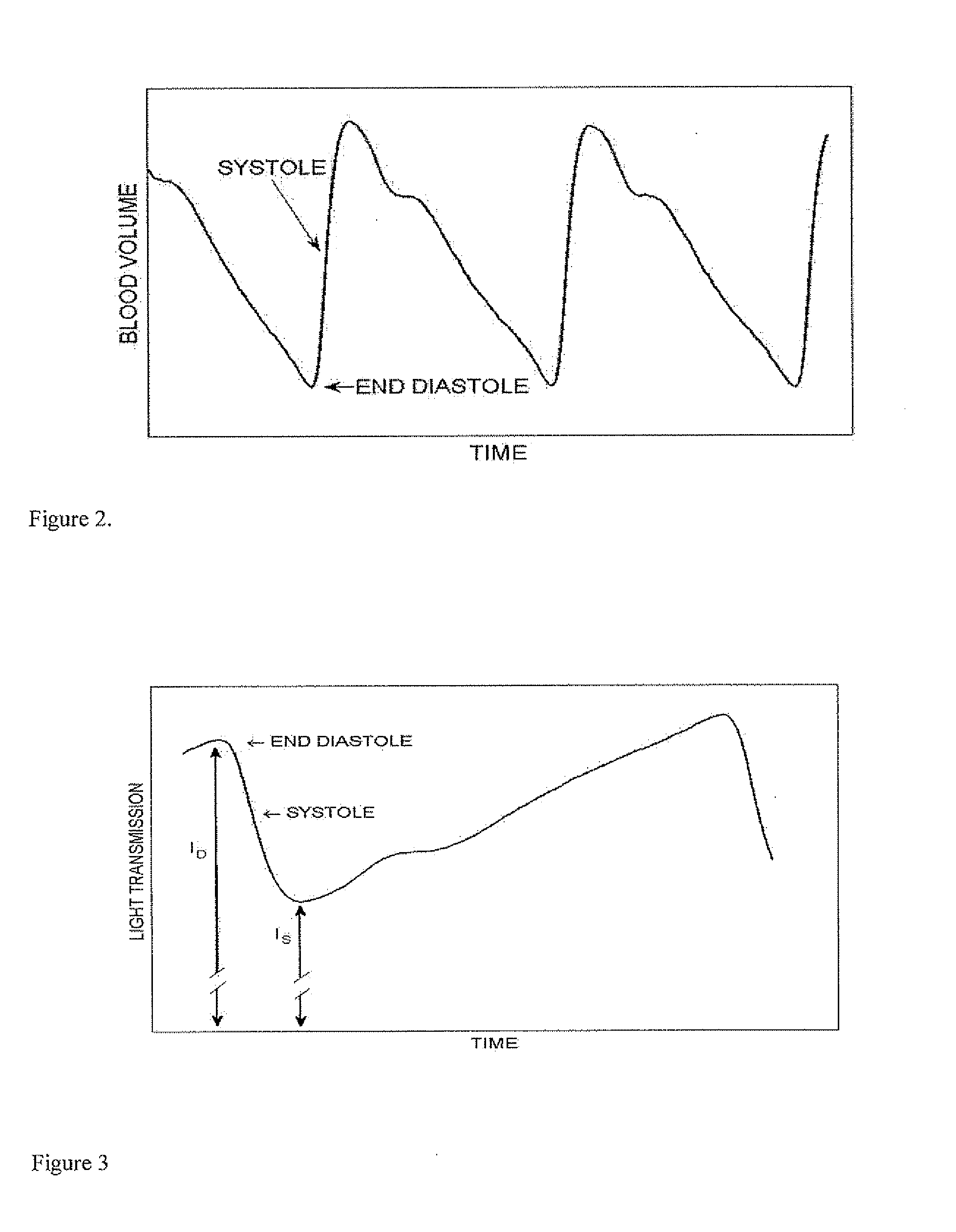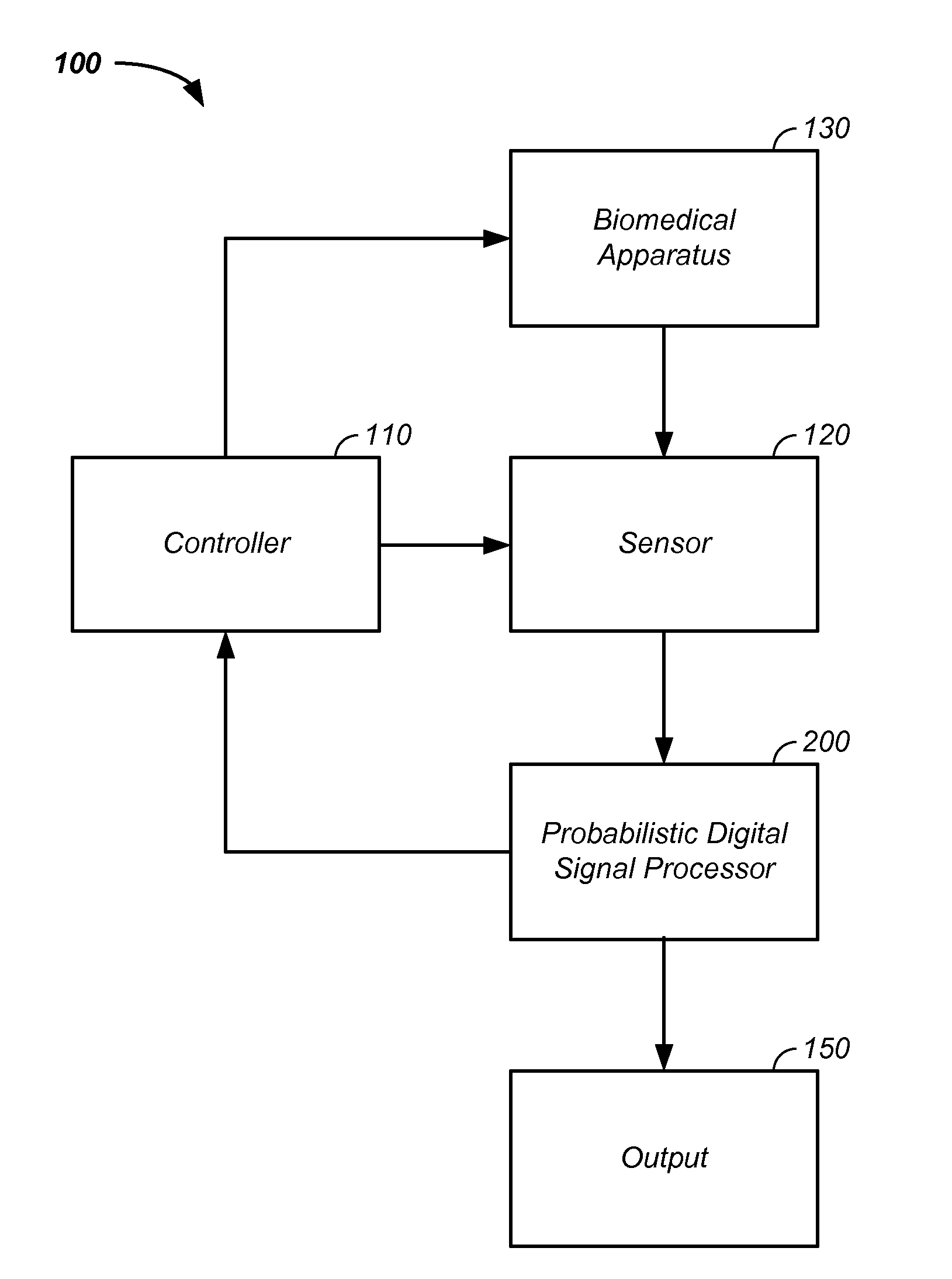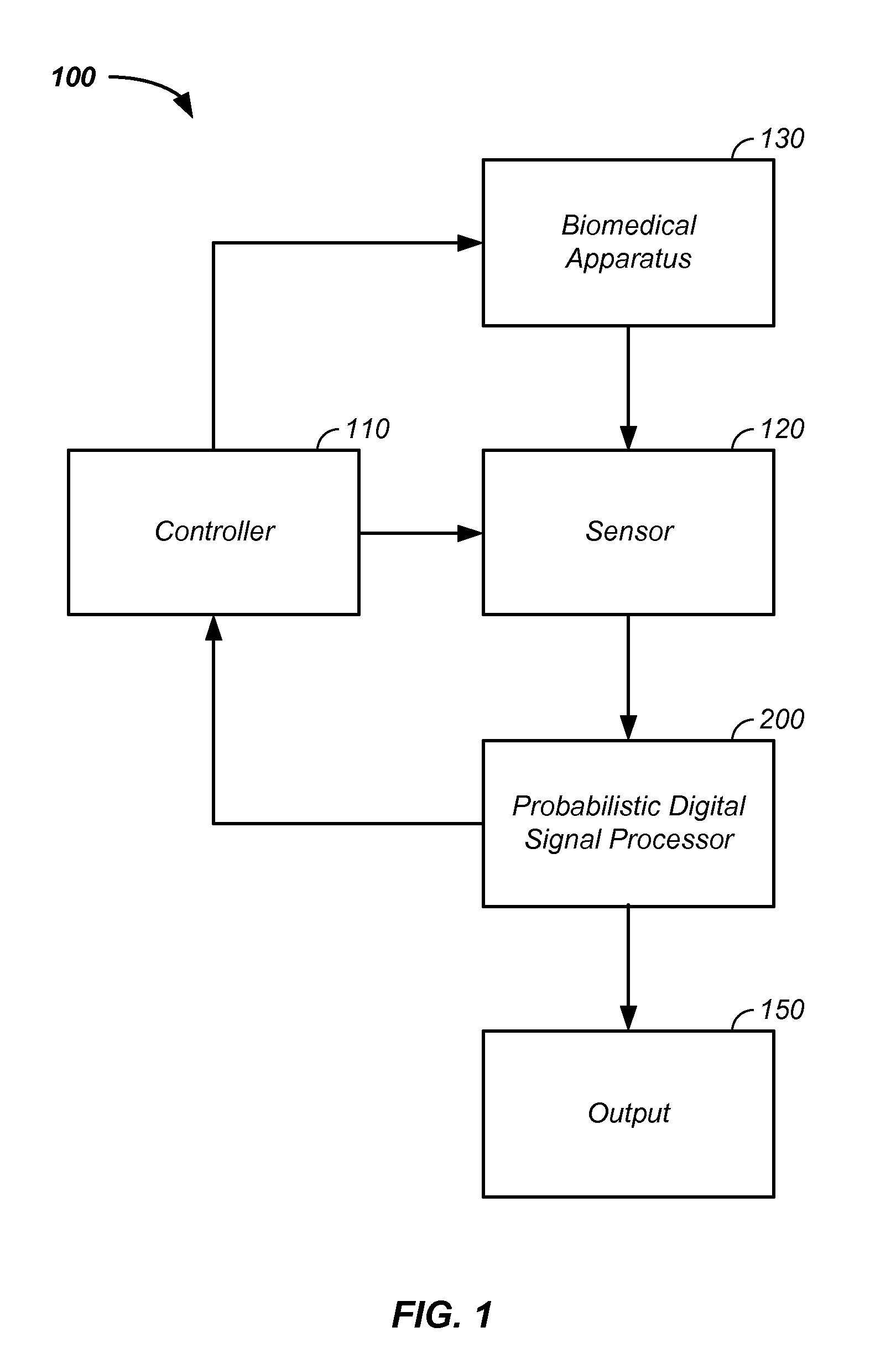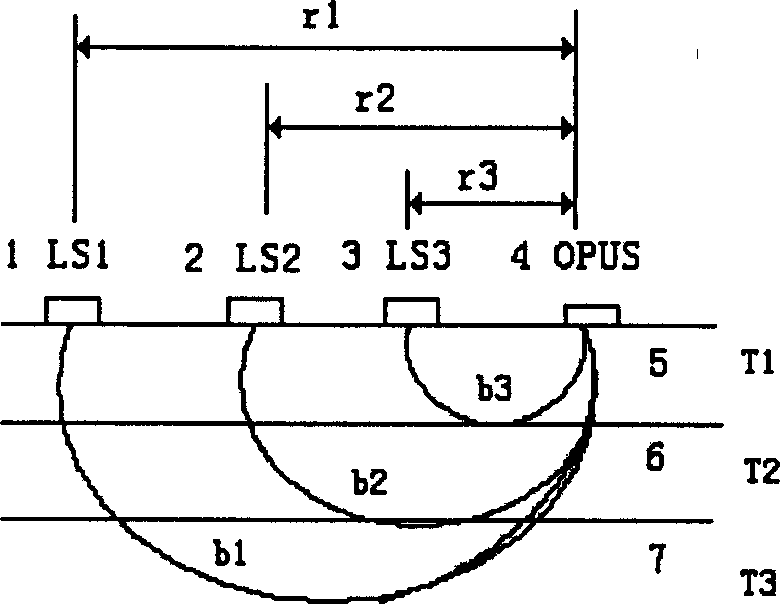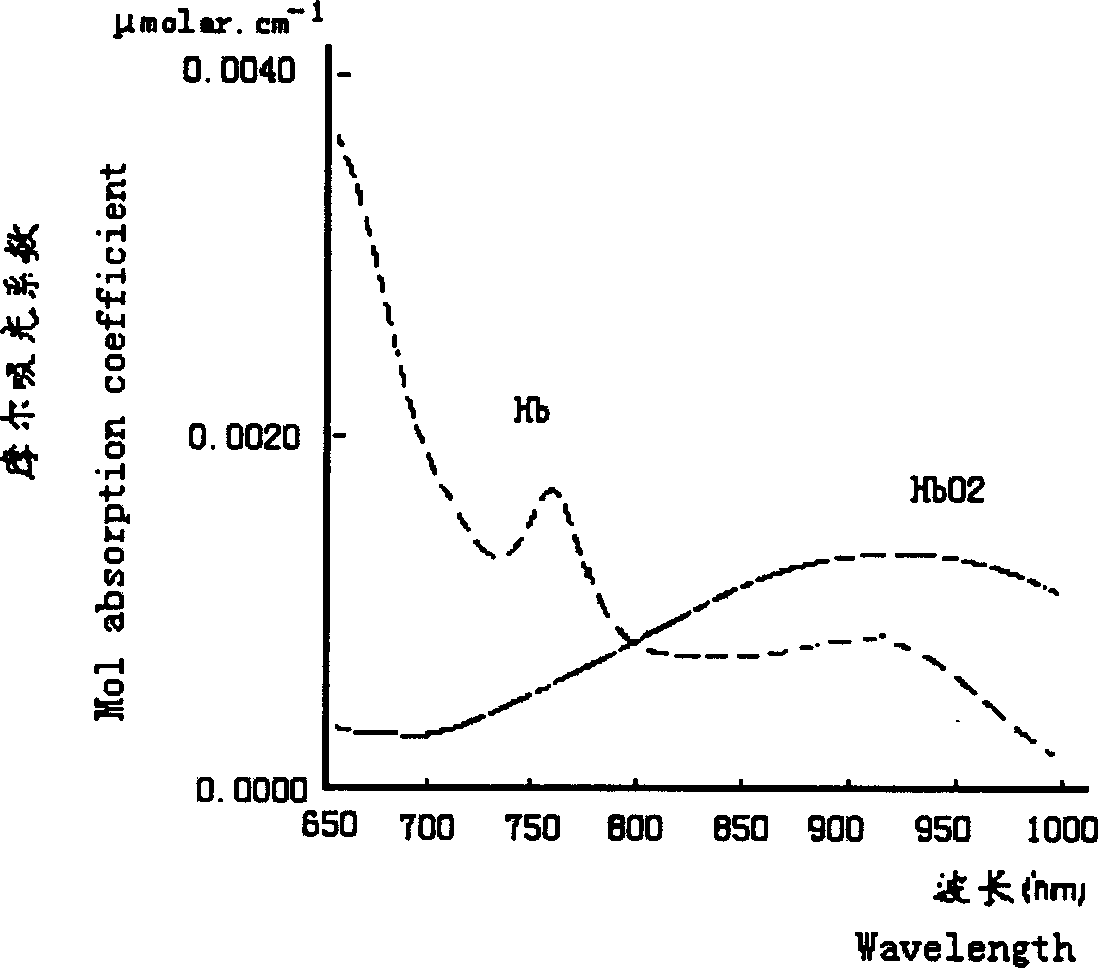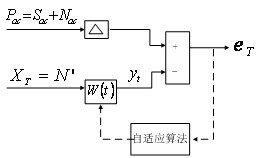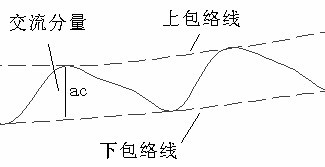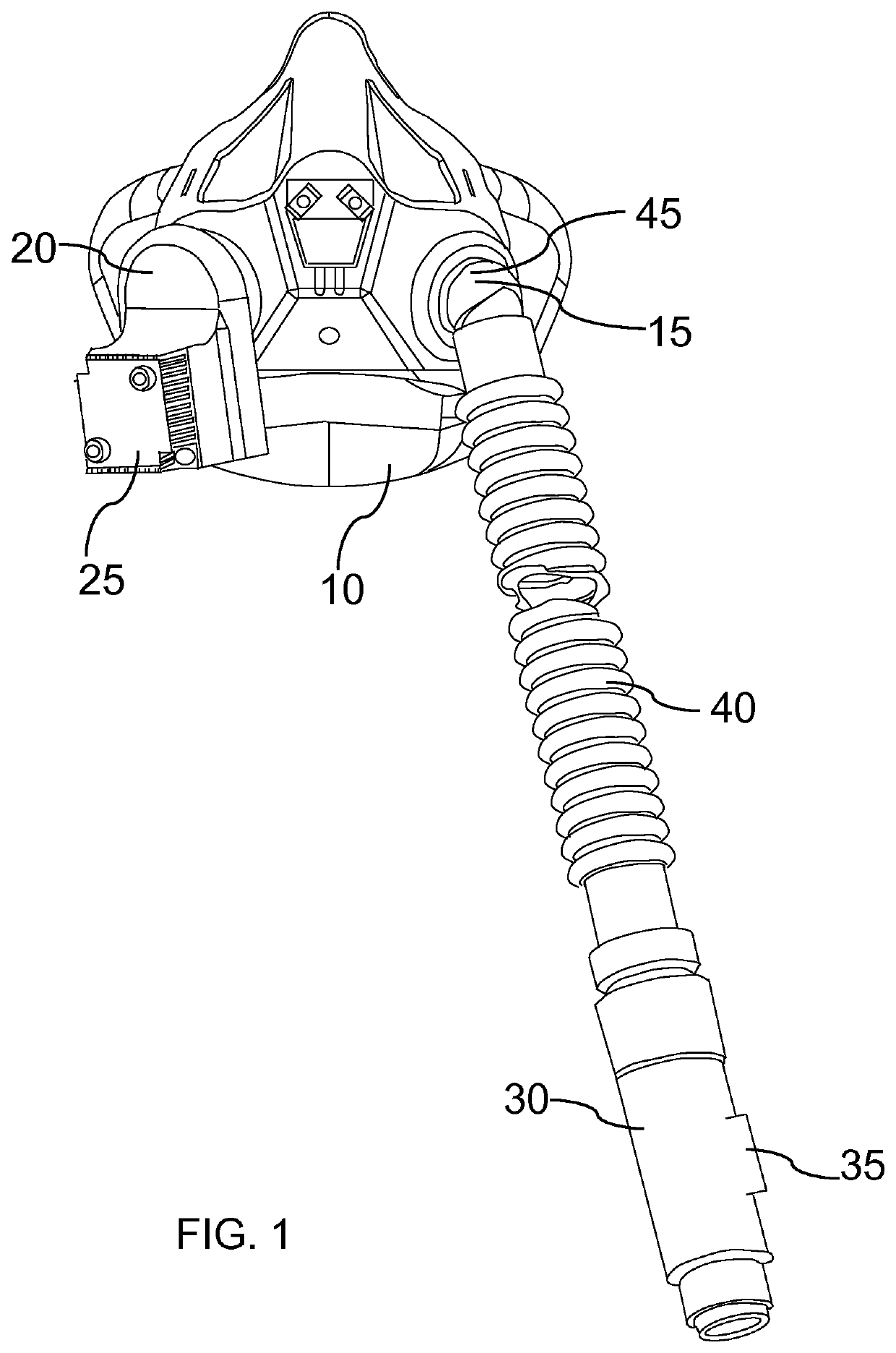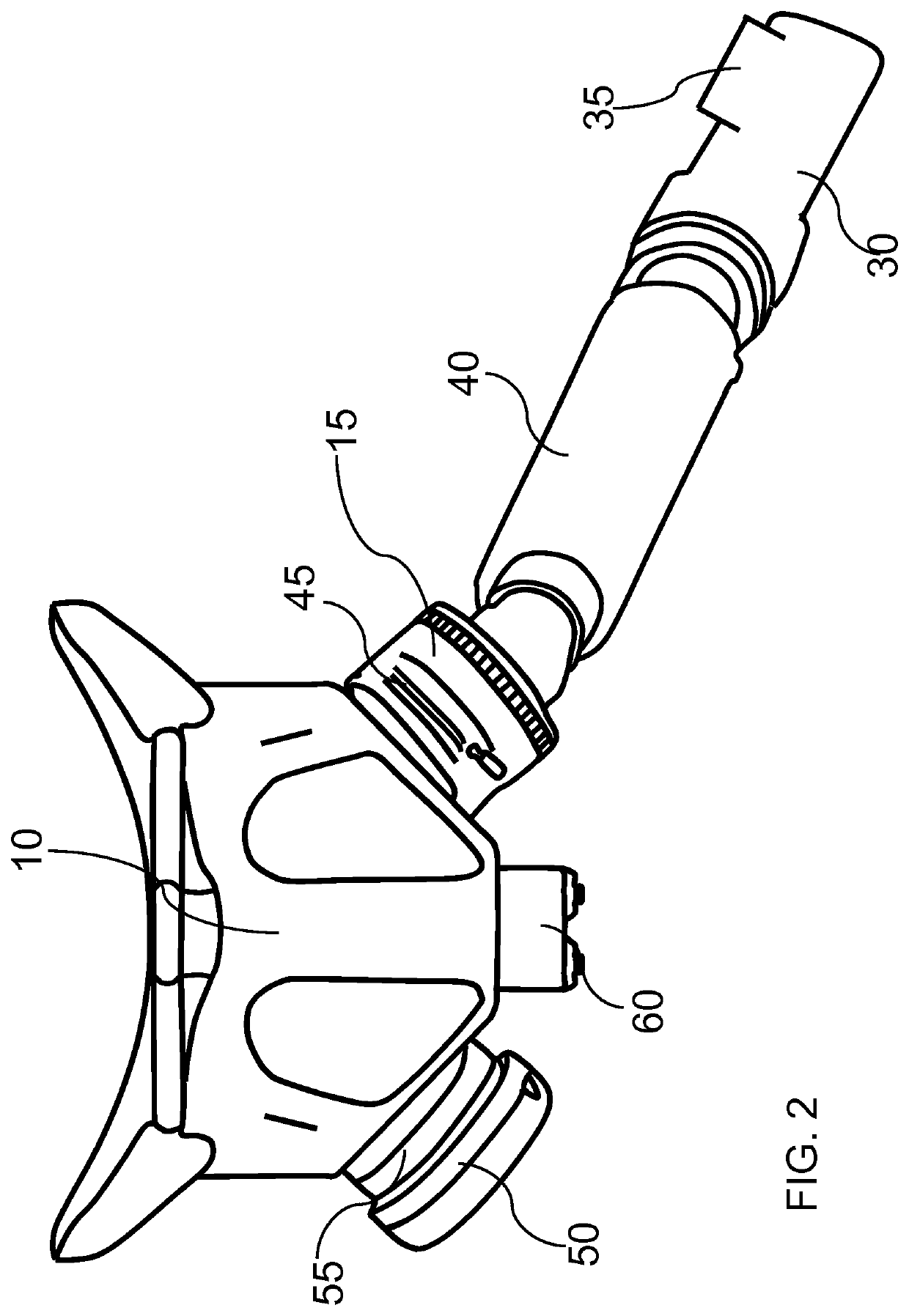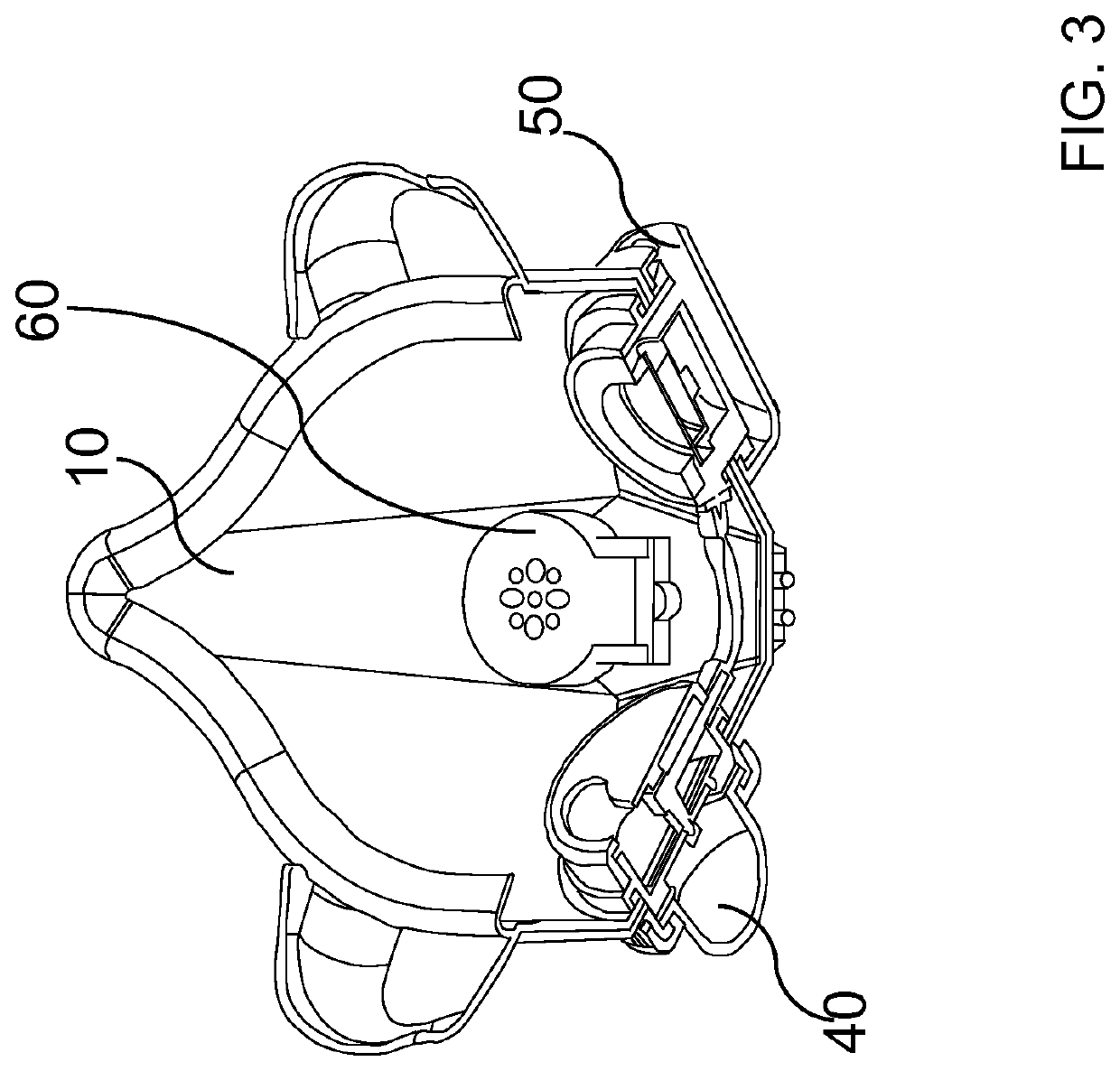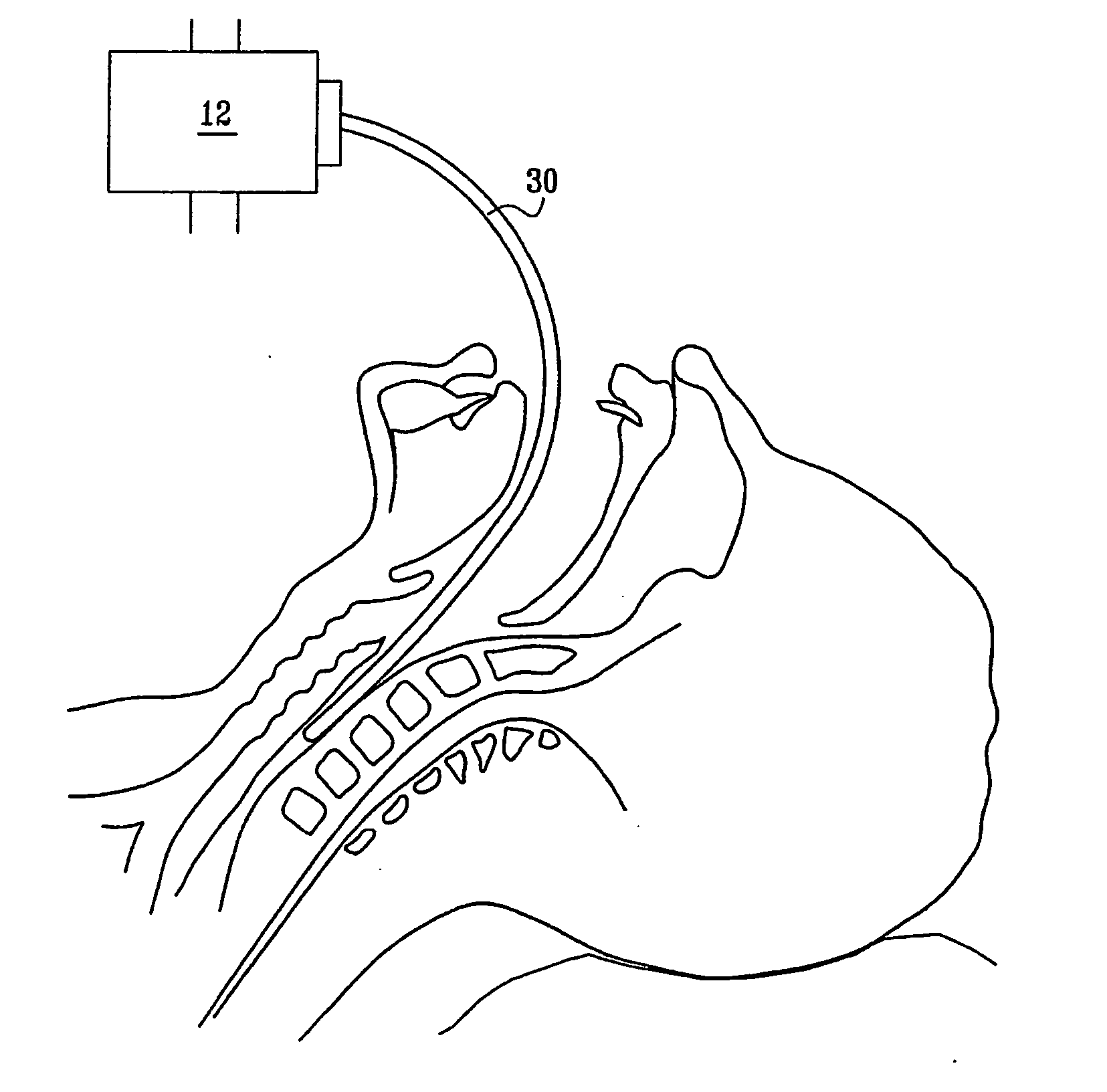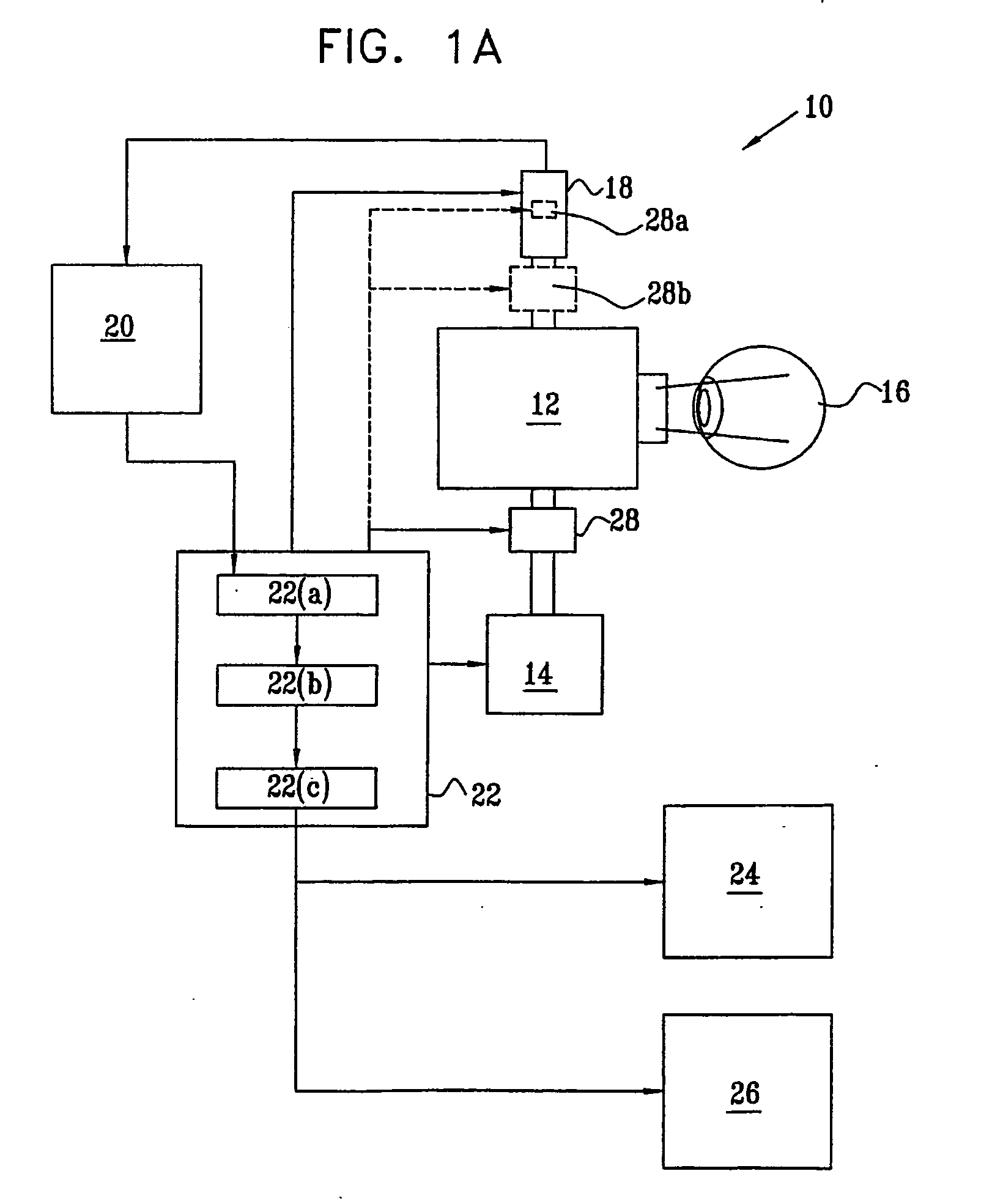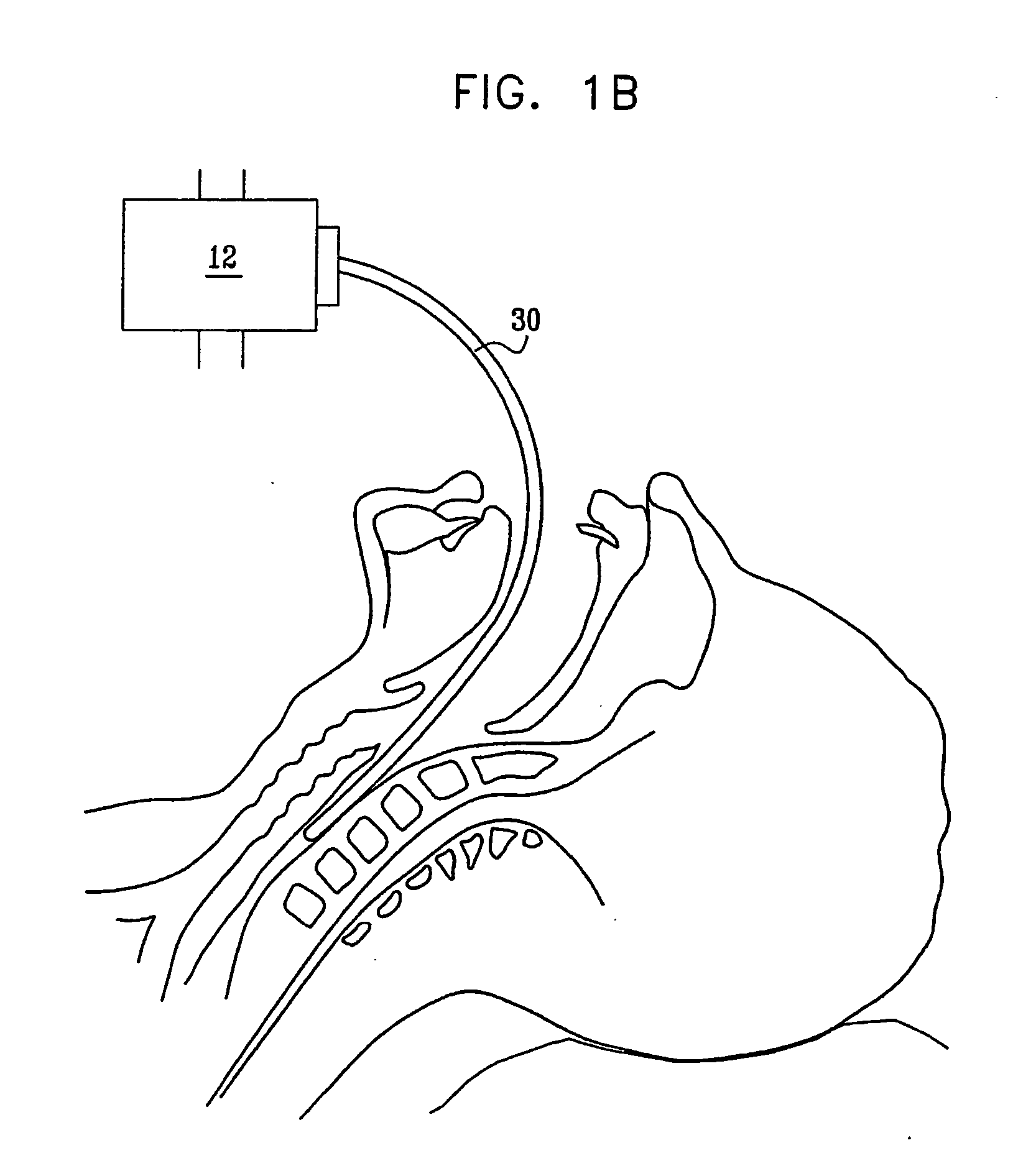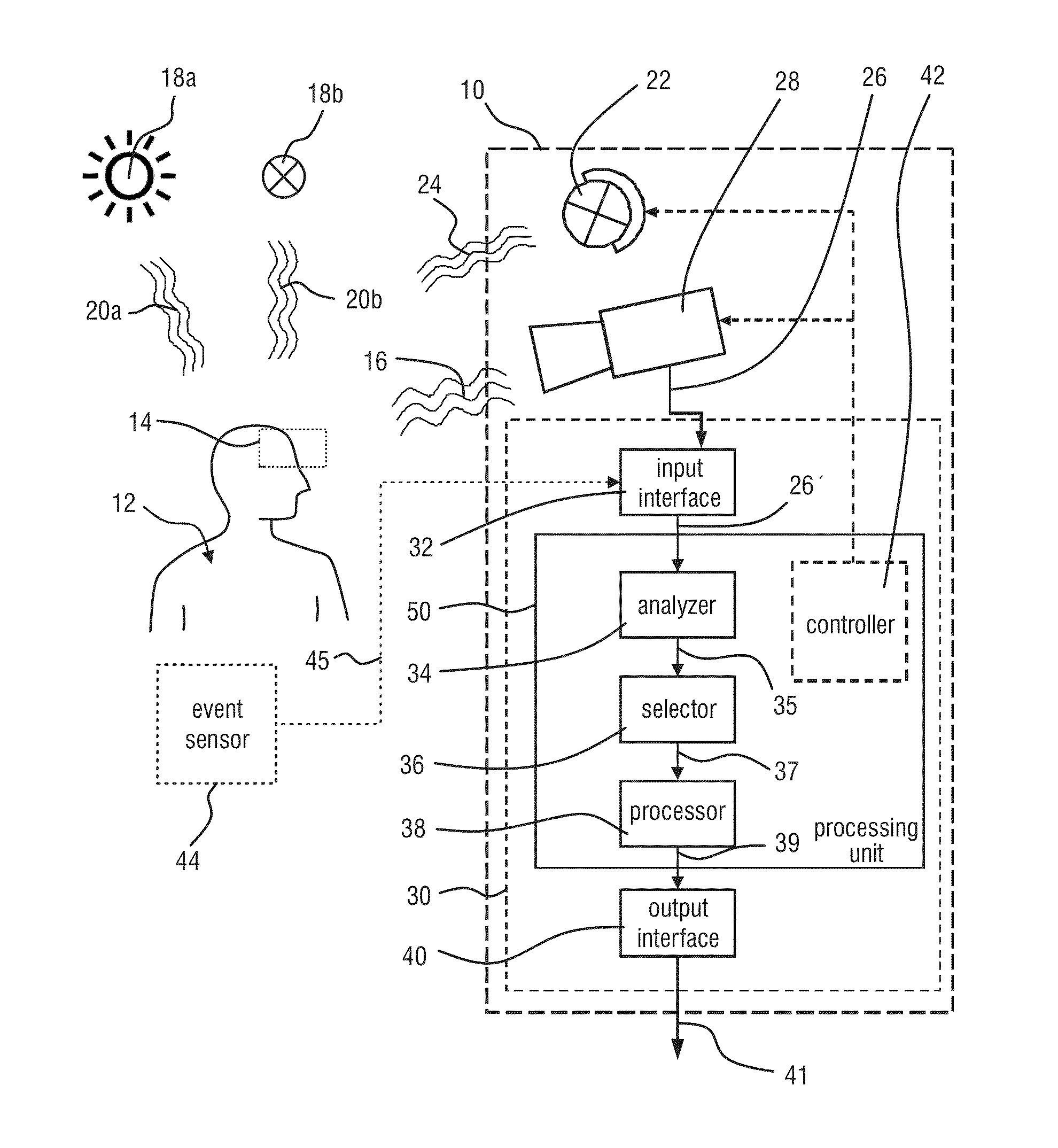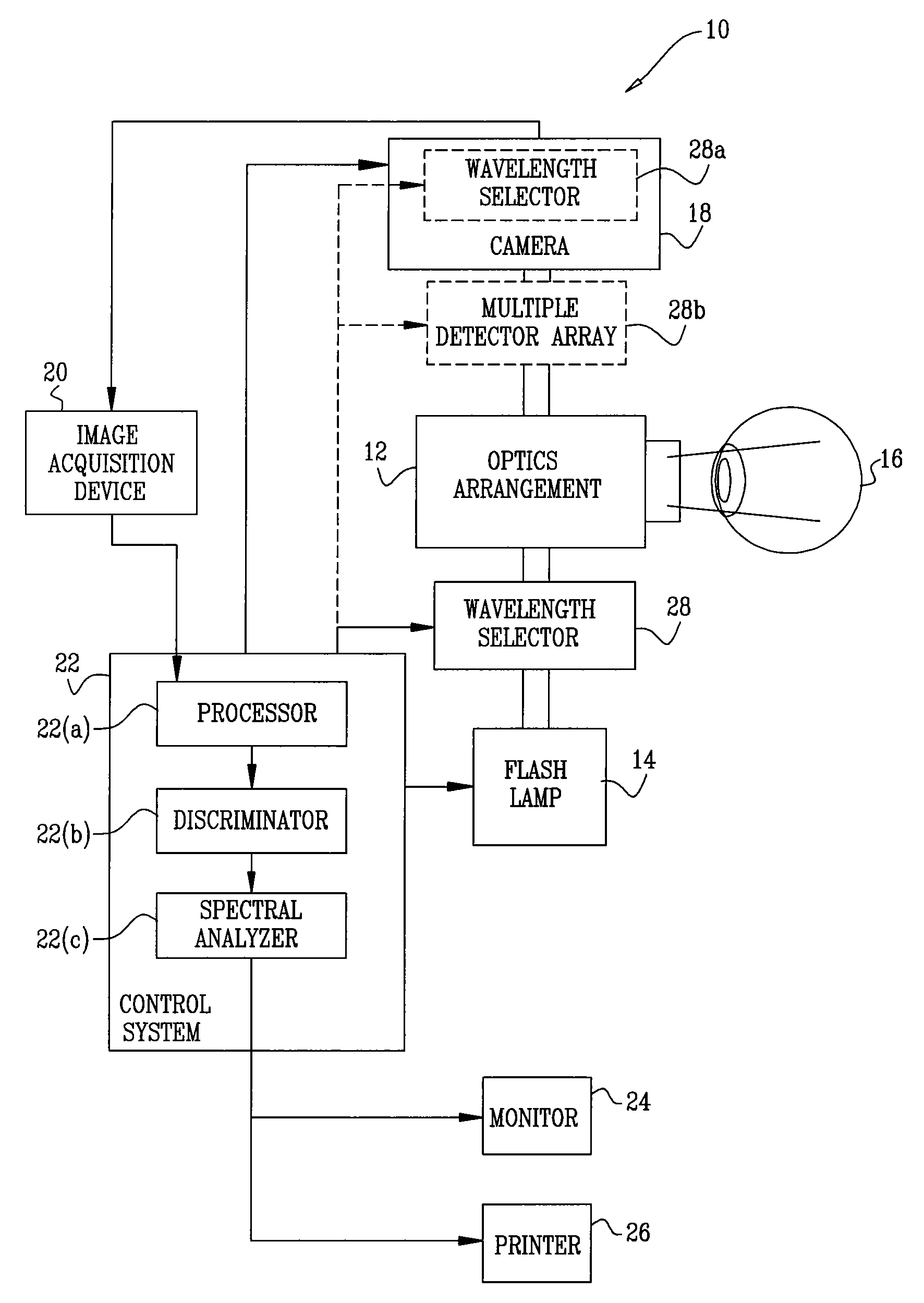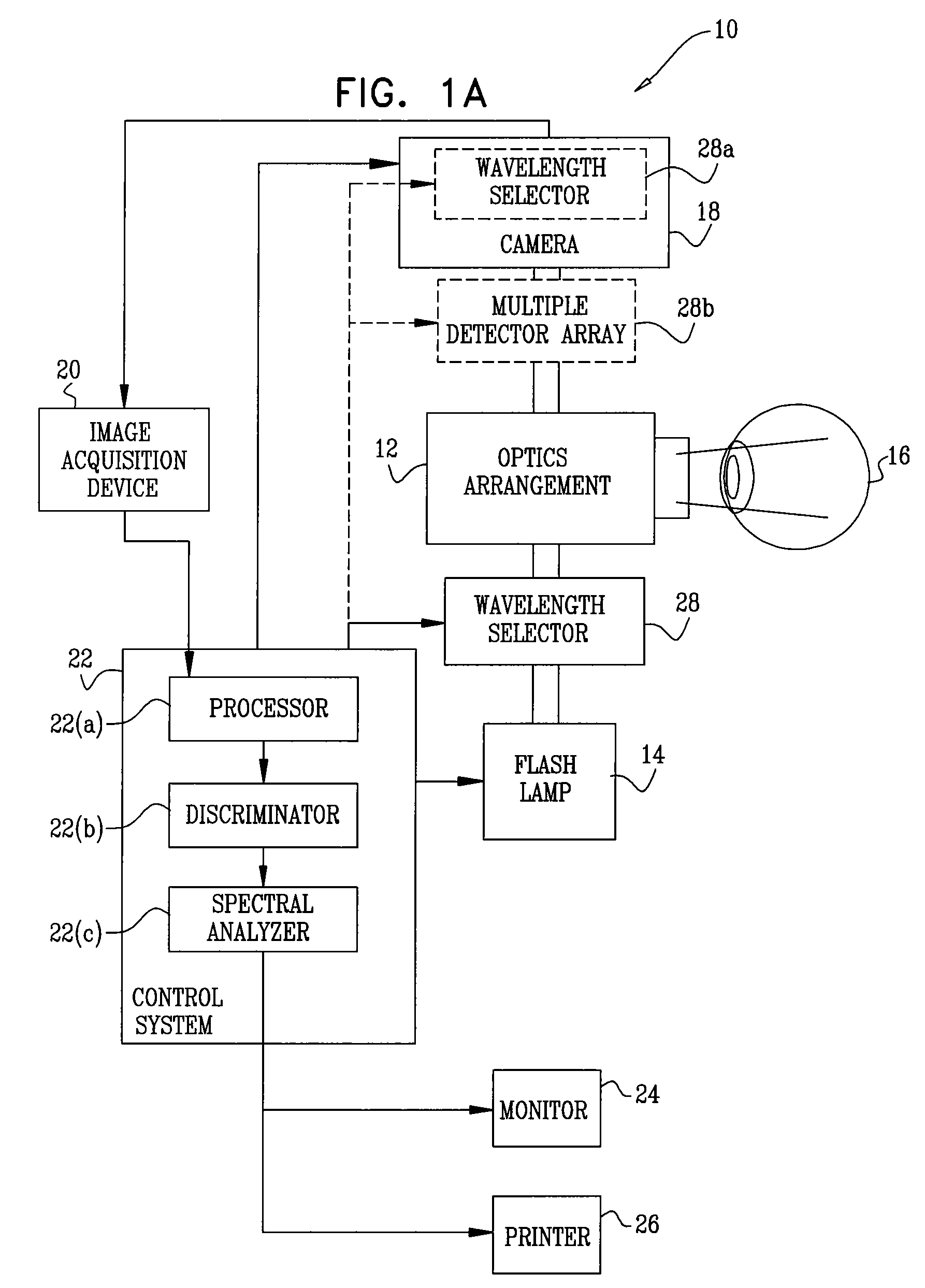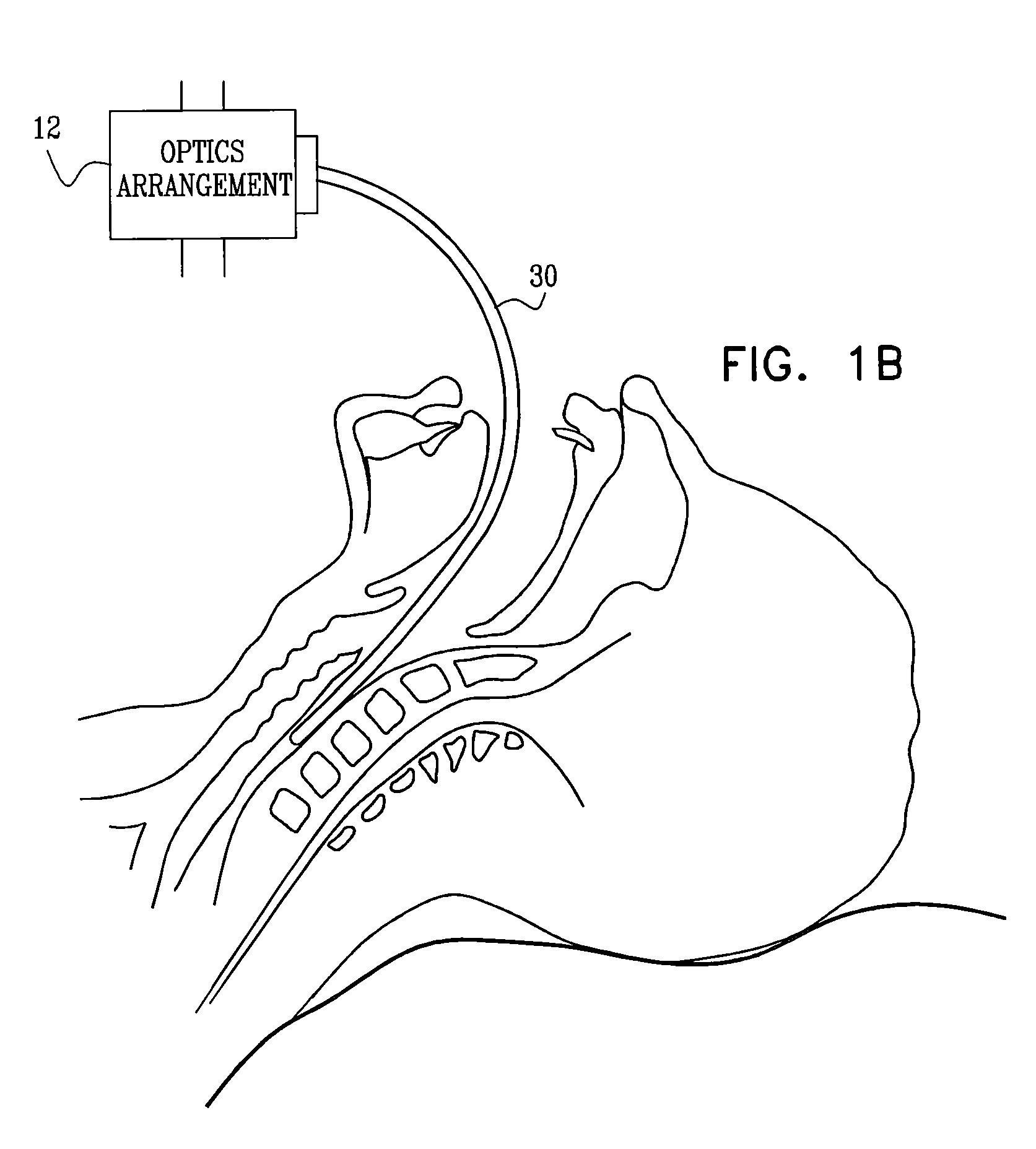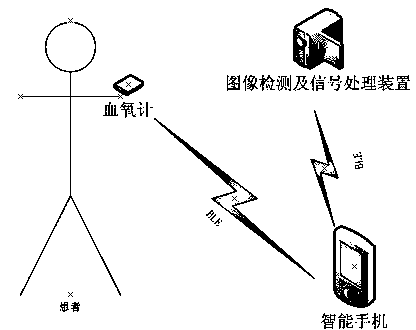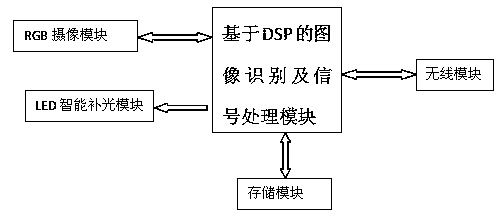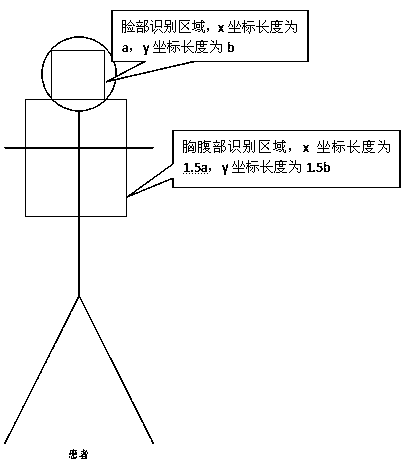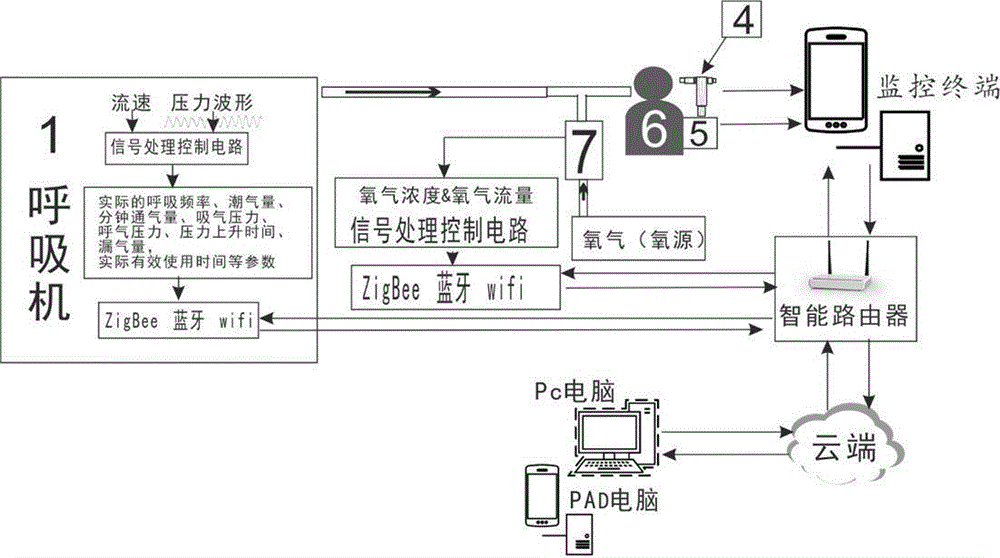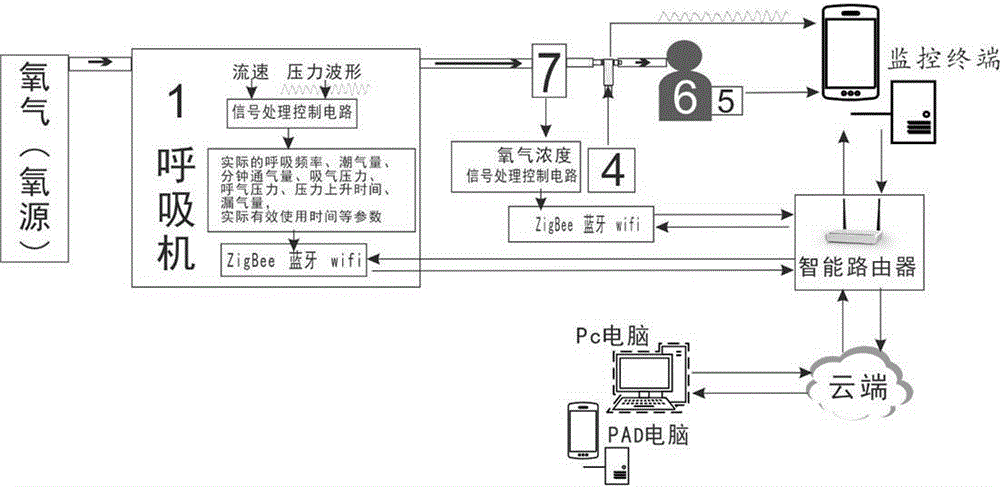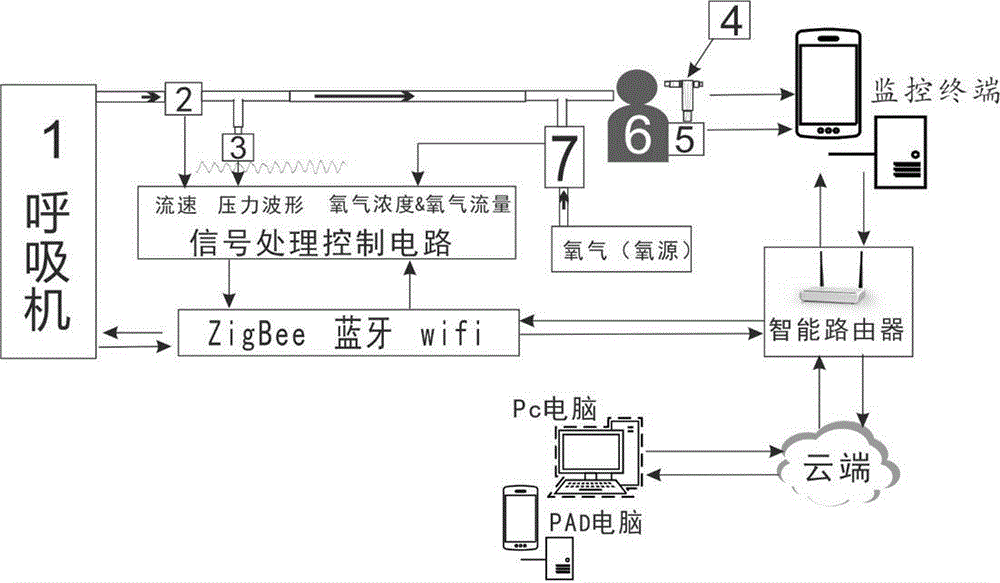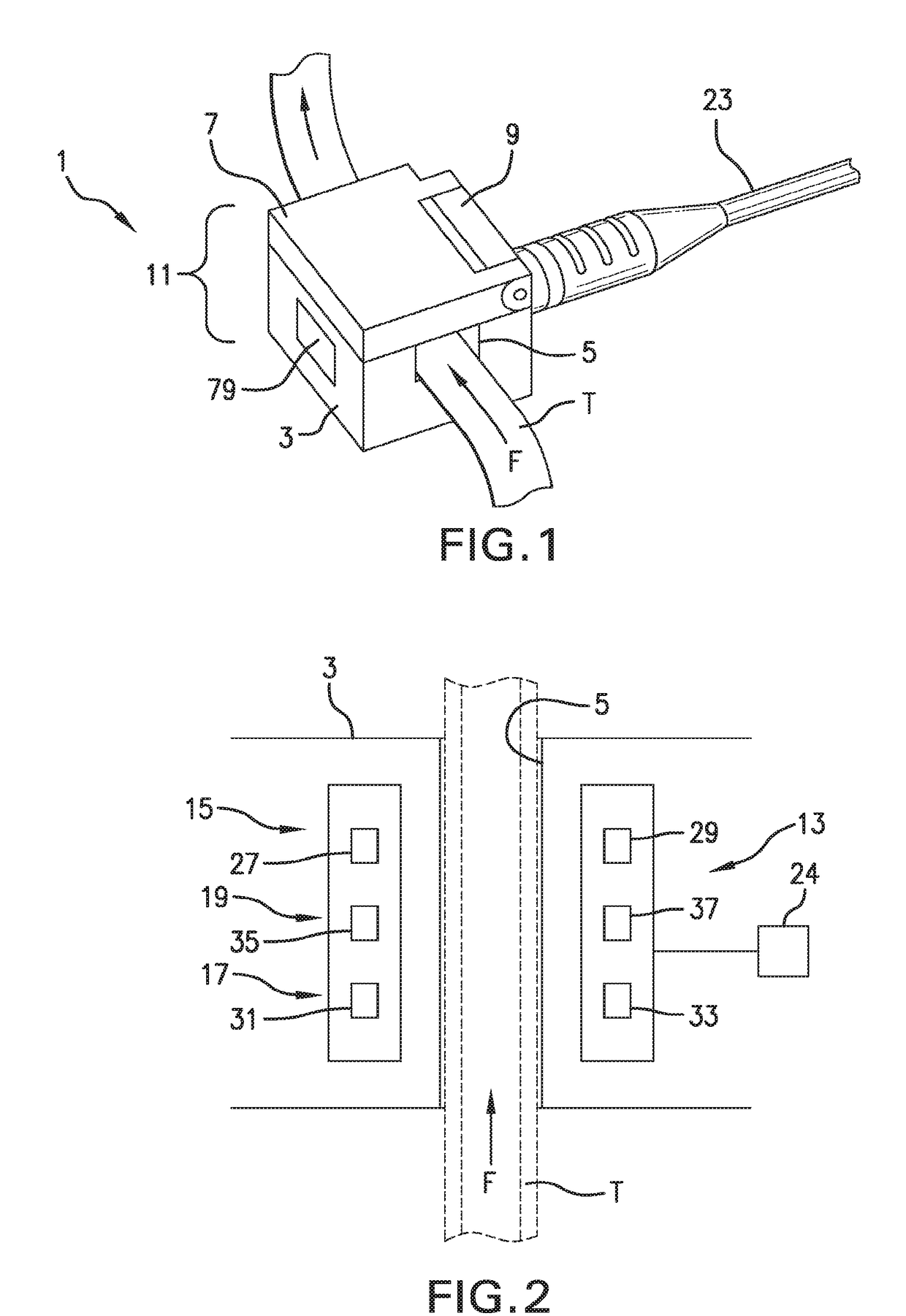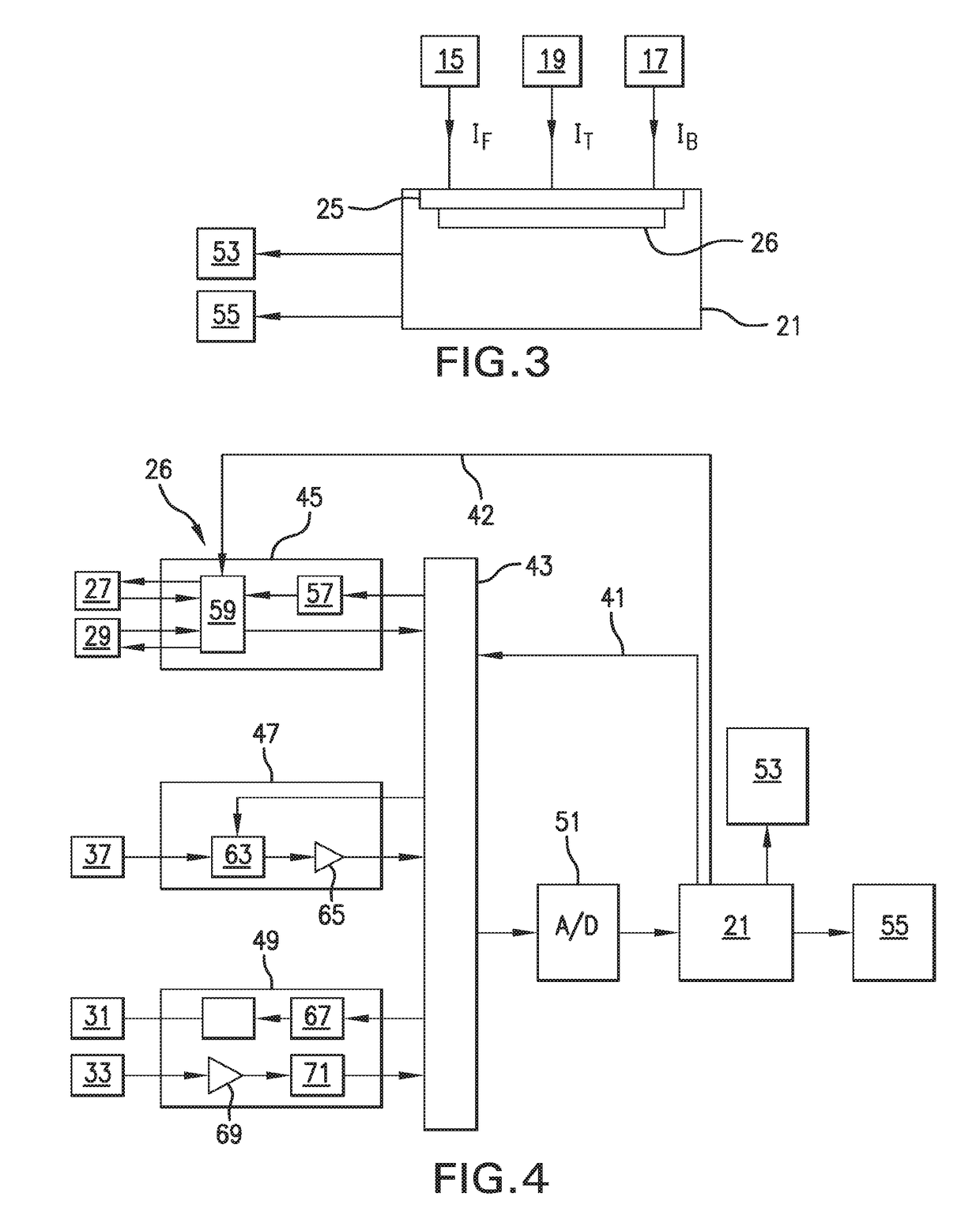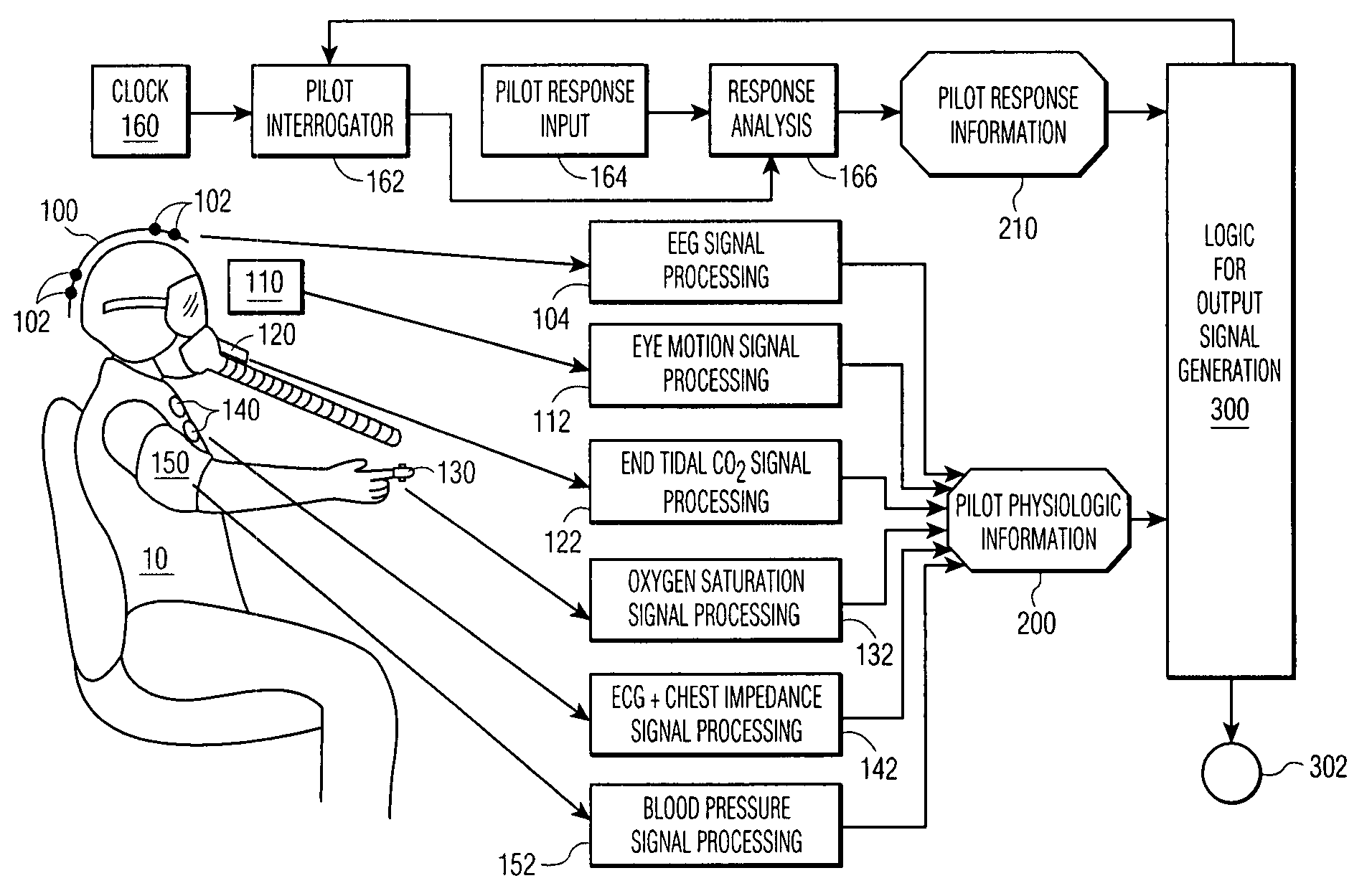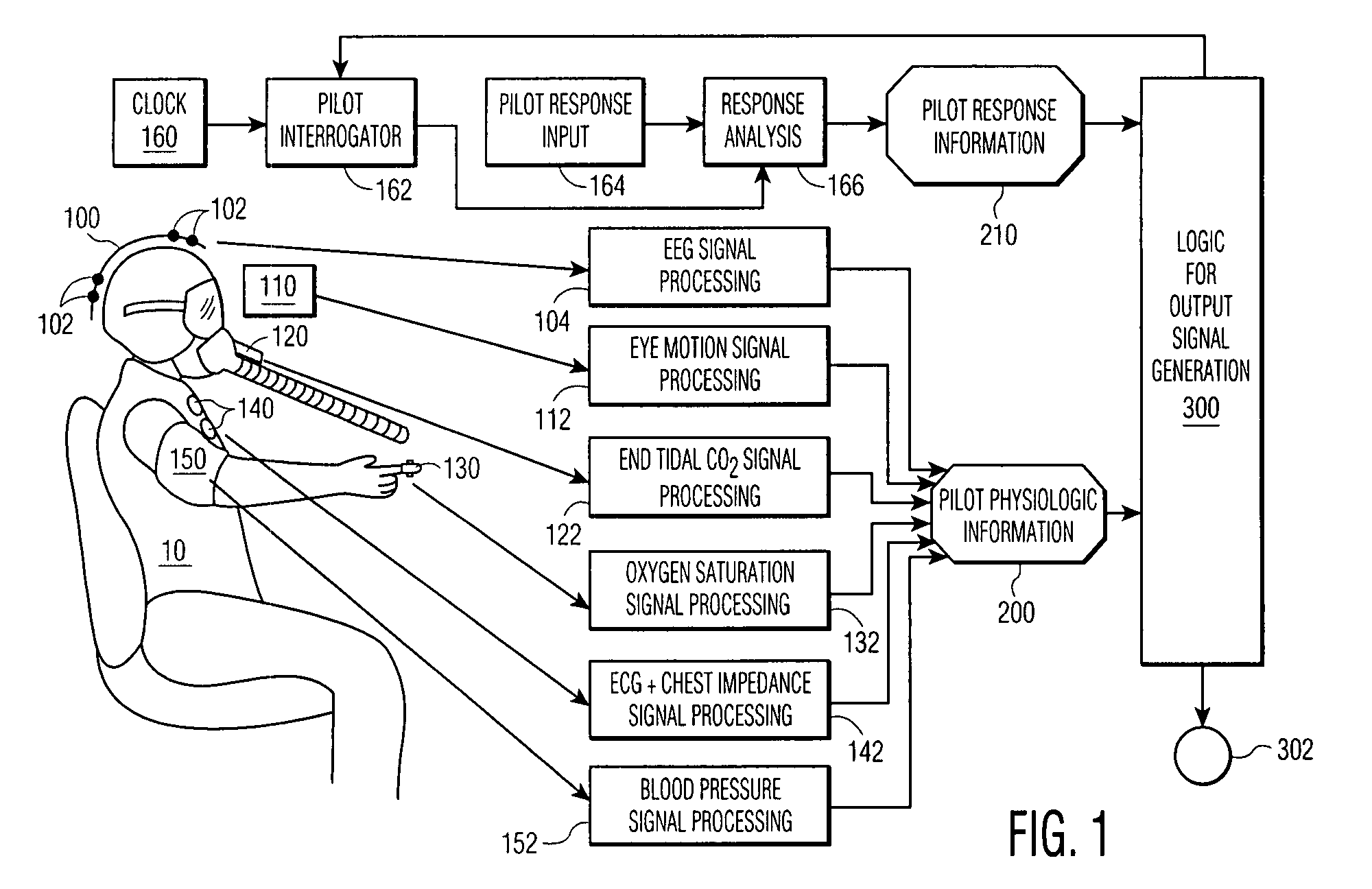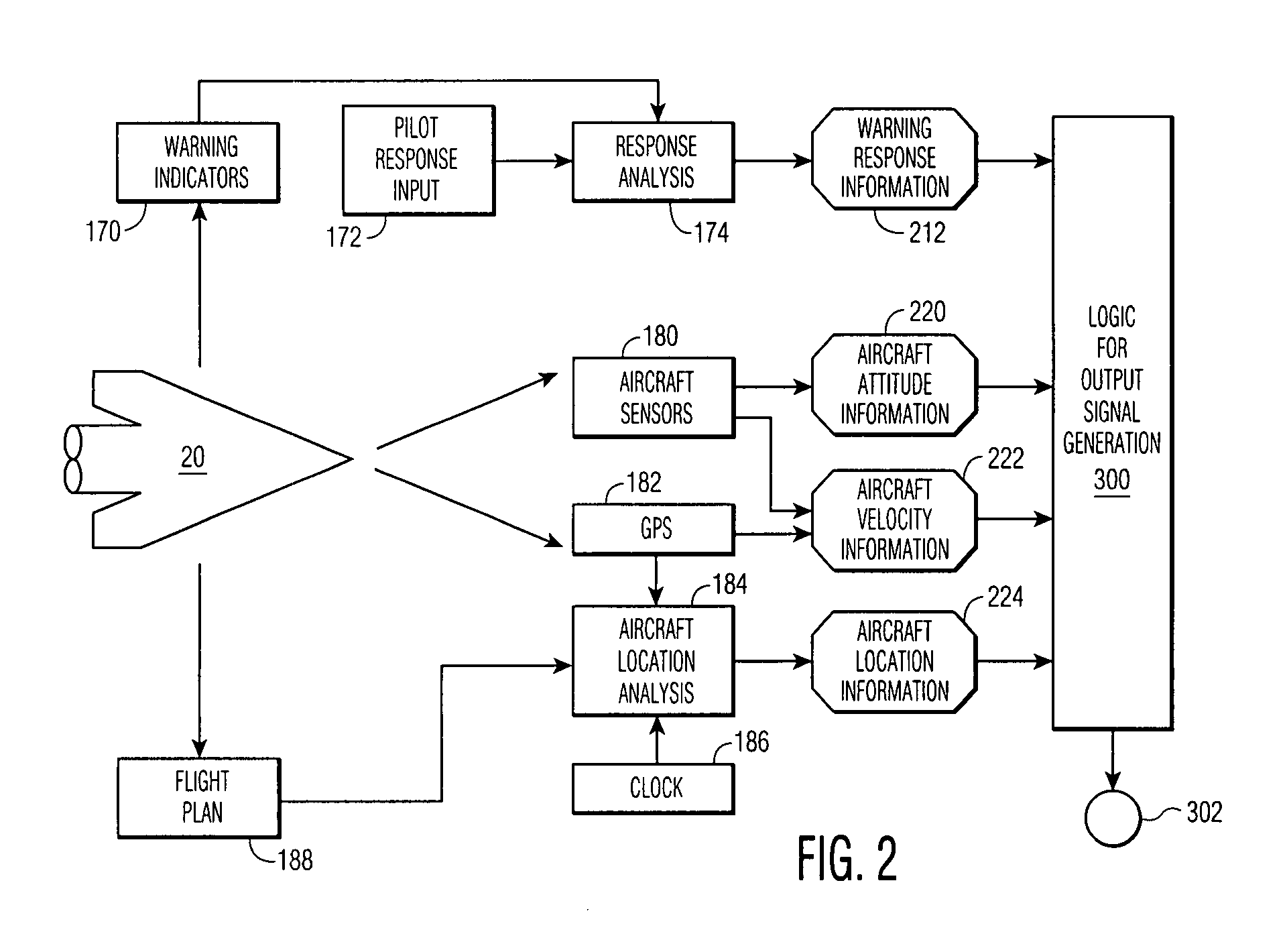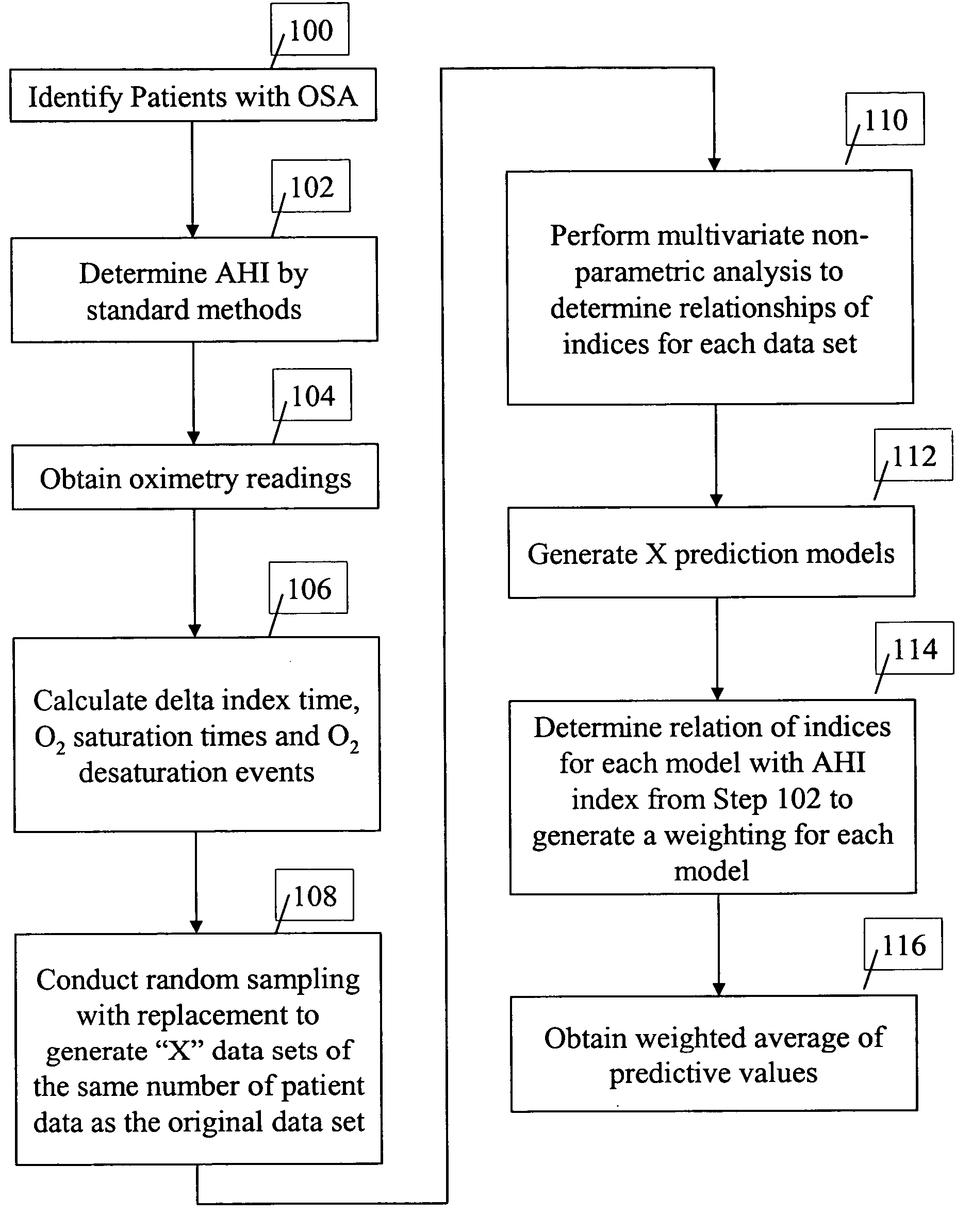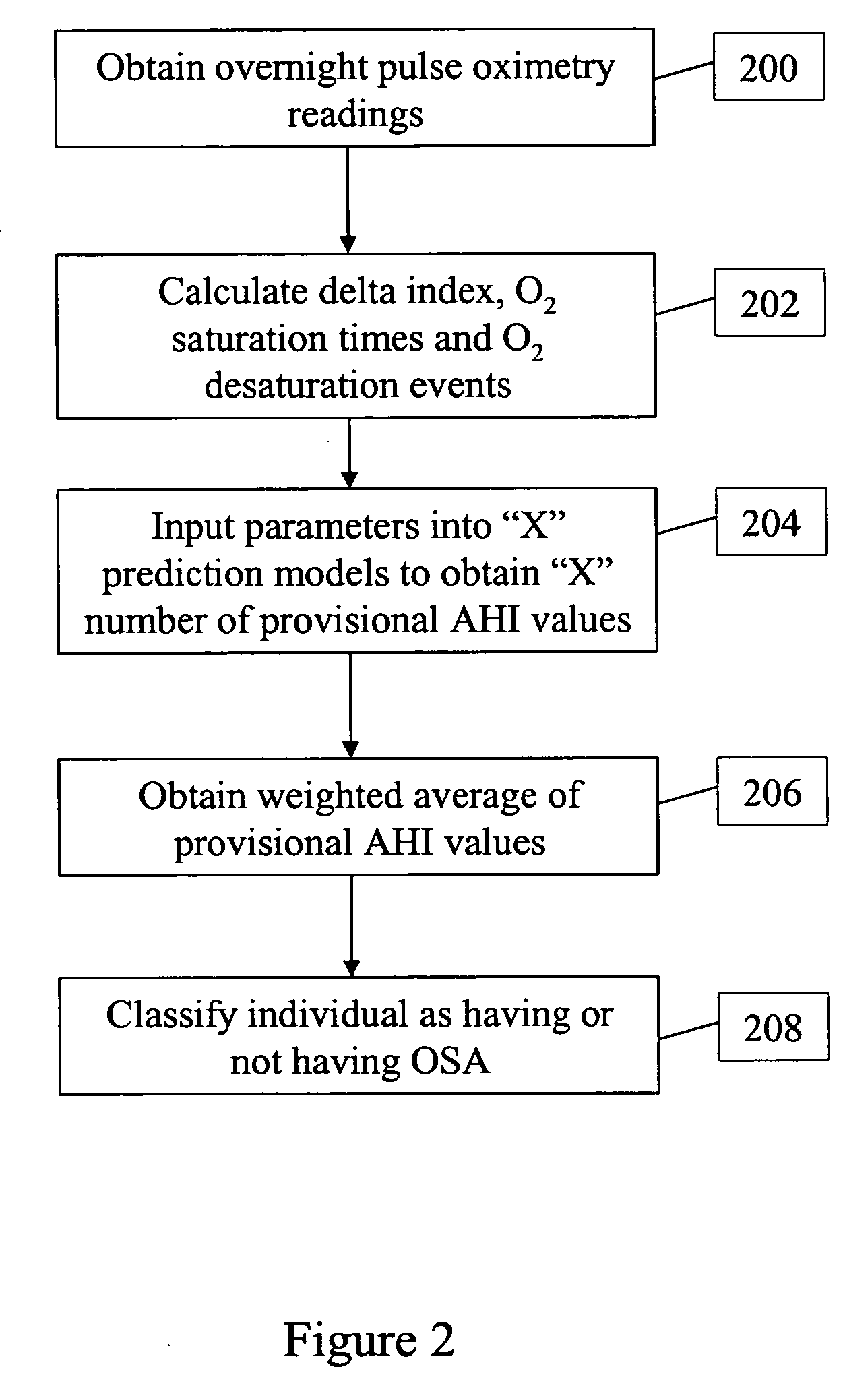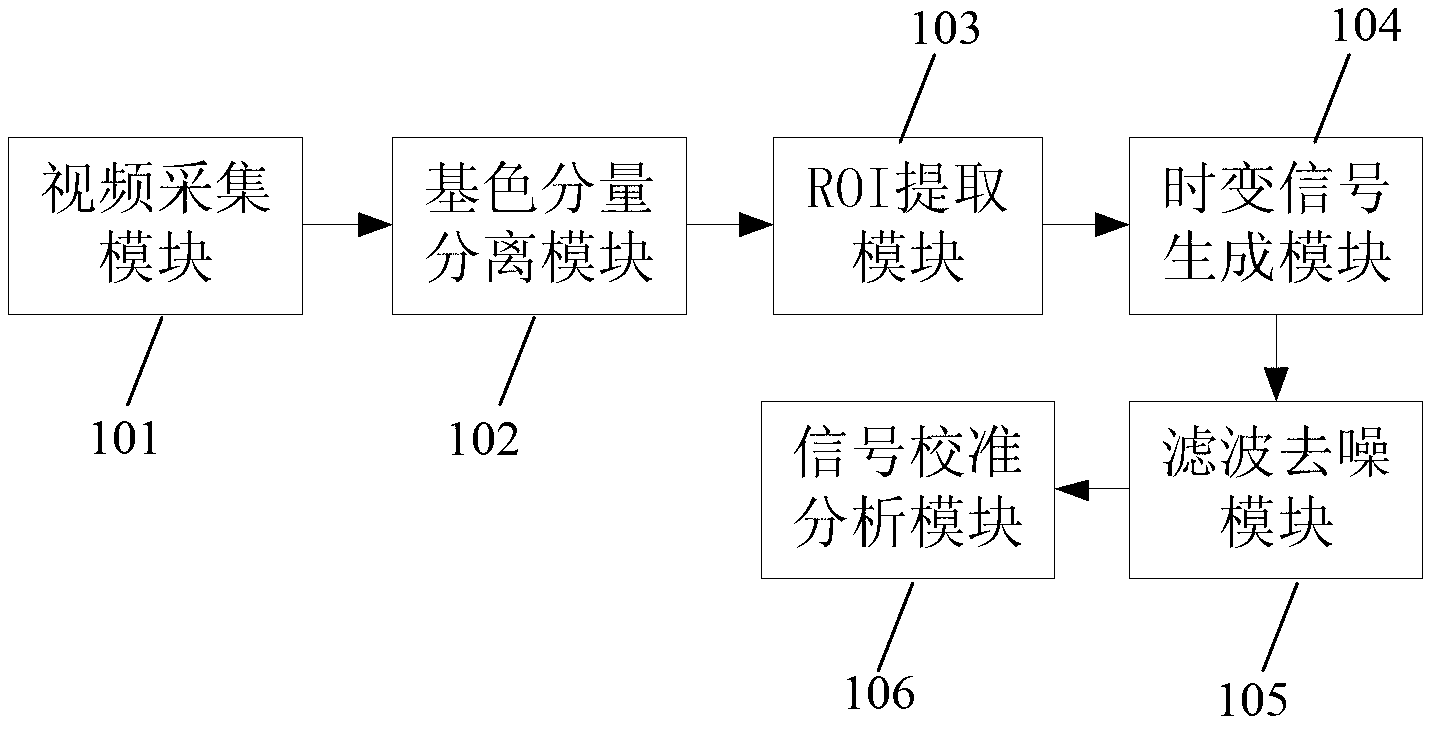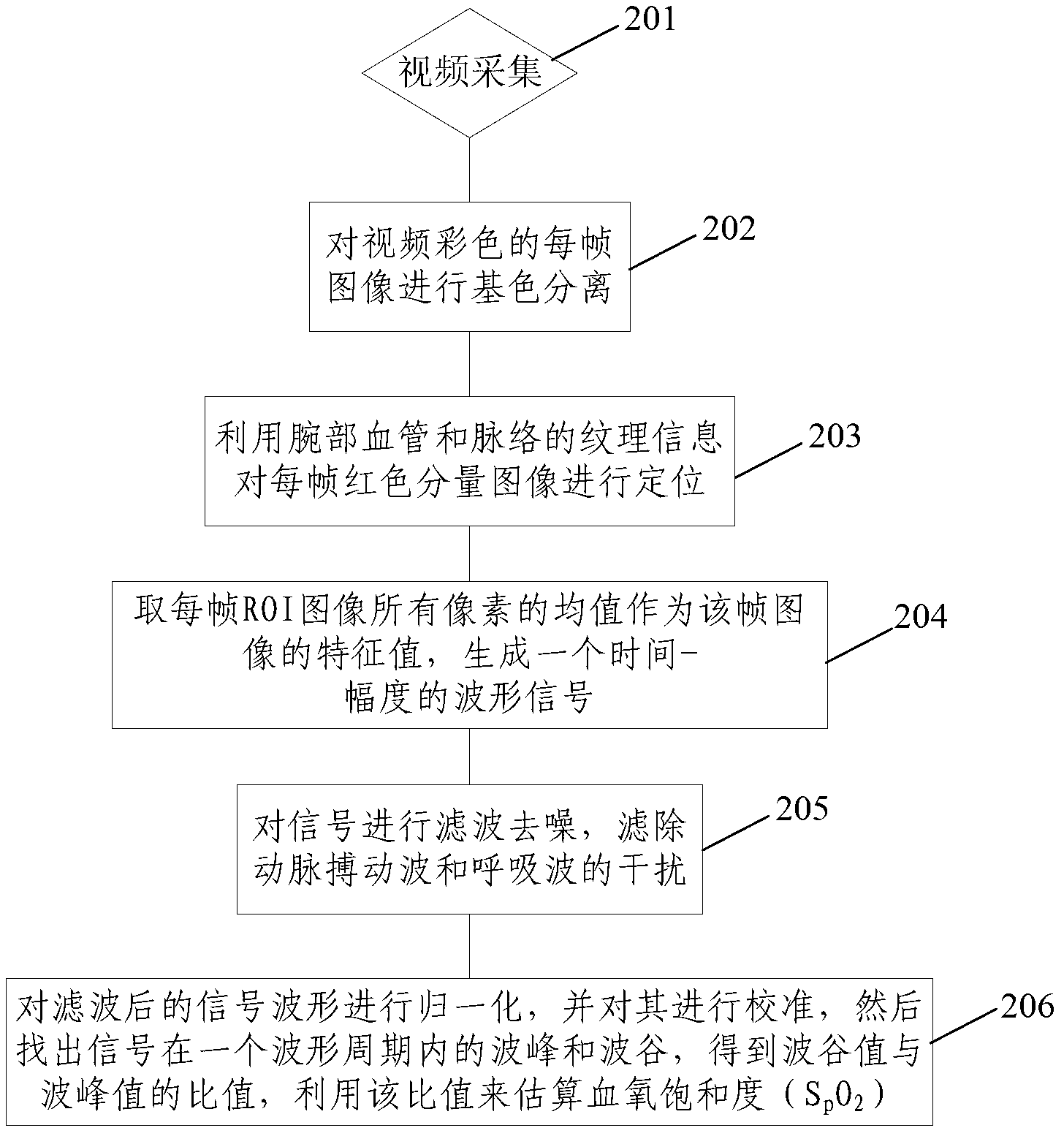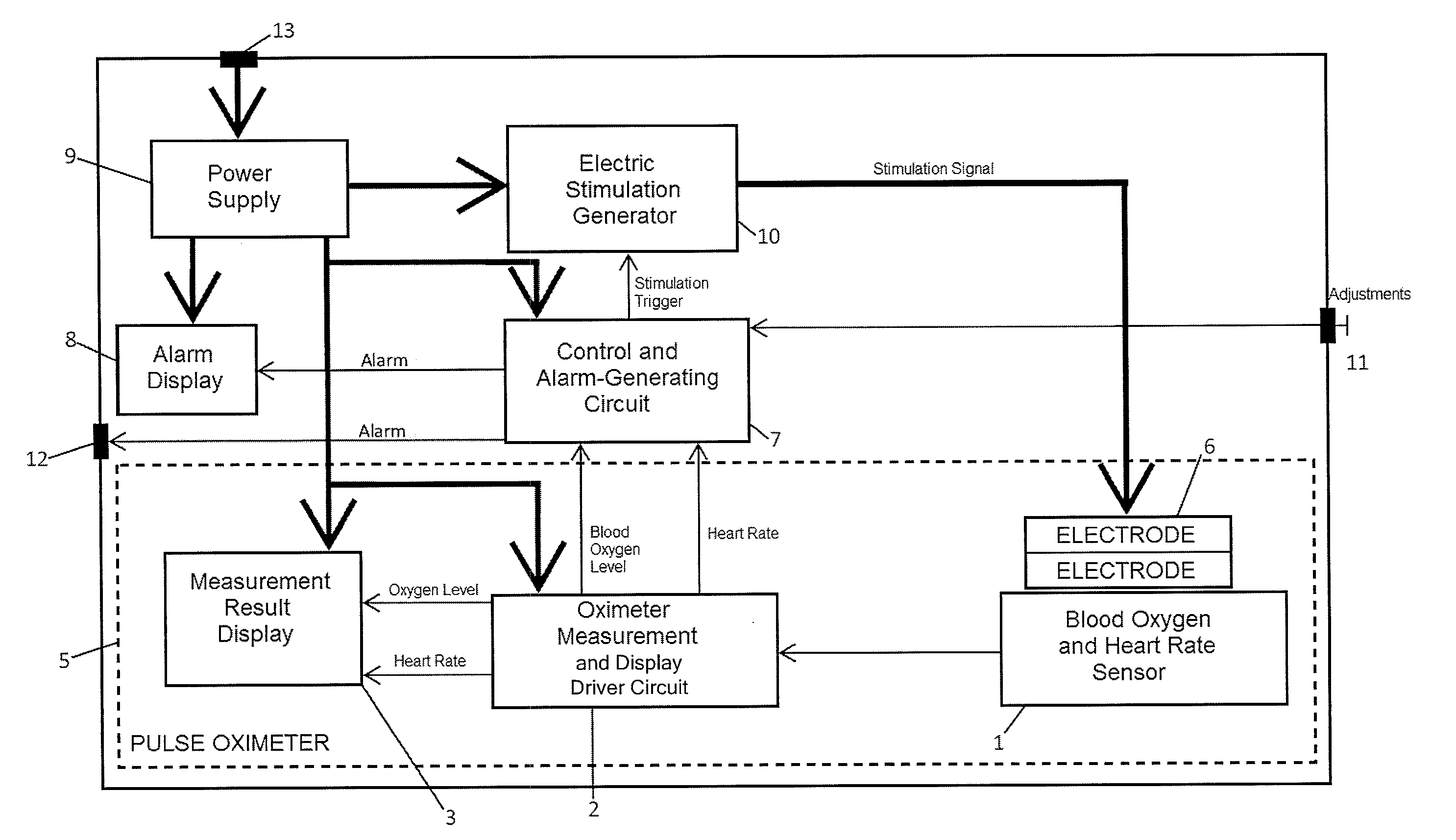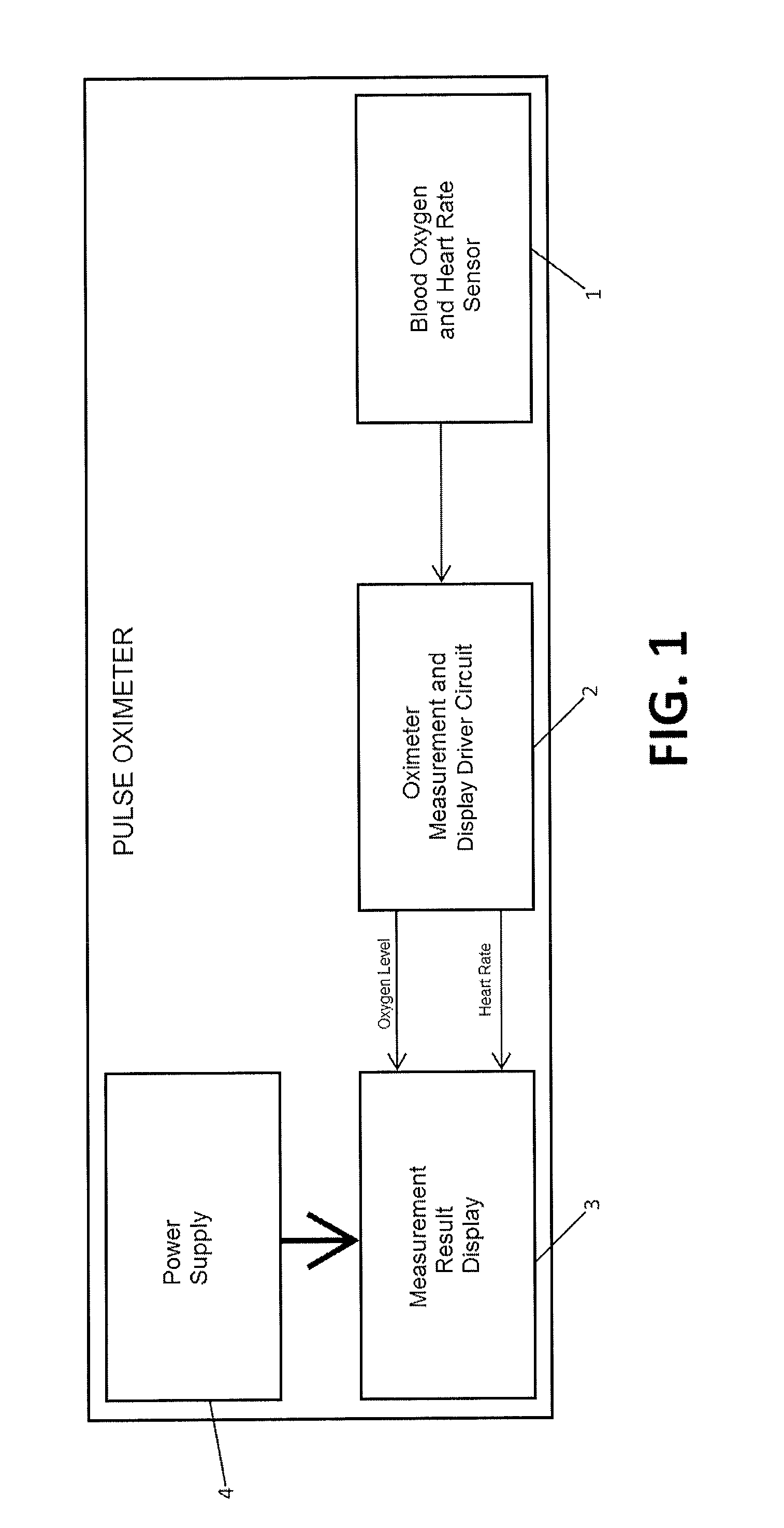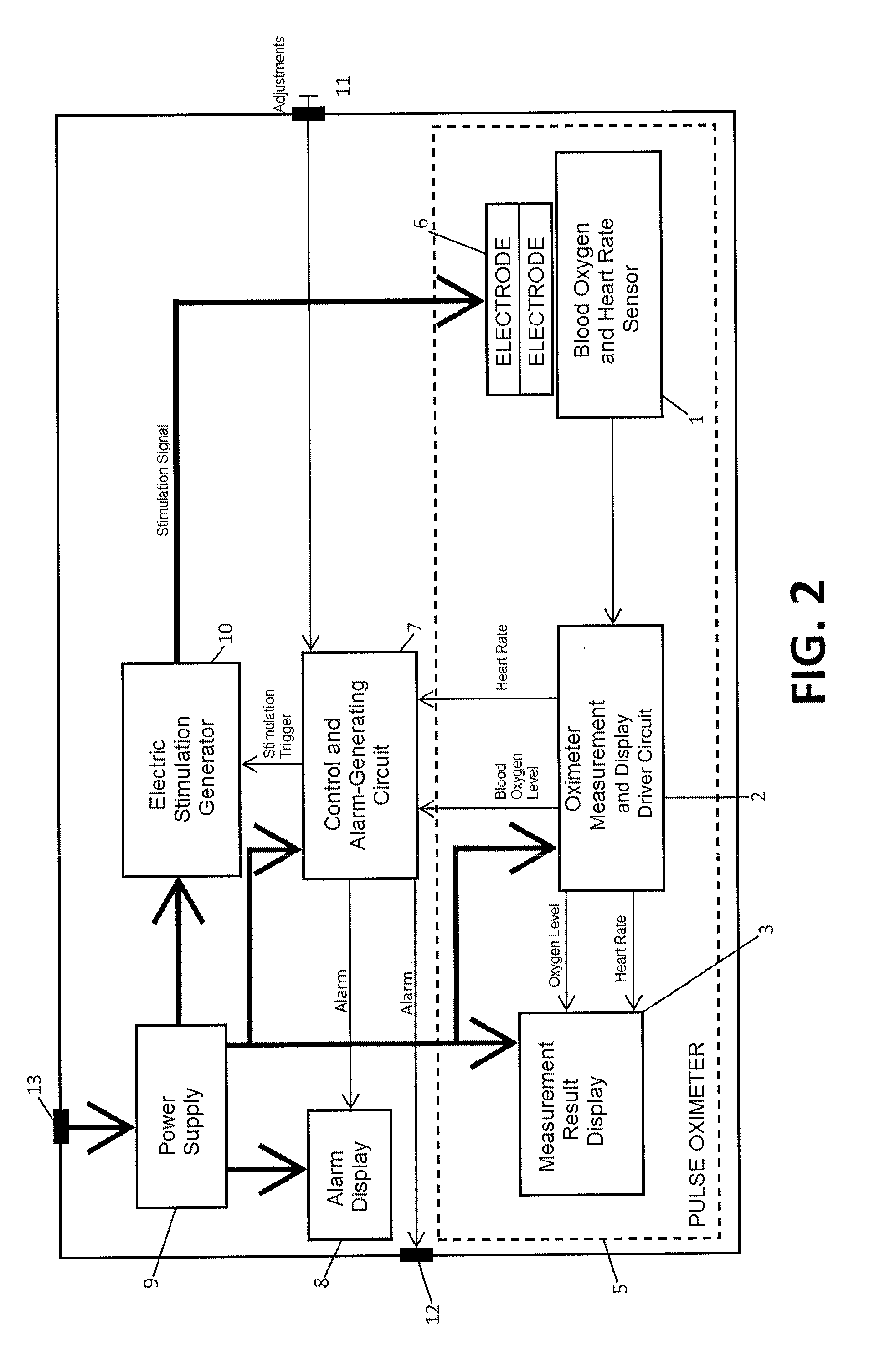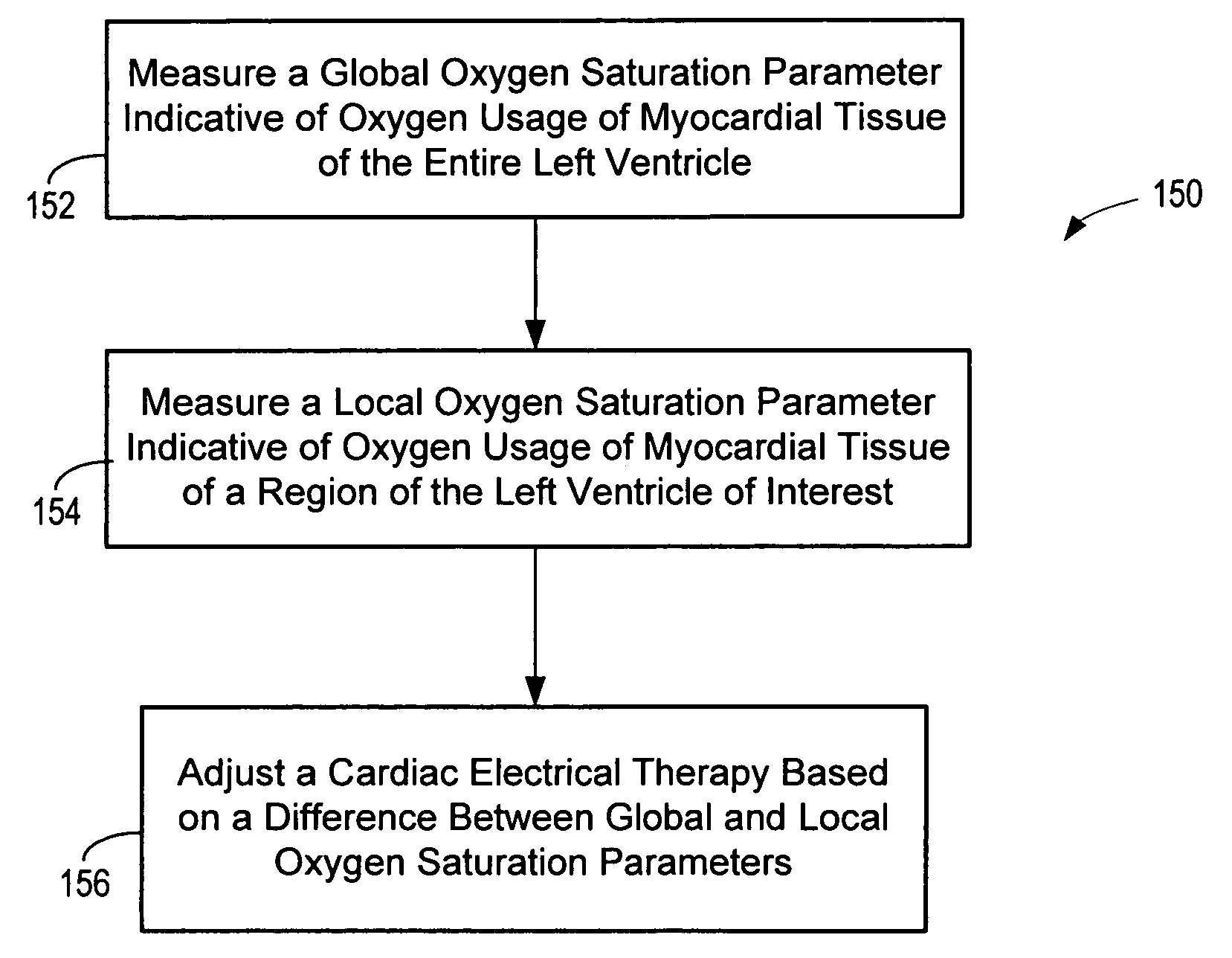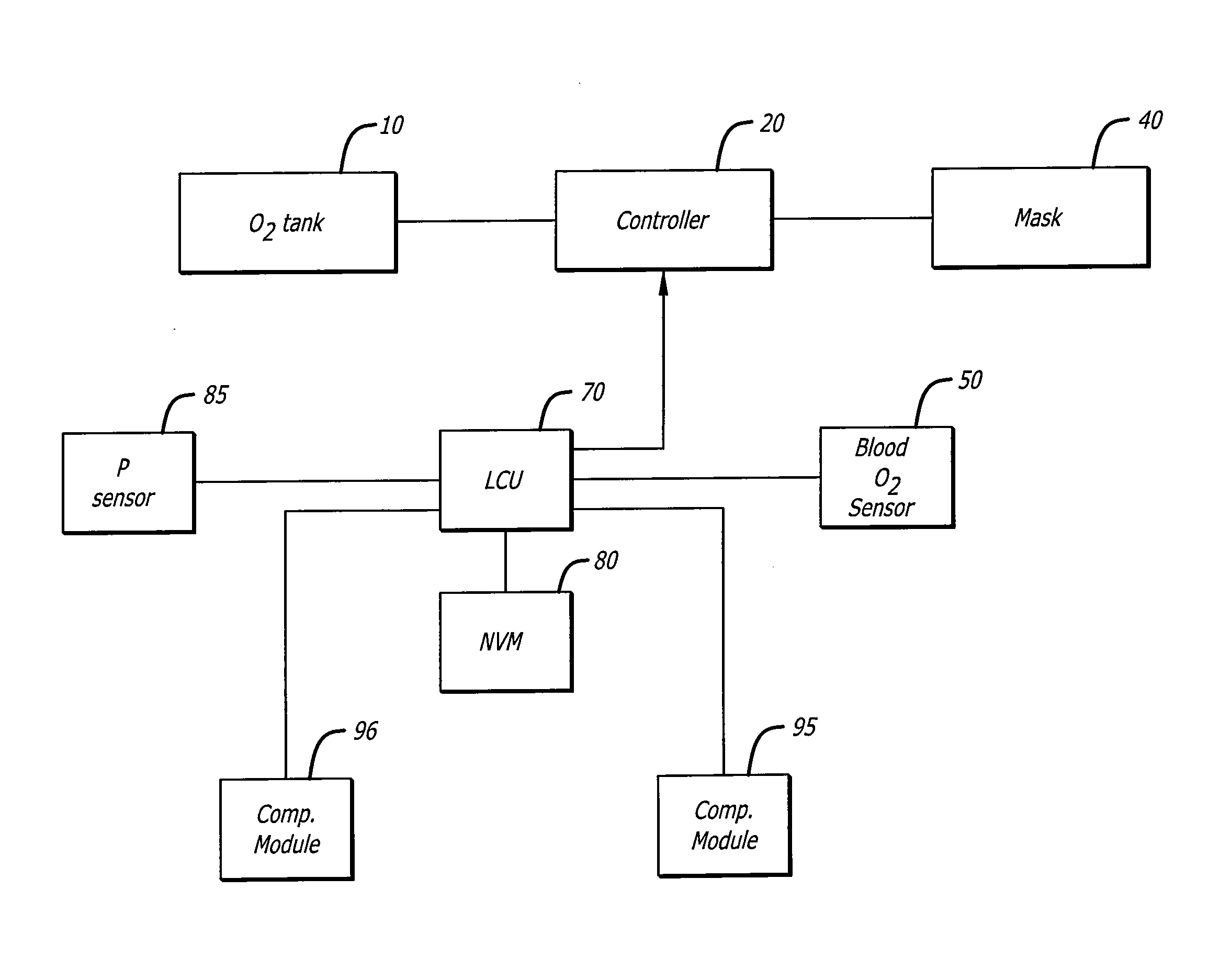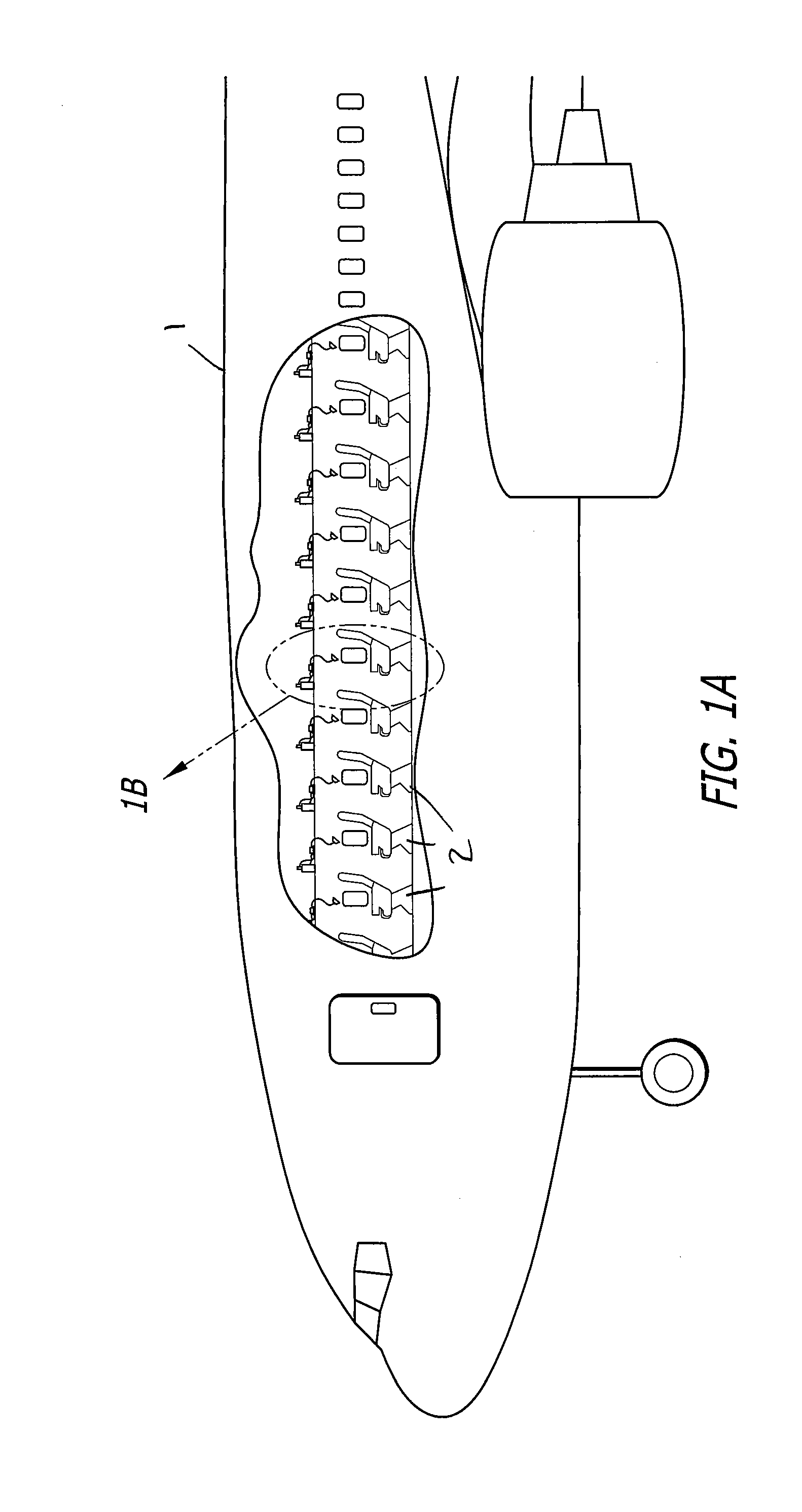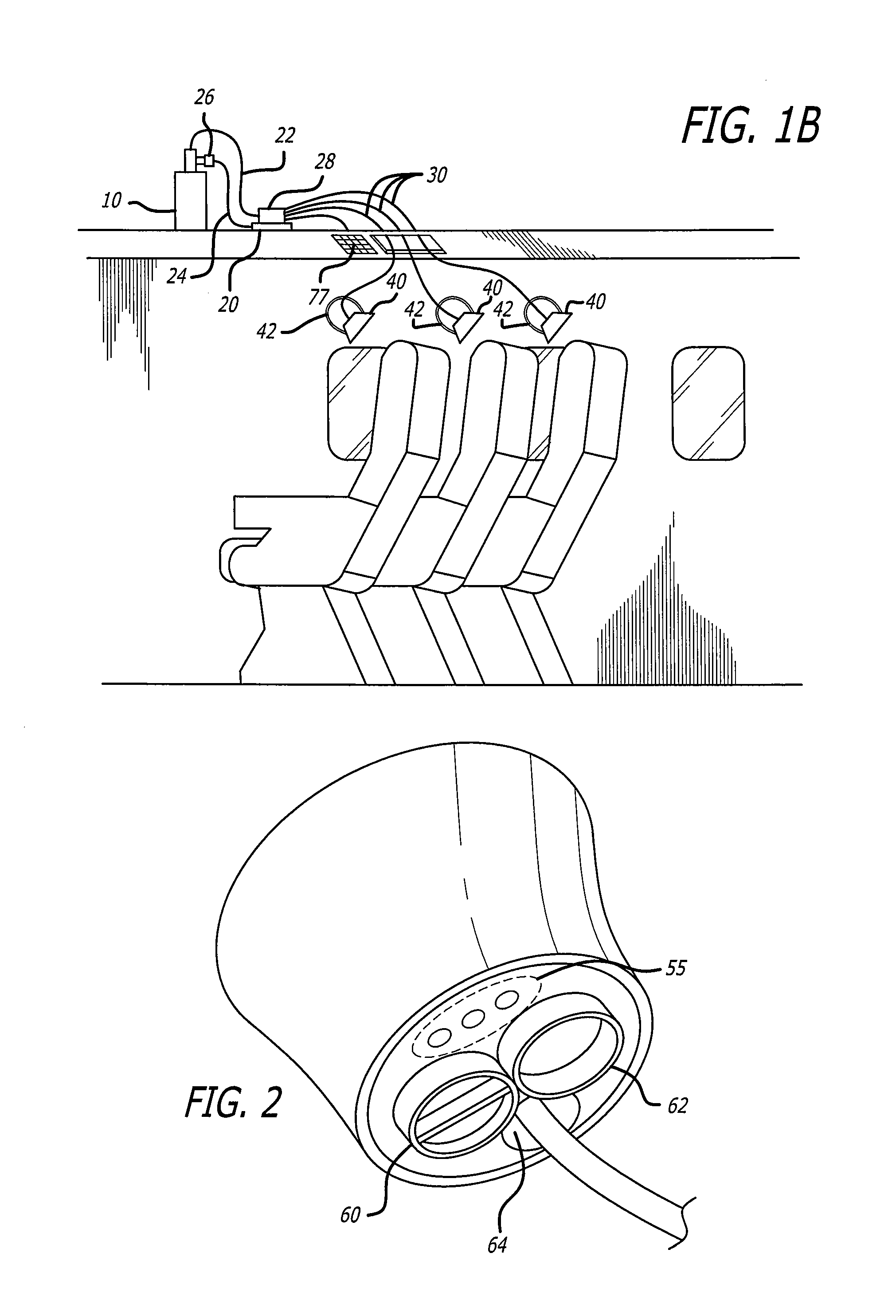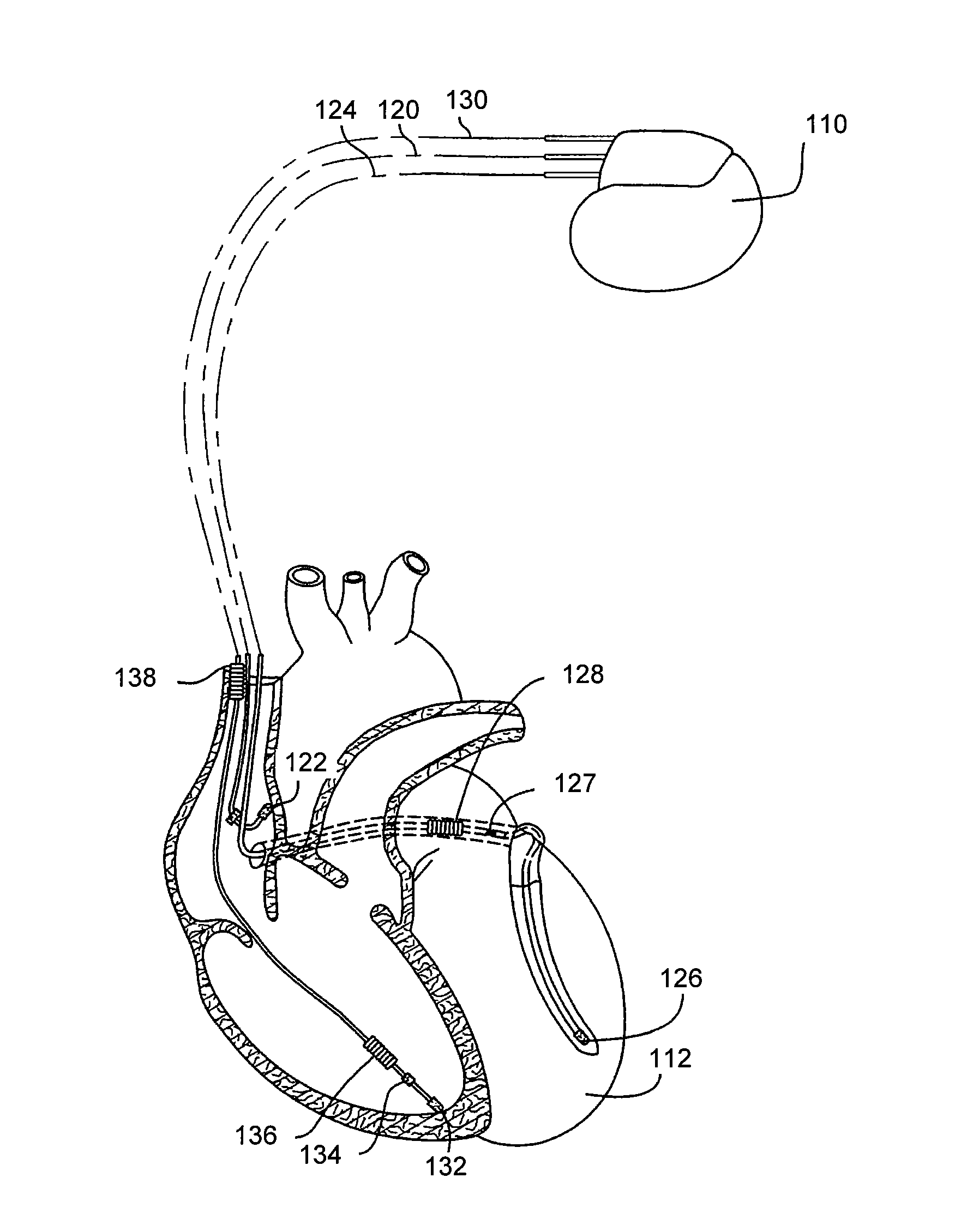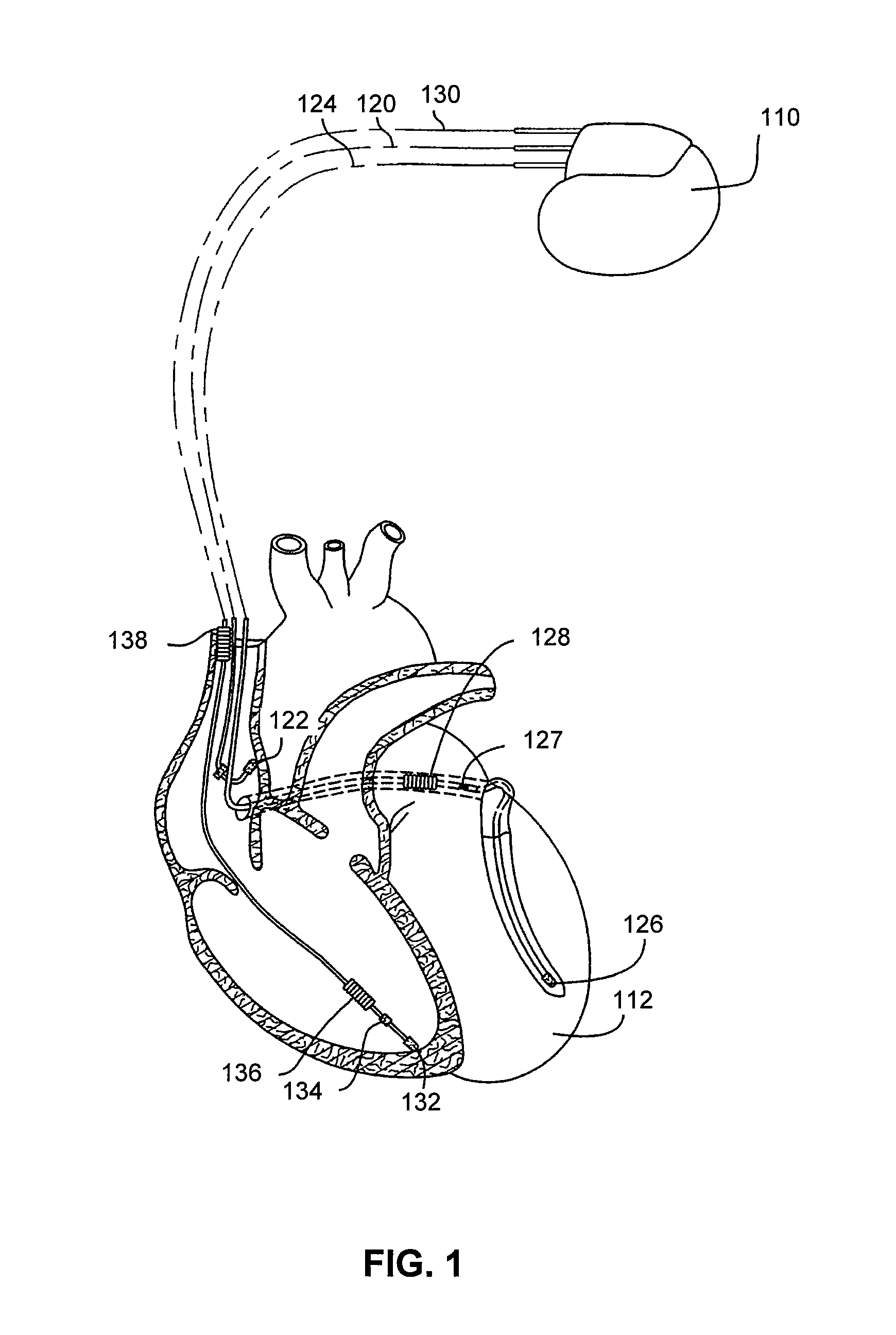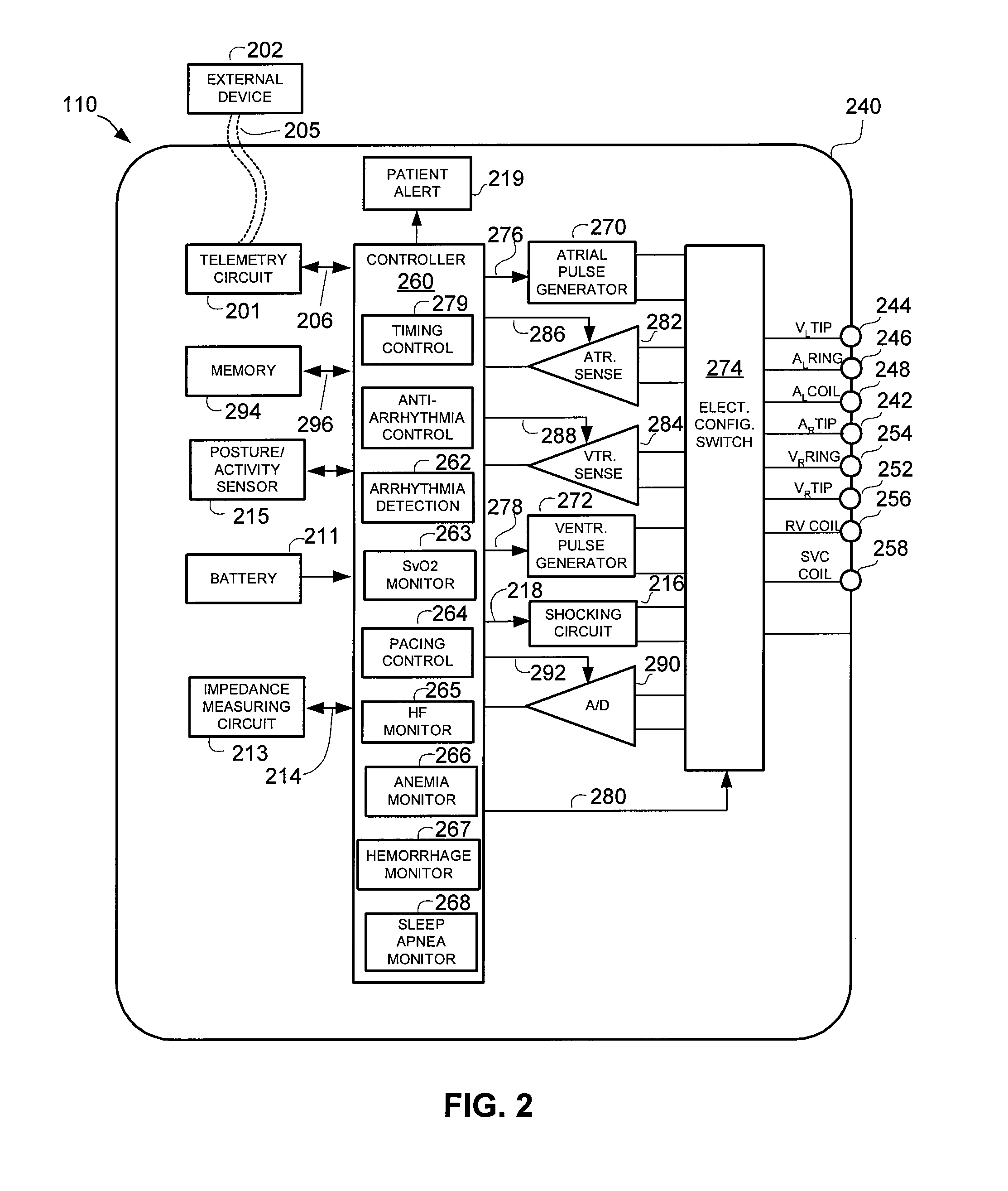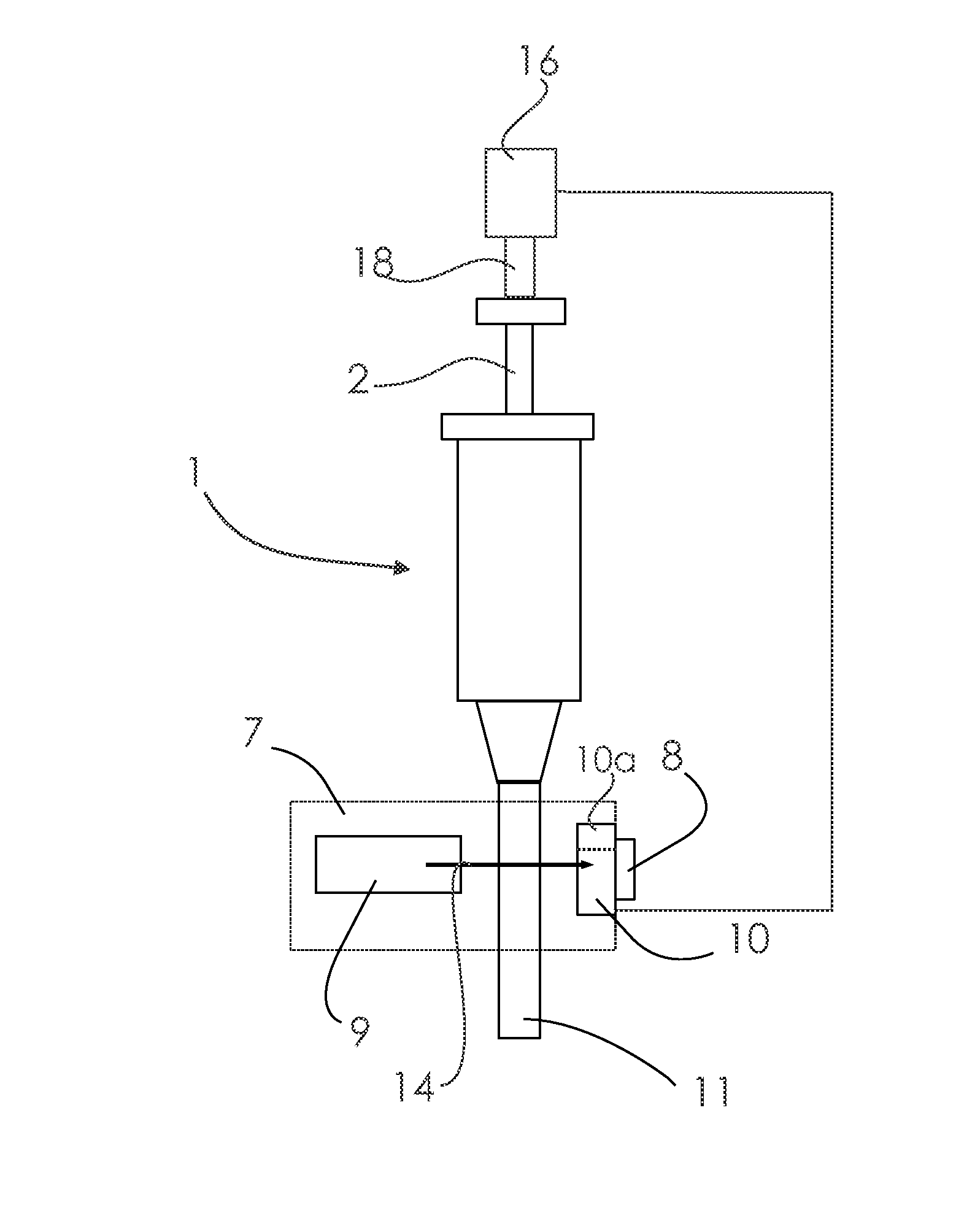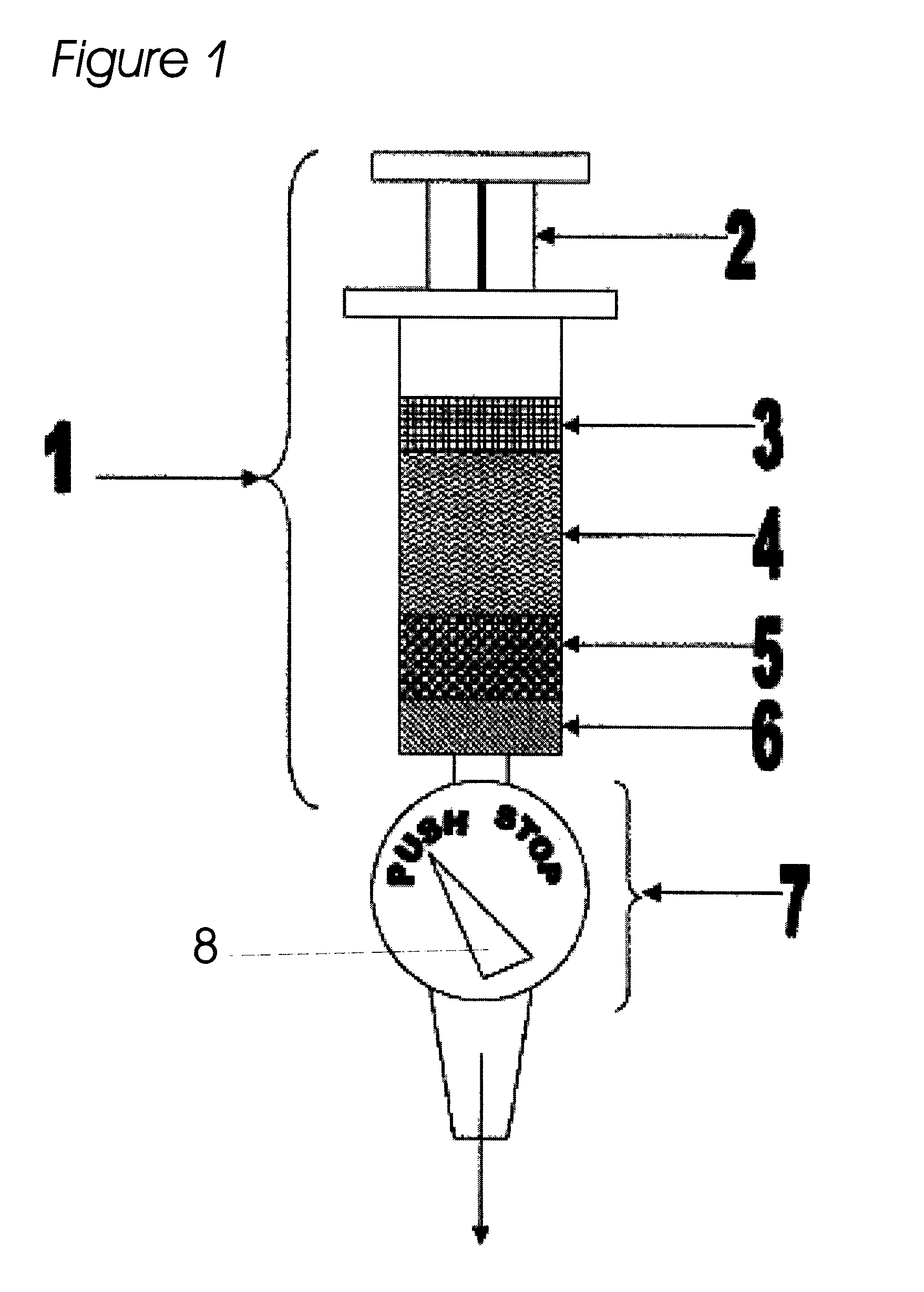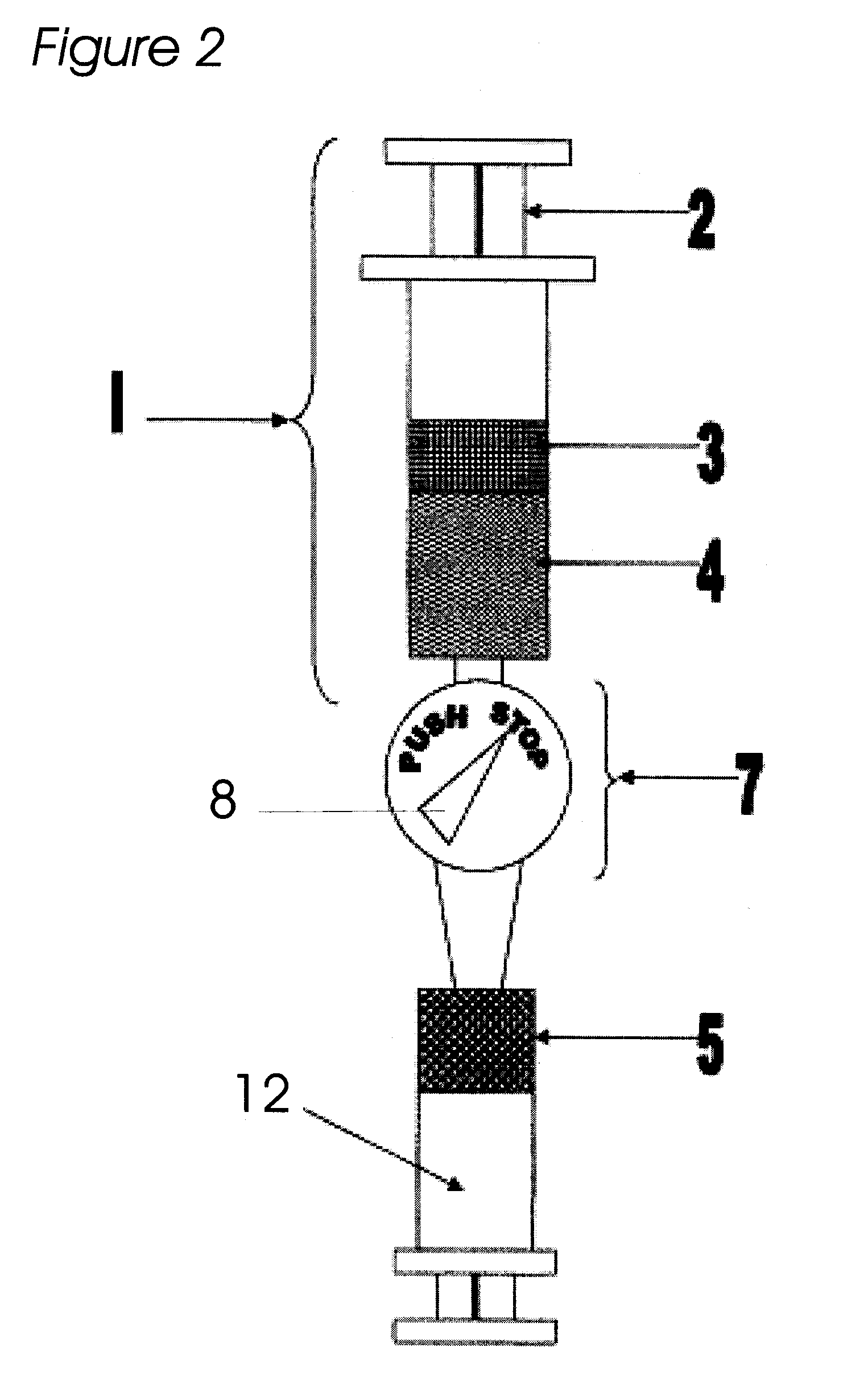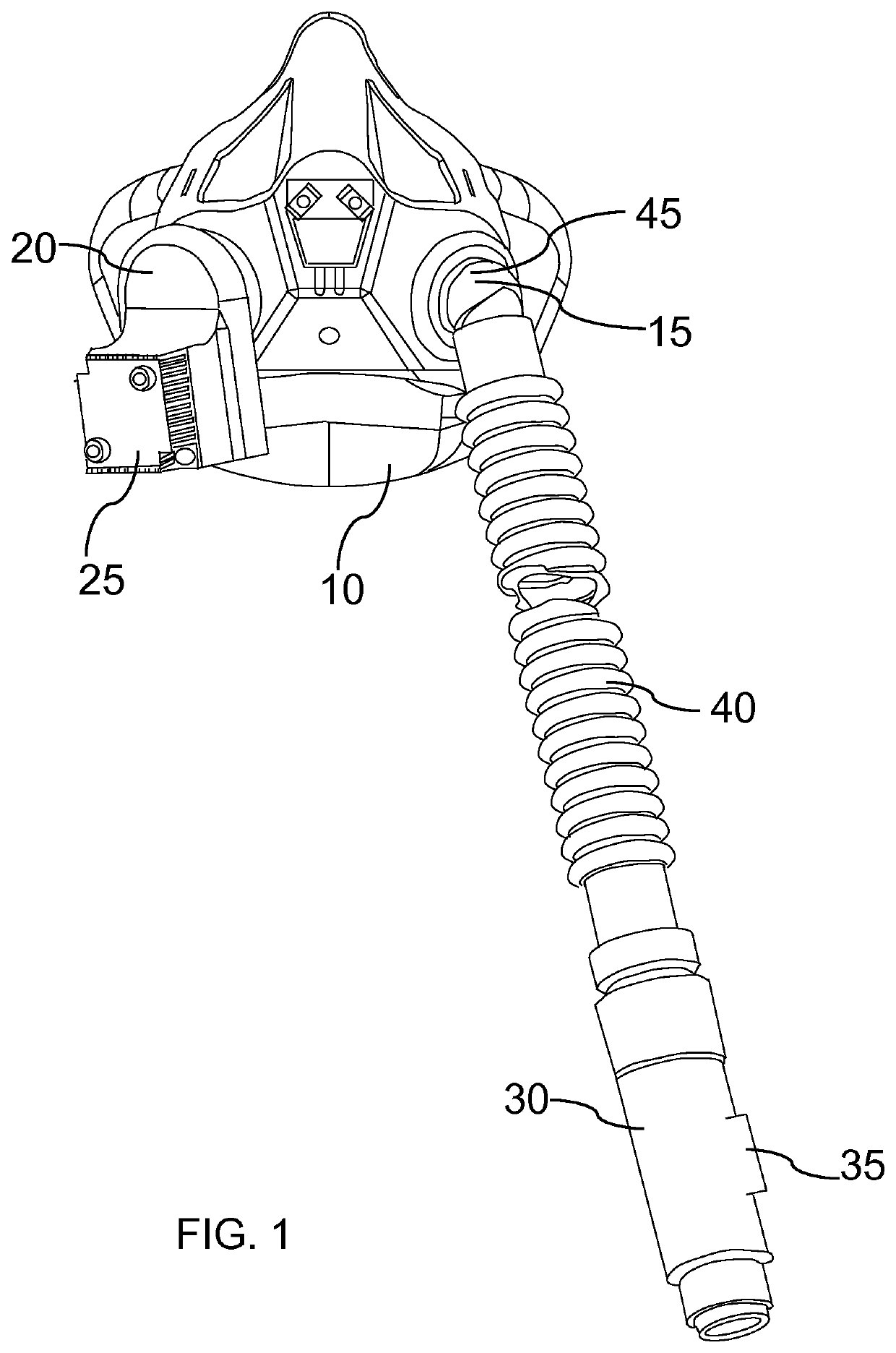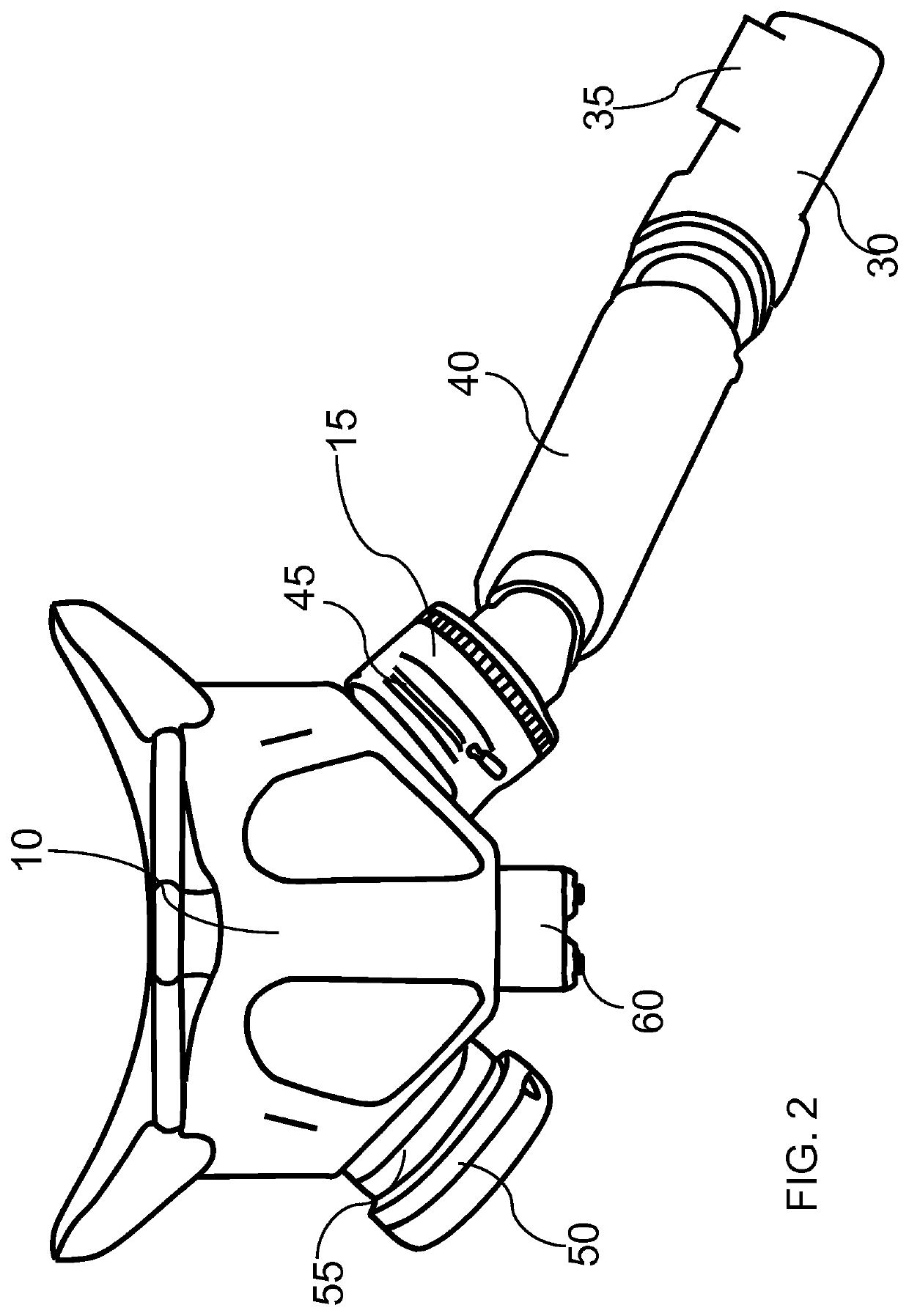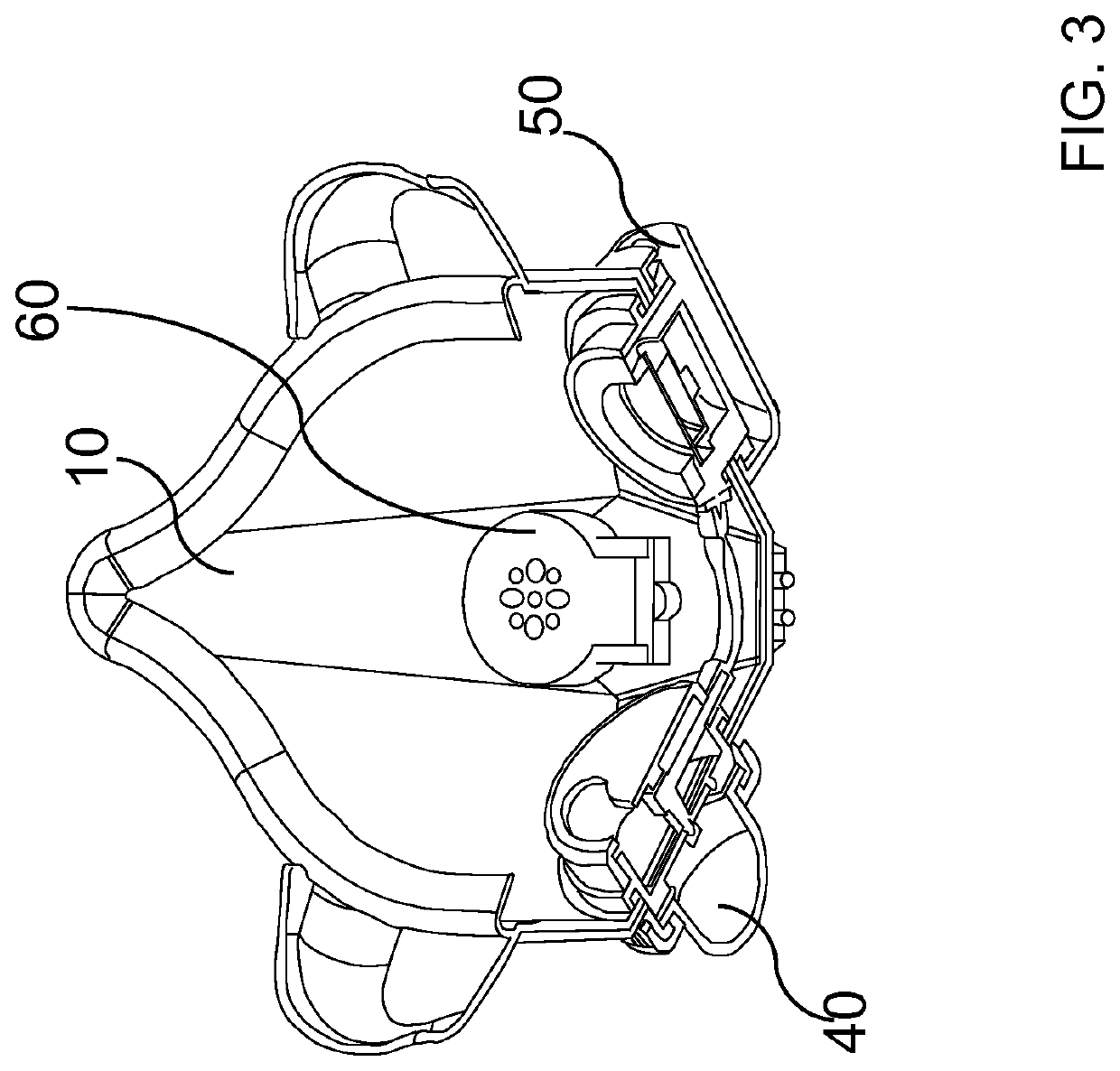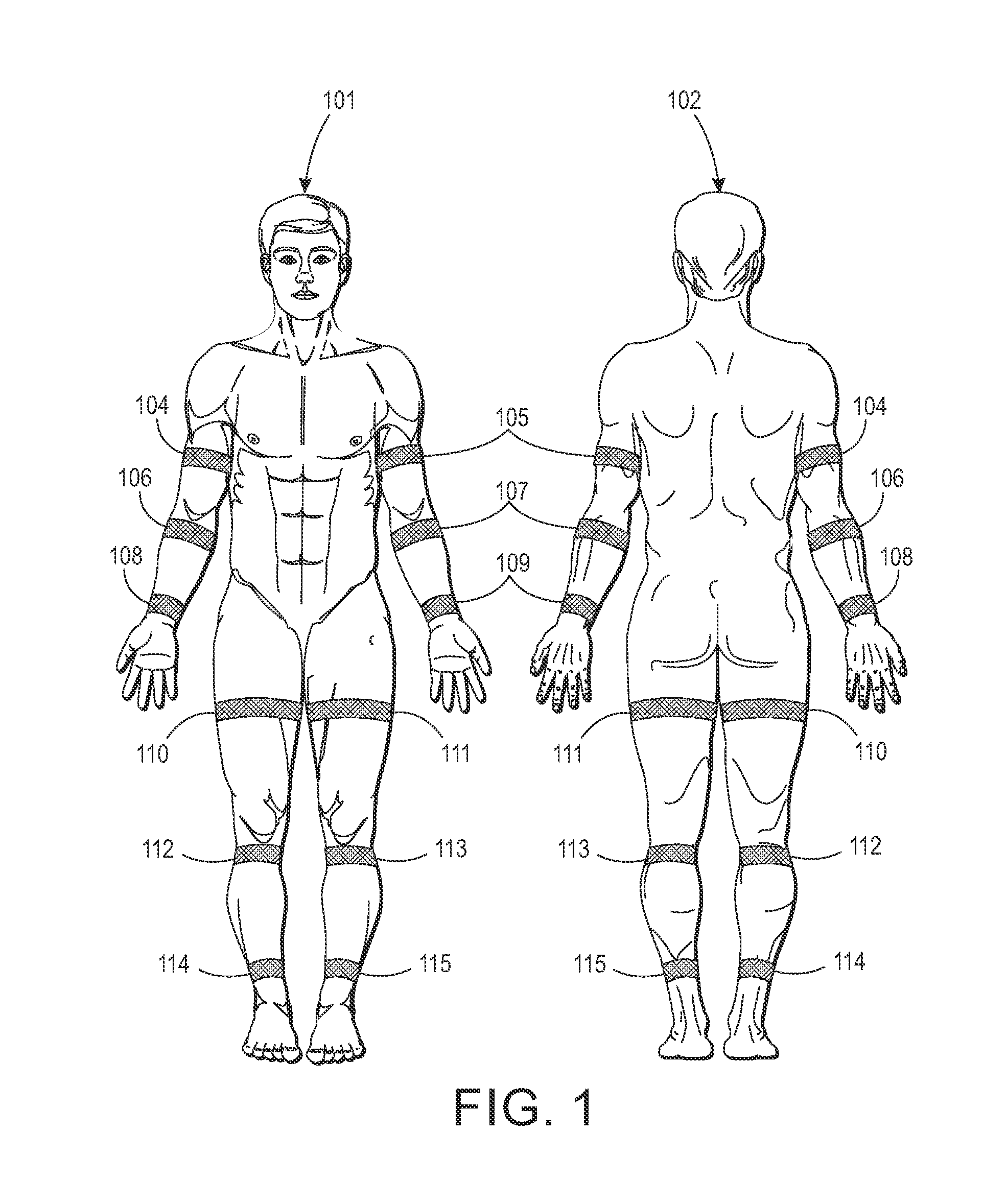Patents
Literature
Hiro is an intelligent assistant for R&D personnel, combined with Patent DNA, to facilitate innovative research.
422 results about "Saturation oxygen" patented technology
Efficacy Topic
Property
Owner
Technical Advancement
Application Domain
Technology Topic
Technology Field Word
Patent Country/Region
Patent Type
Patent Status
Application Year
Inventor
Oxygen saturation is the fraction of oxygen-saturated hemoglobin relative to total hemoglobin (unsaturated + saturated) in the blood. The human body requires and regulates a very precise and specific balance of oxygen in the blood.
Non-invasive method and apparatus for determining a physiological parameter
InactiveUS20050192488A1Accurate resultAccurately measureElectrotherapyElectrocardiographyLinear algorithmNon invasive
The present invention relates to an apparatus and method for the non-invasive analysis of physiological attributes, such as heart rate, blood pressure, cardiac output, respiratory response, body composition, and blood chemistry analytes including glucose, lactate, hemoglobin, and oxygen saturation. Using a combination of multi-functioning disparate sensors, such as optical and electrical, improvements are made over existing physiological measurement devices and techniques. The special configuration of one or more multi-functional sensors is used to non-invasively measure multi-wavelength optical plus one or more of ECG, Bio-impedance, and RF-impedance spectroscopic data. This information is used to develop self-consistent, non-linear algorithm in order to derive the physiological attributes while compensating for various forms of interfering effects including motion artifacts, sensor attachment variability, device component variability, subject physical and physiology variability, and various interfering physiological attributes.
Owner:BIOPEAK CORP
System and method for functional brain mapping and an oxygen saturation difference map algorithm for effecting same
A method of functional brain mapping of a subject is disclosed. The method is effected by (a) illuminating an exposed cortex of a brain or portion thereof of the subject with incident light; (b) acquiring a reflectance spectrum of each picture element of at least a portion of the exposed cortex of the subject; (c) stimulating the brain of the subject; (d) during or after step (c) acquiring at least one additional reflectance spectrum of each picture element of at least the portion of the exposed cortex of the subject; and (e) generating an image highlighting differences among spectra of the exposed cortex acquired in steps (b) and (d), so as to highlight functional brain regions. Algorithms for calculating oxygen saturation and blood volume maps which can be used to practice the method are also disclosed. Systems for practicing the method are also disclosed.
Owner:APPLIED SPECTRAL IMAGING
Pulse oximetry methods and apparatus for use within an auditory canal
Methods and apparatus for detecting oxygen saturation levels in blood from within an auditory canal of a living being proximal to a tympanic membrane are disclosed. The auditory canal is lined with tissue and includes a proximal bend and a distal bend located between the proximal bend and the tympanic membrane. Oxygen levels are detected by emitting one or more wavelengths of light into a first position on the tissue of the auditory canal in a first region defined by the distal bend and the tympanic membrane. The wavelengths of light are then sensed at a second position on the tissue of the auditory canal in the first region. A blood oxygen saturation level and / or pulse rate is then calculated responsive to intensity information corresponding to the wavelengths of light detected at the second position.
Owner:SARNOFF CORP
Optical apparatus and method of use for non-invasive tomographic scan of biological tissues
The present invention relates to a non-invasive optical system equipped with optical tomographic scanning method and algorithm for quantifying scattering and absorption properties and chromophore concentrations of highly scattering medium such as biological tissues, for 3D mapping and imaging reconstruction of the spatial and temporal variations in such properties. The invention further relates to a method and an apparatus for simultaneous measurement of concentrations of biochemical substances and blood oxygen saturation inside a biological tissue and arterial blood.
Owner:O2 MEDTECH +1
Method for spectrophotometric blood oxygenation monitoring
ActiveUS20040024297A1Inhibition effectNon-invasive determinationSensorsColor/spectral properties measurementsBlood oxygenationNon invasive
A method and apparatus for non-invasively determining the blood oxygen saturation level within a subject's tissue is provided that utilizes a near infrared spectrophotometric (NIRS) sensor capable of transmitting a light signal into the tissue of a subject and sensing the light signal once it has passed through the transmitting a light signal into the subject's tissue, wherein the transmitted light signal includes a first wavelength, a second wavelength, and a third wavelength; (2) sensing a first intensity and a second intensity of the light signal, along the first, second, and third wavelengths after the light signal travels through the subject at a first and second predetermined distance; (3) determining an attenuation of the light signal for each of the first, second, and third wavelengths using the sensed first intensity and sensed second intensity of the first, second, and third wavelengths; (4) determining a difference in attenuation of the light signal between the first wavelength and the second wavelength, and between the first wavelength and the third wavelength; and (5) determining the blood oxygen saturation level within the subject's tissue using the difference in attenuation between the first wavelength and the second wavelength, and the difference in attenuation between the first wavelength and the third wavelength.
Owner:EDWARDS LIFESCIENCES CORP
Fetal pulse oximetry
InactiveUS7047055B2Minimize measurement errorDiagnostic recording/measuringSensorsObstetricsPulse oximetry
A fetal blood pulse oximetry method and apparatus using a first wavelength of light at about 655 to 705 nm and a second wavelength of light at about 820 to 900 nm. Measurements are taken through a mother's abdomen. Processing is performed to extract absorption information related to fetal arterial blood with calculation of fetal oxygen saturation from the extracted data.
Owner:TUFTS UNIV +1
Lenslet array for retinal oximetry
The multi-aperture system of the present invention provides a retinal oximetry apparatus for determining the level of oxygen saturation in retinal vessels using a lenslet array comprising at least seven lenses for the simultaneous measurement of reflected light with at least three wavelengths and at least four polarization states. The multi-aperture system of the present invention further provides an apparatus for determining the level of oxygen saturation in retinal vessels using a lenslet array comprising at least ten lenses for the simultaneous measurement of reflected light with at least three wavelengths for oxygen measurement, at least three wavelengths for melanin content, and at least four polarization states. Methods of operating the same are also provided.
Owner:CATHOLIC UNIV OF AMERICA
Processing Physiological Sensor Data Using a Physiological Model Combined with a Probabilistic Processor
InactiveUS20100274102A1Reliable and accurate measurementCharacter and pattern recognitionDiagnostic recording/measuringPulse oximetersSigma point
A pulse oximeter system comprises a data processor configured to perform a method that combines a sigma point Kalman filter (SPKF) or sequential Monte Carlo (SMC) algorithm with Bayesian statistics and a mathematical model comprising a cardiovascular model and a plethysmography model to remove contaminating noise and artifacts from the pulse oximeter sensor output and measure blood oxygen saturation, heart rate, left-ventricular stroke volume, aortic pressure and systemic pressures.
Owner:VITAL METRIX INC
Simulated Altitude Method and Apparatus
InactiveUS20070221225A1Adapt wellQuality controlRespiratorsBreathing protectionSimulated altitudeEngineering
An altitude simulation system is disclosed for simulating an altitude within an enclosure or mask, wherein various improvements are provided, including: (a) a more effective use hypoxpic air generated by the system via recirculating techniques and improvements in air leakage, (b) improvements in determining when a simulated altitude is reached, (c) improvements in controlling hypoxic air generators so that peak electrical power loads are reduced and there are enhanced failsafe features for protecting the health of users, (d) using a pulse oximetry device for measuring oxygen saturation in a user's blood to thereby vary the oxygen content in the air provided to the user.
Owner:COLORADO ALTITUDE TRAINING
Pulmonary pulse oximetry method for the measurement of oxygen saturation in the mixed venous blood
InactiveUS20130310669A1Diagnostics using lightMaterial analysis by optical meansVenous bloodPulse oximetry
A method for obtaining diagnostic information relating to the lungs of a subject includes directing into tissue of the lungs of the subject light of a first wavelength and detecting part of the light that has passed primarily through microcirculatory tissue of the lungs and generating a signal which is a function of intensity of the detected light. The signal is then processed to derive a PPG curve for pulmonary microcirculatory arteries. The method is implemented using various locations for a light source and a detector, including various combinations of positioning on the thoracic wall, insertion into the esophagus, and in some cases, insertion of a probe through the thoracic wall to a position adjacent to the pulmonary pleura. Use of two different wavelengths allows derivation of mixed venous blood oxygen saturation.
Owner:JERUSALEM COLLEGE OF TECHNOLOG +1
Probabilistic biomedical parameter estimation apparatus and method of operation therefor
A probabilistic digital signal processor for medical function is described. Initial probability distribution functions are input to a dynamic state-space model, which operates on state and / or model probability distribution functions to generate a prior probability distribution function, which is input to a probabilistic updater. The probabilistic updater integrates sensor data with the prior to generate a posterior probability distribution function passed to a probabilistic sampler, which estimates one or more parameters using the posterior, which is output or re-sampled in an iterative algorithm. For example, the probabilistic processor operates using a physical model on data from a medical meter, where the medical meter uses a first physical parameter, such as blood oxygen saturation levels from a pulse oximeter, to generate a second physical parameter not output by the medical meter, such as a heart stroke volume, a cardiac output flow rate, and / or a blood pressure.
Owner:VITAL METRIX INC
Method and system in diffused light for scatheless monitoring blood-oxygen metabolizability of biologic tissue
ActiveCN1540314AImprove detection accuracyEasy to adjustScattering properties measurementsColor/spectral properties measurementsOxygenLength wave
Three light-emitting diodes (LED), each of which can emit light containing two wavelengths, setup at three different locations emit light in sequence in time interval of 0.5ms. Photoelectric detector located at position in same side of the said three LED detects light intensity of diffused from deep tissue irradiated by LED so as to calculate out optical density OD and blood-oxygen saturation of tissue to be tested. Simple structure of the system is suitable to practical request.
Owner:TSINGHUA UNIV
Method for eliminating interference to blood oxygen saturation monitoring
InactiveCN102499694ASuppression of motion interferenceAccurate blood oxygen saturationDiagnostic recording/measuringSensorsAdaptive filtering algorithmTarget signal
A method for eliminating interference to blood oxygen saturation monitoring includes steps of digitally filtering acquired red light and infrared light PPG (photoplethysmography) signals, removing low-frequency interference signals in direct current components, computing accurate direct-current component value, computing PPG signal envelope curves to extract alternating-current components, separating signals relevant with interference and serving the same as reference signals to be subjected to self-adaptive filtering, eliminating movement interference generated from aliasing of frequency and target signals in the alternating-current components, computing to obtain the accurate PPG alternating-current component value, and finally computing the blood oxygen saturation after the interference is eliminated according to the Lambert-Beer's law. The method is capable of suppressing movement interference well and computing to obtain the accurate blood oxygen saturation value. By extracting the reference signals directly from the red light and infrared light PPG signals to realize self-adaptive filtering, the method is simple in construction, simple in algorithm and small in computing number, has no need of an extra device for providing reference signals, is free of multiple self-adaptive filtering, and facilitates miniaturization and portability of monitoring equipment.
Owner:INST OF FIELD OPERATION SURGERY NO 3 MILITARY MEDICL UNIV PLA
Biometric and environmental monitoring and control system
ActiveUS10561863B1Reduce riskHazard reductionHealth-index calculationBreathing masksCardiac functioningSaturation oxygen
A wearable device for comprehensive bio-monitoring of physiologic metrics to determine metabolic, pulmonary and cardiac function and oxygen saturation measurements from breathing mask apparatuses. The device non-invasively monitors the physiologic profile of the subject, and is capable of detecting physiologic changes, predicting onset of symptoms, and alerting the wearer or another person or system. In some embodiments, the device comprises both a wearable sensor suite and a portable gas composition and flow analysis system. In preferred embodiments, it comprises a miniaturized non-invasive sensor suite for detecting physiologic changes to detect dangerous breathing or other health conditions. The acquired physiologic profile is used to generate alarms or warnings based on detectable physiological changes, to adjust gas delivery to the subject, alter mission profiles, or to transfer control of the craft or other duties away from a debilitated subject. The device is compact, portable, vehicle independent and non-encumbering to the subject.
Owner:ORBITAL RES
Characterization of moving objects in a stationary background
ActiveUS20050131284A1Easy to detectPromote absorptionCatheterColor/spectral properties measurementsVascular compartmentBlood flow
A method and system for determination and mapping the quantity of chromophores having a distinct spectrum attached to moving objects in an spectrally rich environment that may include multiple chromophores attached to stationary objects. An area of inters is imaged at different times and different wavelengths, and the spectral properties of the or more chromophores attached to the moving objects are separated from the stationary spectral properties of the background, followed by spectral analysis of the moving objects to determine their quantity. Application to the retinal vasculature is illustrated, showing the imaging, analyzing and quantifying of the oxygen saturation of retinal blood, resolved for the different vascular compartments—capillaries, arterioles, venules, arteries, and veins. Changes in the structure of the vascular environment are also determined, whether growth of new vessels or the elimination of existing ones, by the generation of path maps based on analysis of differential images taken at a single wavelength of the moving components in the blood flow.
Owner:YEDA RES & DEV CO LTD
Device and method for determining the blood oxygen saturation of a subject
ActiveUS9125606B2Accurately determining the blood oxygen saturation of a subjectReduce noise levelImage enhancementImage analysisData streamData signal
A device for determining blood oxygen saturation of a subject comprises an interface for receiving a data stream derived from detected electromagnetic radiation emitted or reflected from one or more skin portions of the subject, said data stream comprising a data signal per skin pixel for a plurality of skin pixels of said one or more skin portions. An analyzer determines the change in blood oxygen saturation of said plurality of skin pixels based on the data signals of said plurality of skin pixels. A selector selects a group of skin pixels comprising either the skin pixels showing the fastest change in blood oxygen saturation or said plurality of skin pixels except for skin pixels showing the slowest change in blood oxygen saturation. A processor determines the blood oxygen saturation of the subject based on the data signals of the selected group of skin pixels.
Owner:KONINKLJIJKE PHILIPS NV
Characterization of moving objects in a stationary background
ActiveUS7912534B2Promote absorptionImprove reflectivityCatheterColor/spectral properties measurementsVascular compartmentOphthalmology
A method and system for determination and mapping the quantity of chromophores having a distinct spectrum attached to moving objects in an spectrally rich environment that may include multiple chromophores attached to stationary objects. Au area of interest is imaged at different times and different wavelengths, and the spectral properties of the chromophores attached to the moving objects are separated from the stationary spectral properties of the background, followed by spectral analysis of the moving objects to determine their quantity. Application to the retinal vasculature is illustrated, showing the imaging, analyzing and quantifying of the oxygen saturation of retinal blood, resolved for the different vascular compartments, including capillaries, arterioles, venules, arteries, and veins.
Owner:YEDA RES & DEV CO LTD
Method and device for preventing obstructive sleep sudden death based on intelligent mobile phone control
ActiveCN103462597APrevention of Sudden Sleep DeathDiagnostic recording/measuringSensorsImage detectionSaturation oxygen
The invention provides a monitoring device controlled based on an intelligent mobile phone for preventing obstructive sleep sudden death. The monitoring device includes the intelligent mobile phone, an image detection and signal treatment device and an oximeter. The image detection and signal treatment device includes: an image recognition and signal treatment module based on Digital Signal Processor (DSP), an RGB camera shooting module, a storage module and a wireless module. The recognition and signal treatment module includes: a heart rate signal analysis module, a snore signal analysis module and a breathe frequency analysis module. The heart rate analysis module is respectively connected to the RGB camera shooting module and the storage module and measures the sleep heart rate, the breathe, and the snore in non-contact manner, measures the blood oxygen saturation through the oximeter, fits a function according to negative correlation of the blood oxygen saturation and sleep apnea time, thereby improving the veracity and effectiveness of the oximeter, systematically analyzing the signal variation to recognize the sleep condition and to prevent the sleep sudden death.
Owner:WENZHOU MEDICAL UNIV
Treatment quality management method of breathing machine and system thereof
The invention relates to a treatment quality management method of a breathing machine. The method comprises: step one, monitoring flowing speed and waveform information of a pipe of a breathing machine; step two, monitoring pressure and waveform information in the pipe of the breathing machine; step three, monitoring oxygen concentration information in an oxygen channel and / or breathing machine pipe; step four, monitoring oxygen flow information in the oxygen channel and sending the information to a cloud and a monitoring terminal; step five, monitoring blood oxygen saturation and pulse rate information in blood of a breathing machine user and sending the information to the cloud and the monitoring terminal; step six, monitoring CO2 pressure dividing information in alveolar of the breathing machine user or a CO2 waveform of an exhalation end in a breathing machine pipe line and sending the monitored information to the cloud and the monitoring terminal; and step seven, monitoring comparison of the terminal and a preset threshold value and determining whether treatment of the breathing machine is normal. With the method, the overall progress is improved based on real-time monitoring of feedback of equipment data and patient data.
Owner:广州弘凯物联网服务有限公司
Fluid flow rate measuring and gas bubble detecting apparatus
ActiveUS20180110913A1Other blood circulation devicesBlood flow measurement devicesEngineeringSpecific volume
A fluid flow sensing and bubble detecting apparatus includes a housing comprising a channel configured to receive a tube through which fluid flows; a sensor apparatus disposed within the housing, which includes a first sensor operable to measure flow rate of fluid and to detect bubbles in flowing fluid; and a temperature sensor operable to detect temperature of the flowing fluid; and a processor connected to receive fluid flow rate data obtained by the first sensor, to receive bubble detection data obtained by the first sensor, and to receive fluid temperature data obtained by the temperature sensor, wherein when a tube through which fluid flows is disposed in the channel of the housing, the first sensor measures the flow rate of the flowing fluid and detects bubbles therein, and the temperature sensor measures the temperature of the flowing fluid, and the processor calculates in a short period of time a fluid flow rate corrected for temperature. All sensors are non-invasive and have no direct contact to the fluid in the tube, which might be blood. In accordance with additional embodiments, the fluid flow rate is additionally corrected for hemoglobin or hematocrit, and the effect of oxygen saturation on the hemoglobin or hematocrit data.
Owner:MAQUET CARDIOPULMONARY GMBH
Method and system of aircraft pilot assessment and for remedial action upon pilot impairment
ActiveUS20080122636A1Improve reliabilityReliable methodBreathing protectionDigital data processing detailsEyelidDriver/operator
A method and system are disclosed for assessing the capability of a first person to operate a machine, such as an aircraft or other transport vehicle. The method includes the steps of:(a) Sensing the value of at least one, and preferably two or more information parameters for assessing the fitness of the person operating the machine. The parameters include one or a combination of electroencephalogram information, electrocardiogram information, heart rate information, respiratory rate information, eye motion information, eyelid position information, eyelid motion information, expired gas mixture information, blood oxygen content information, blood oxygen saturation information and blood pressure information for the person operating the machine, and / or information about operation of the machine as well as information about actions taken by the person operating the machine.(b) Determining whether at least one value of one information parameter is / are not within the range of values deemed to be acceptable for a capable person.(c) Indicating when the at least one information parameter is / are not within the range of acceptable values, thereby indicating the person's decreased fitness and ability to operate the machine.
Owner:MILDE JR KARL F
Method for predicting apnea-hypopnea index from overnight pulse oximetry readings
The present invention provides a predictive tool for predicting Apopnea Hypopnea Index (AHI) in the diagnosis of Obstructive sleep apnea (OSA). The predictive tool is developed by recording pulse oximetry readings, obtaining delta index, oxygen saturation times and oxygen desaturation events from the oximetry readings. A multivariate non-parametric analysis and bootstrap aggregation is performed to obtain predictive models which can be used to predictive AHI in an individual and to classify an individual as having or not having OSA.
Owner:VETERANS AFFAIRS U S DEPT OF +1
Non-contact automatic blood oxygen saturation degree measurement system and measurement method
InactiveCN103263271AOvercoming the Effects of Motion ArtifactsToleranceBlood characterising devicesPattern recognitionVideo record
The invention discloses a non-contact automatic blood oxygen saturation degree measurement system and measurement method. Measurement of a blood oxygen saturation degree is carried out through video shooting. The measurement system comprises a video collection module, a primary color component separation module, an ROI extraction module, a time-varying signal generation module, a filtering and noise reduction module and a signal calibration and analysis module. The measurement method comprises the steps: collecting a color video recording information of the wrist portion of a human body, extracting a red component image of the color video, extracting a region which includes the artery as ROI images, extracting a mean value of all pixels of each frame of ROI image as a feature value of the frame of ROI image, generating a time-amplitude waveform, conducting filtering and noise reduction on a waveform signal, conducting normalization and calibration on the filtered signal, then finding wave crests and wave troughs of the signal in a waveform period, obtaining a specific value of a wave crest value and a wave trough value, and estimating the blood oxygen saturation degree (SpO2) through the specific value. A non-contact remote physiological signal detection method is adopted, motion artifact impact in the video recording is overcome, measurement precision is high, and multiple people can be measured simultaneously.
Owner:TIANJIN DIANKANG TECH
Non-invasive, wireless, portable device applicable to the finger to reduce the risk of sudden infant death syndrome and reduce the risk of apnea, slower heart rate, and heart arrest in all age groups
ActiveUS8620448B1Reduce riskReduce rateElectrotherapyDiagnostic recording/measuringSIDS - Sudden infant death syndromeHeart rate deceleration
A non-invasive, wireless, portable device is applicable to the finger in order to reduce the risk of the sudden infant death syndrome and to reduce the risk of apnea, slower heart rate, and heart arrest in all age groups. The device is placed tightly on the distal end of a user's finger. As it is placed on the finger, this device may be inside a fabric cap attached to a glove of different sizes. This device measures blood oxygen saturation and heart rate through a sensor that is preferably a pulse oximeter. When any of these parameters falls below certain user-predetermined thresholds, an electric discharge is delivered to stimulate the user's reaction and a local and / or remote alarm is fired. In certain applications, the device is adequate to make the sleeping user react, and in others to prevent the user from falling asleep.
Owner:APN INTPROP LLC
Method and apparatus for improving cardiac efficiency based on myocardial oxygen consumption
ActiveUS20070150017A1Increase efficiencyModifying regional cardiac efficiencyHeart stimulatorsMyocardial tissueCardiac efficiency
Devices and methods for improving cardiac efficiency involve measuring, patient-internally, an oxygen saturation parameter indicative of oxygen usage of myocardial tissue of the heart. A cardiac electrical therapy is adjusted to cause a change of the measured oxygen saturation parameter, and the adjusted cardiac electrical therapy is selected for delivery based on a changed oxygen saturation parameter indicative of an increase in cardiac efficiency.
Owner:CARDIAC PACEMAKERS INC
Pulse saturation oxygen delivery system and method
ActiveUS20150174359A1Efficient processDoubling usage timeOperating means/releasing devices for valvesElectrocardiographyEngineeringOxygen saturation
A system and method for delivering oxygen to a passenger of an aircraft including a a supply of oxygen, an oral-nasal mask, a controller for adjusting a flow of oxygen from the supply of oxygen to the oral-nasal mask, and a sensor for determining a user's blood oxygen saturation level, wherein the controller adjusts the flow of oxygen based on the sensor's determination of the user's blood oxygen saturation level.
Owner:BE AEROSPACE INCORPORATED
Methods and systems to monitor venous blood oxygen saturation
Methods and system are provided for monitoring a patients venous blood oxygen saturation (SvO2). At least one signal indicative of electrical activity of a patient's heart is obtained. Such a signal can be, e.g., an IEGM or ECG signal. In specific embodiments, such a signal(s) can be obtained from implanted electrodes, and thus, embodiments of the present invention can be implemented by an implantable system. Additionally, there are measurements of at least one metric of cardiac cycles represented in the at least one signal indicative of electrical activity of the patient's heart, where the metric changes with changes in SvO2. Examples of such metric include T-wave metrics and PR intervals. SvO2, and changes therein, are monitored based on the measured metric(s).
Owner:PACESETTER INC
Method and apparatus for increasing adipose vascular fraction
InactiveUS8446586B2Mammal material medical ingredientsSkeletal/connective tissue cellsSuction LipectomySurgical biopsy
A method and device for processing mammalian adipose tissue such that the vascular rich fraction is separated from the vascular poor fraction, Mammalian adipose tissue in the form of morselated surgical biopsies and / or lipoaspirate from liposuction is placed within a novel syringe attached to a detection device measuring either color, light saturation, infra-red light, heme, iron or oxygen saturation. This process involves no label and minimal manipulation and handling of the tissue. This process and device may also be used intra-operatively under sterile conditions for immediate use within the same individual receiving liposuction or surgery.
Owner:COSGENIX
Biometric and environmental monitoring and control system
ActiveUS10786693B1Reduce riskHazard reductionBreathing masksFire rescueCardiac functioningEngineering
The present invention is a wearable device for comprehensive bio-monitoring of physiologic metrics to determine metabolic, pulmonary and cardiac function and oxygen saturation measurements from breathing mask apparatuses. The device non-invasively monitors the physiologic profile of the subject, and is capable of detecting physiologic changes, predicting onset of symptoms, and alerting the wearer or another person or system. In some embodiments, the device comprises both a wearable sensor suite and a portable gas composition and flow analysis system. In preferred embodiments, it comprises a miniaturized non-invasive sensor suite for detecting physiologic changes to detect dangerous breathing or other health conditions. The system utilizes advanced fast-response sensors with improved efficiency and lifespan, and provides rapid analysis for substantially real-time monitoring of the subject's present condition to predict, mitigate and / or prevent the onset of dangerous conditions.
Owner:ORBITAL RES
Method and apparatus for monitoring a subject for fractional blood oxygen saturation
What is disclosed is a system and method for monitoring a subject of interest for fractional blood oxygen saturation using an apparatus that can be comfortably worn by the subject around an area of exposed skin where a photoplethysmographic (PPG) signal can be registered. In one embodiment, the apparatus is a reflective or transmissive wrist-worn device with emitter / detector pairs fixed to an inner side of a band with at least three illuminators, each emitting source light at a different wavelength band. Each photodetector comprises sensors that are sensitive to a wavelength band of a respective illuminator. Each photodetector measures an intensity of sensed light emitted by a respective illuminator. The signal obtained by the sensors comprises a continuous PPG signal. The continuous PPG signal analyzed for fractional blood oxygen saturation levels and communicated to a remote device. Various embodiments are disclosed.
Owner:XEROX CORP
Features
- R&D
- Intellectual Property
- Life Sciences
- Materials
- Tech Scout
Why Patsnap Eureka
- Unparalleled Data Quality
- Higher Quality Content
- 60% Fewer Hallucinations
Social media
Patsnap Eureka Blog
Learn More Browse by: Latest US Patents, China's latest patents, Technical Efficacy Thesaurus, Application Domain, Technology Topic, Popular Technical Reports.
© 2025 PatSnap. All rights reserved.Legal|Privacy policy|Modern Slavery Act Transparency Statement|Sitemap|About US| Contact US: help@patsnap.com
